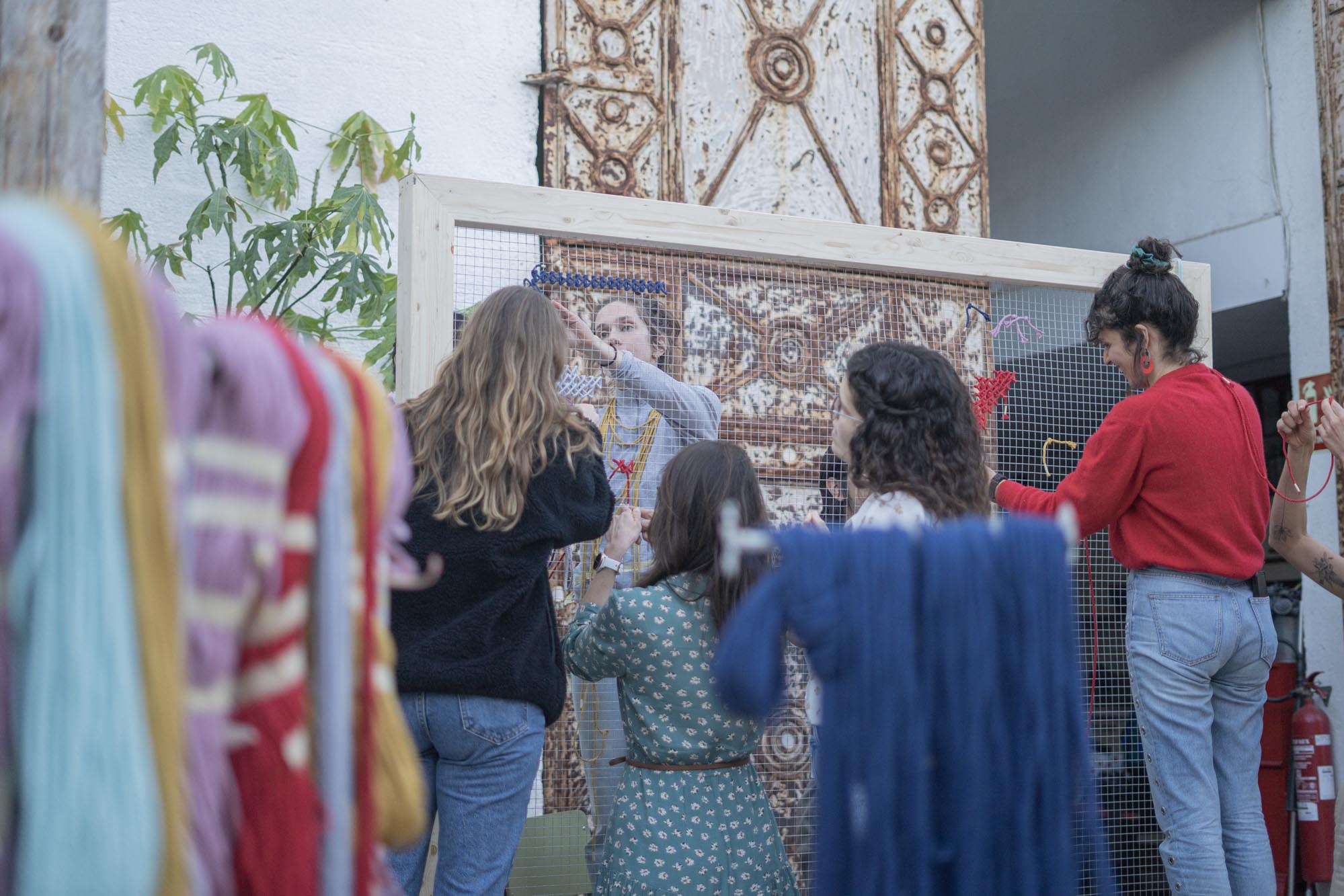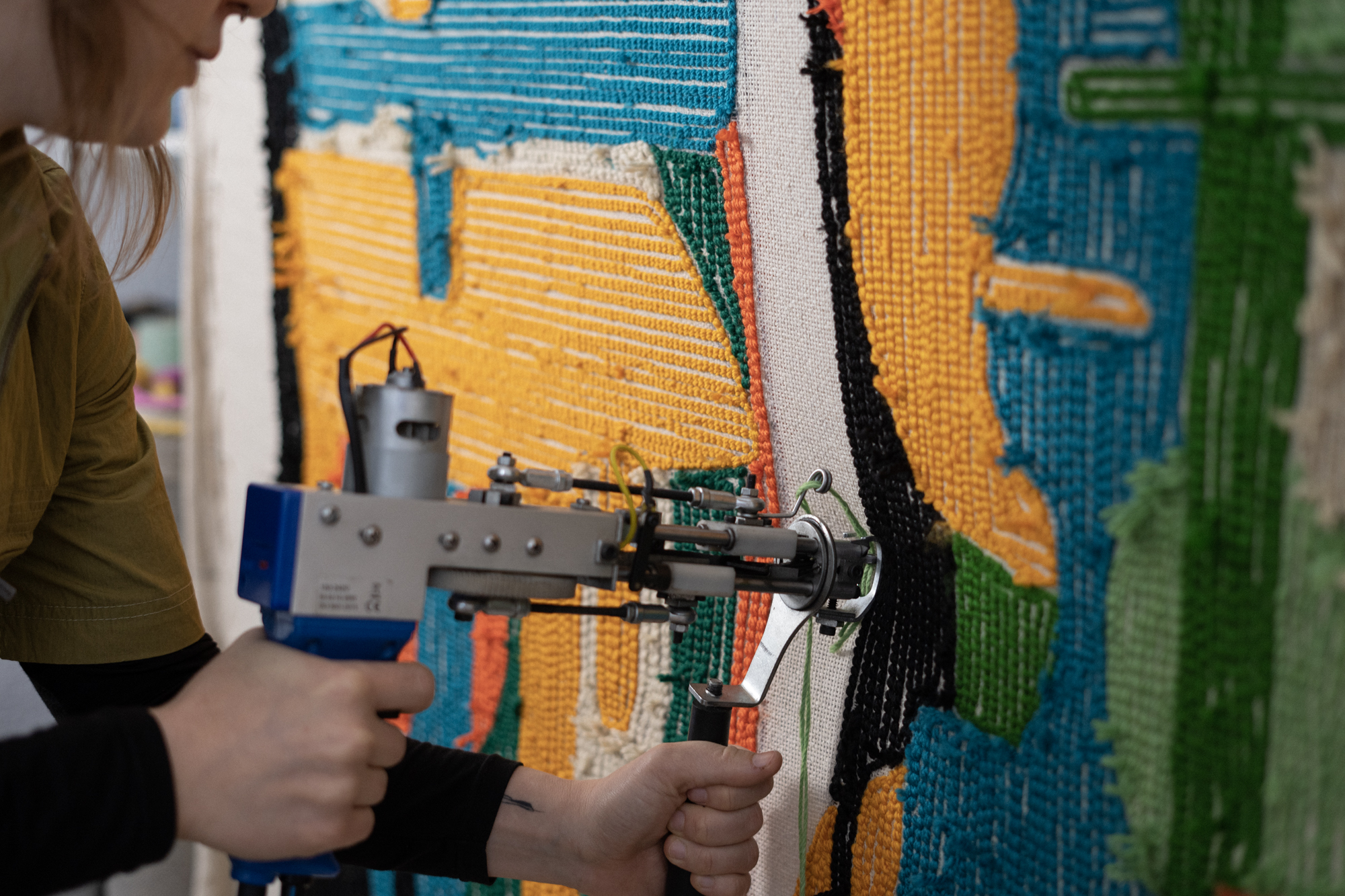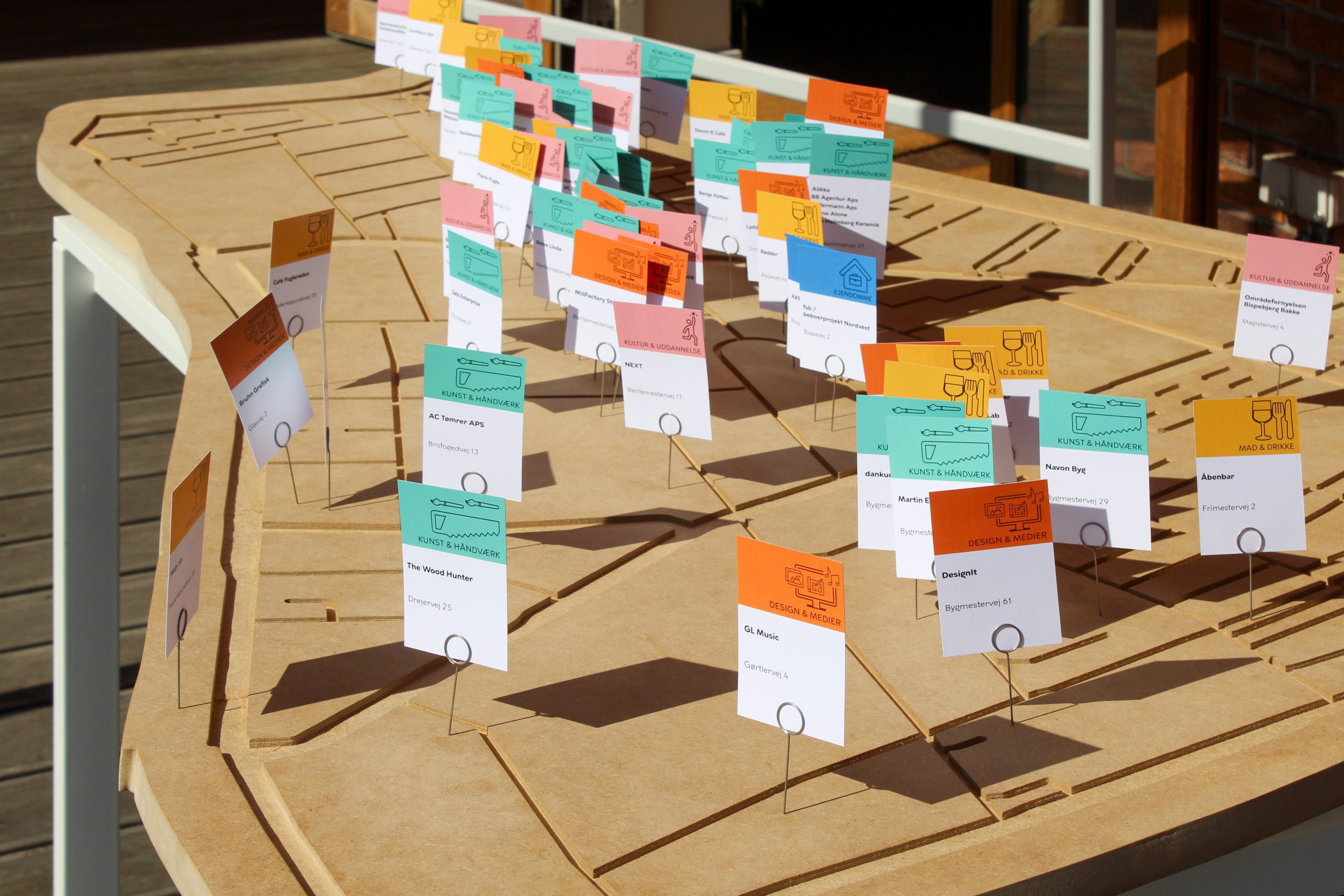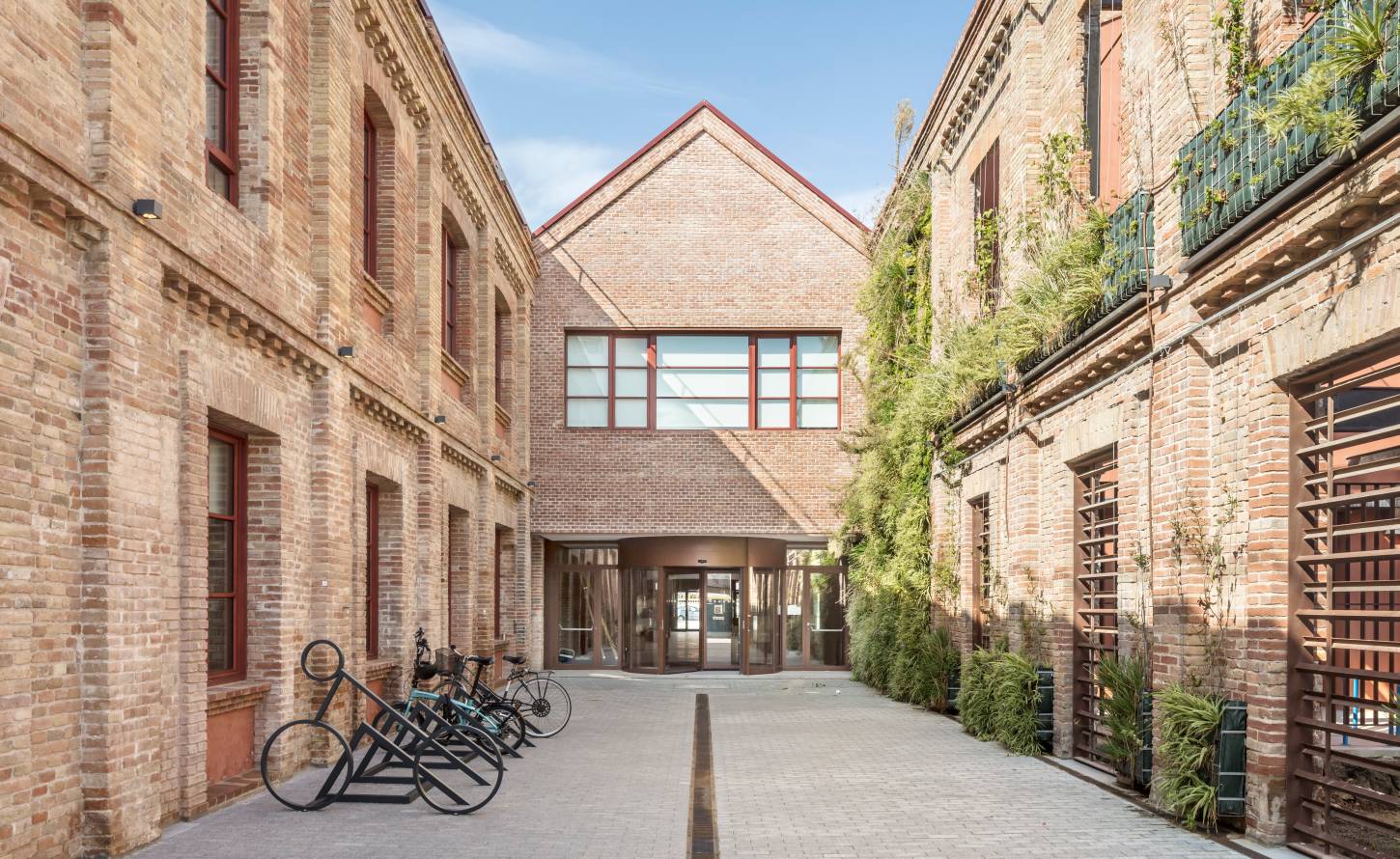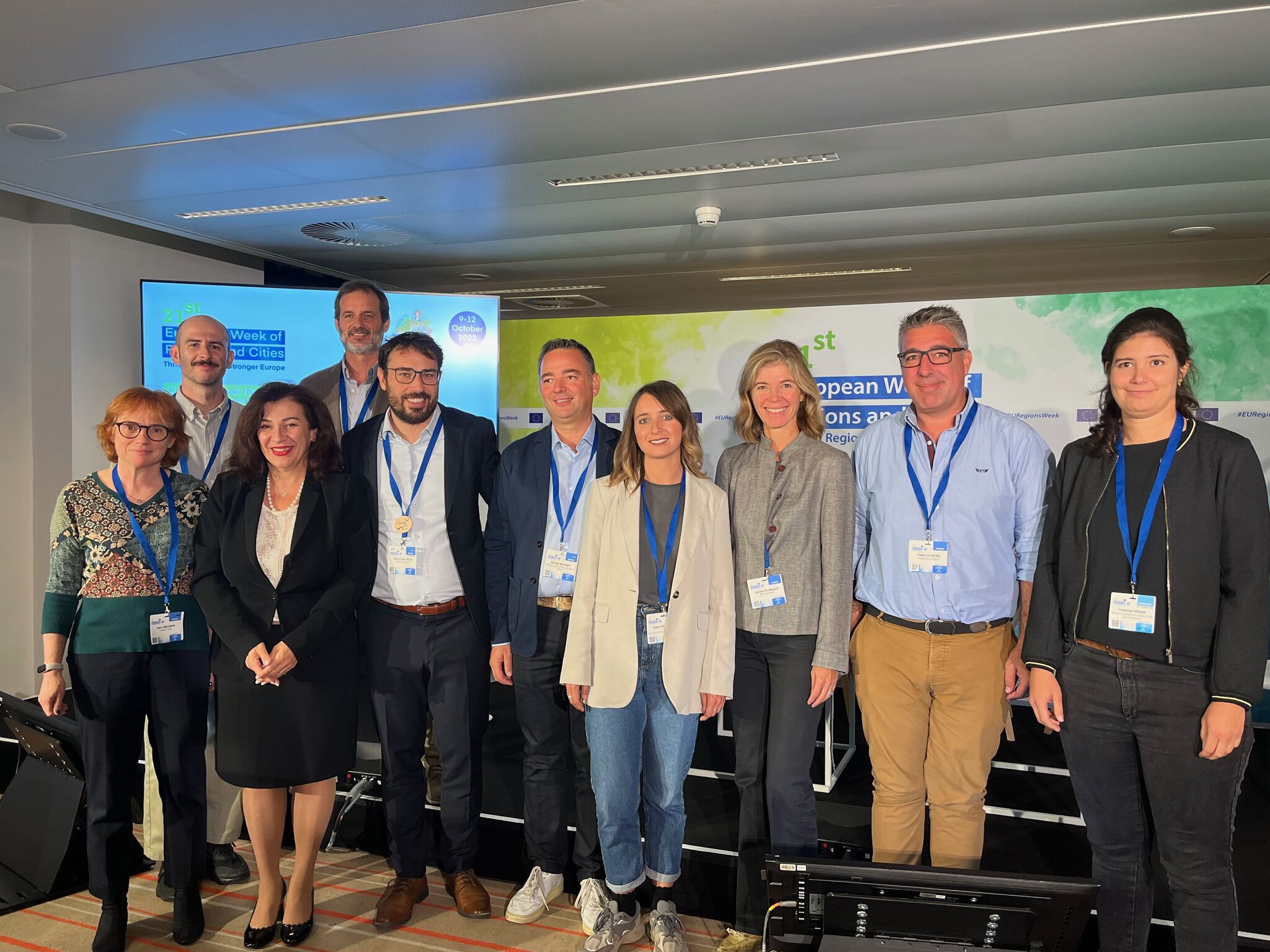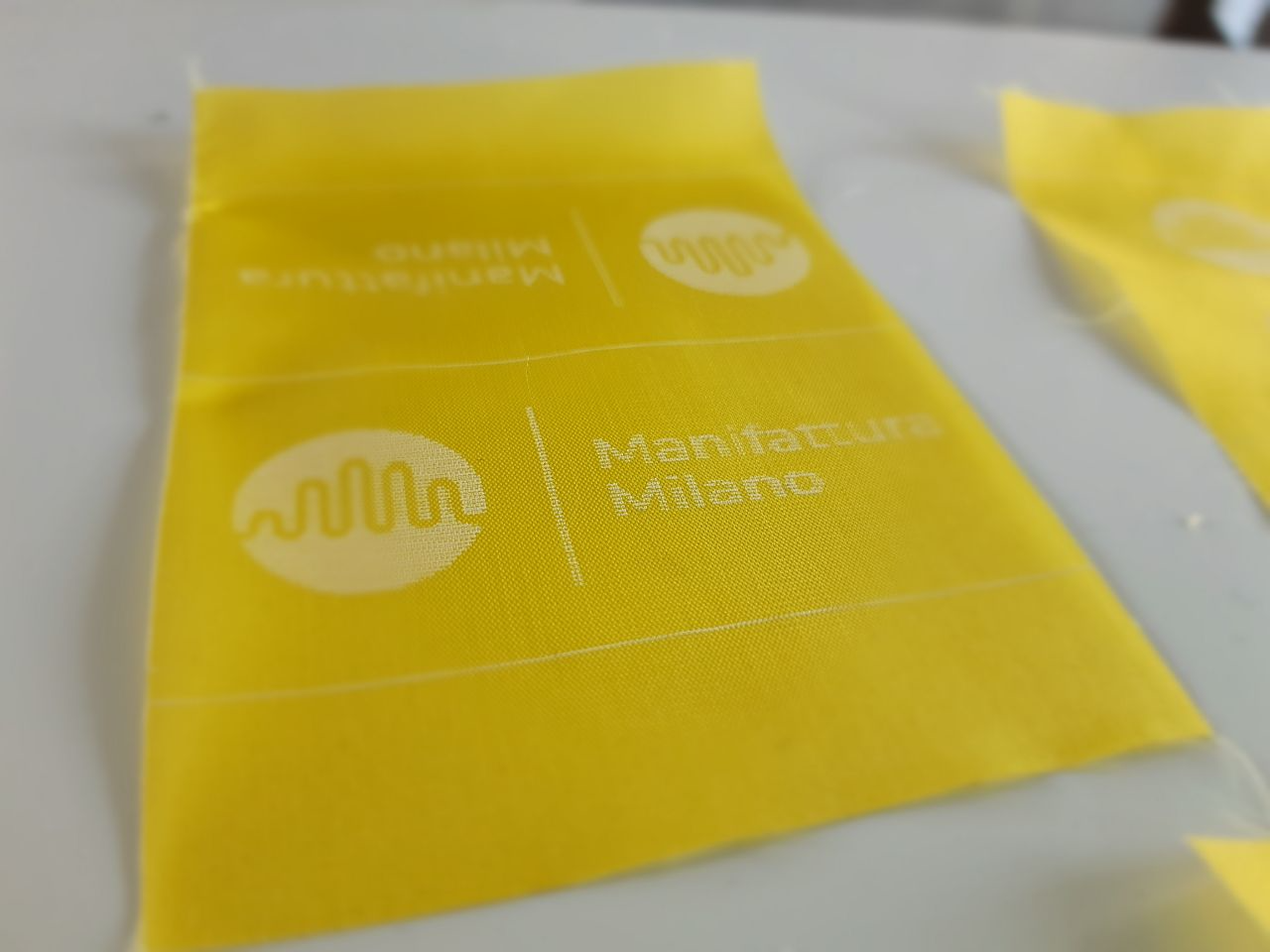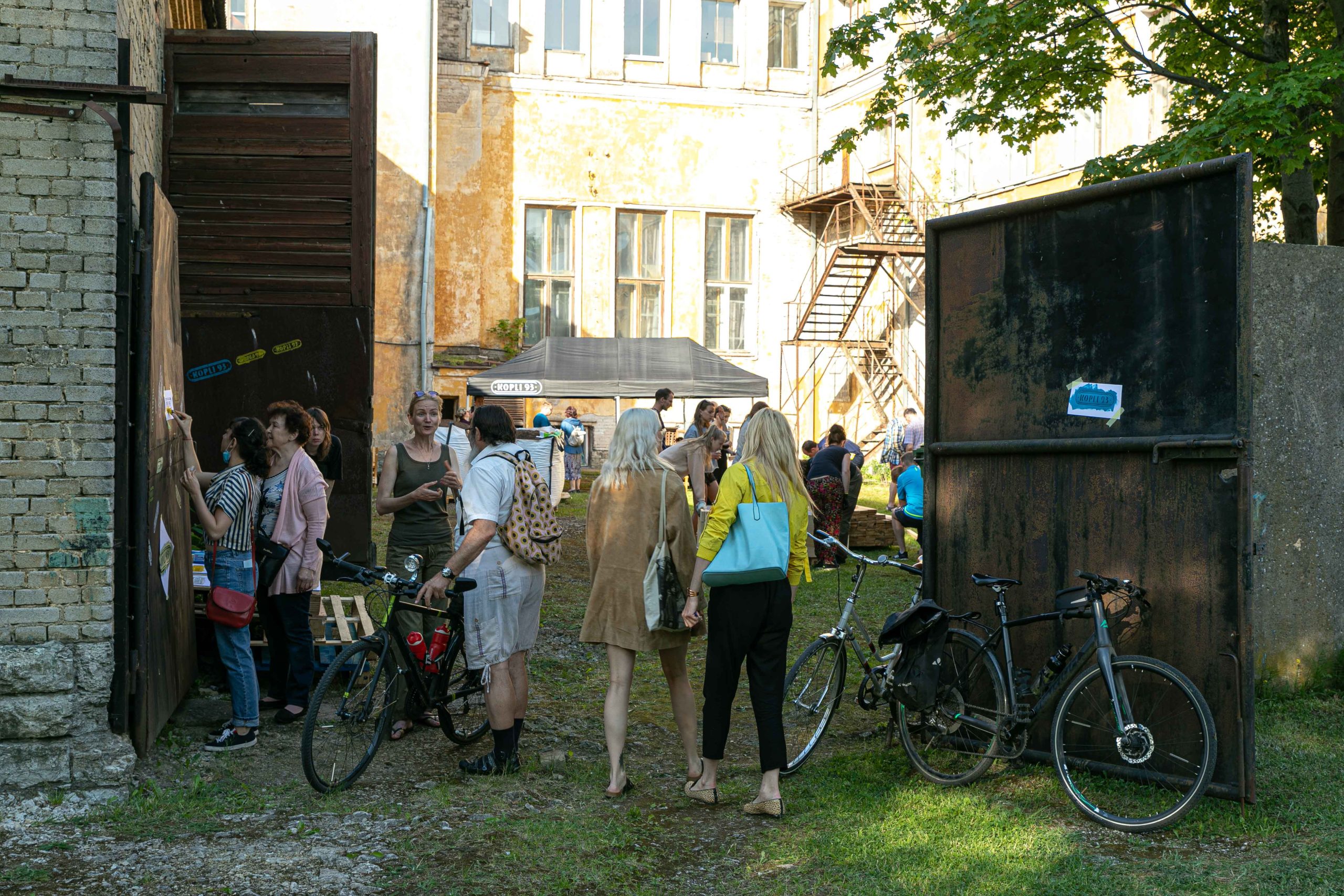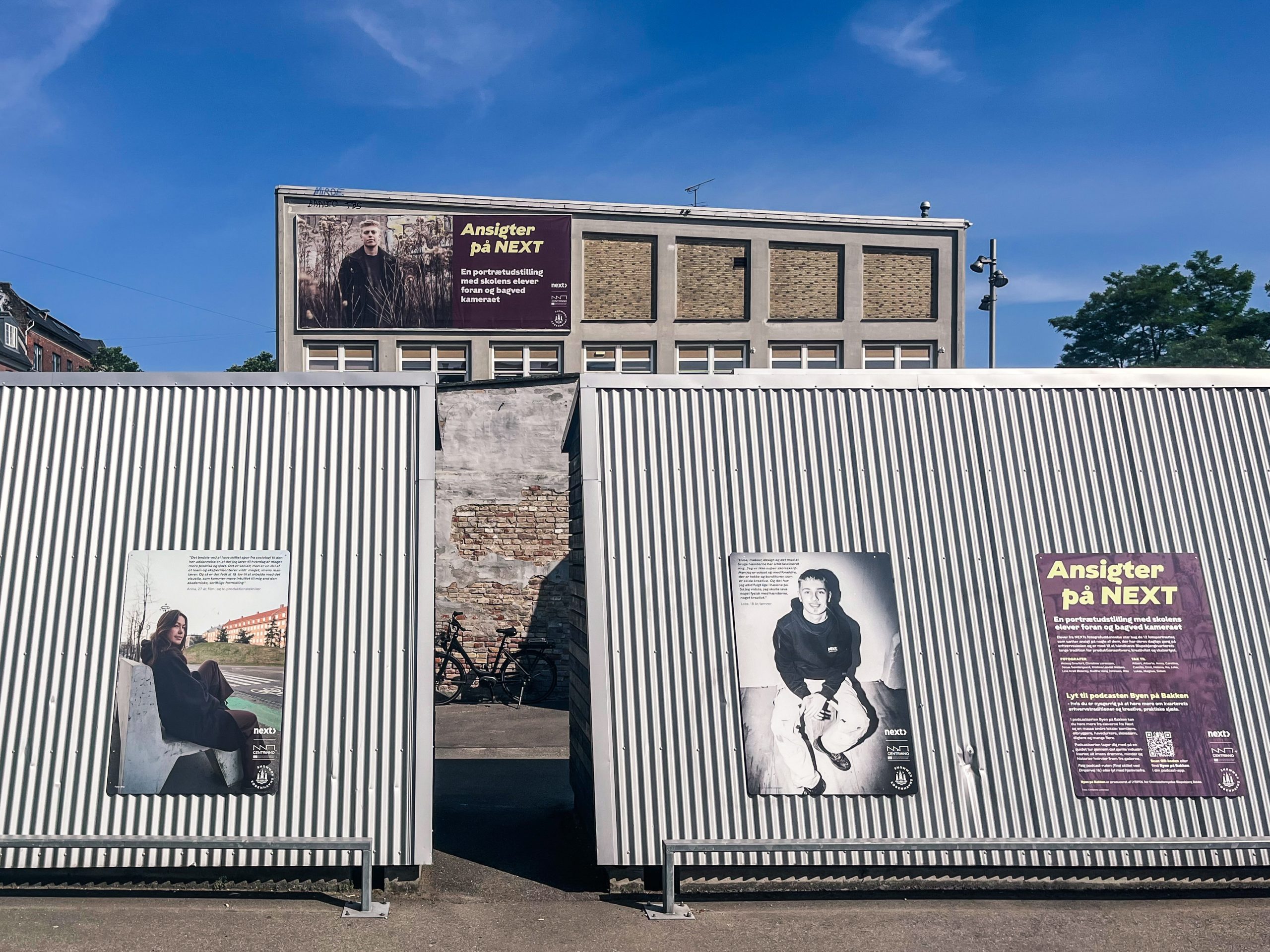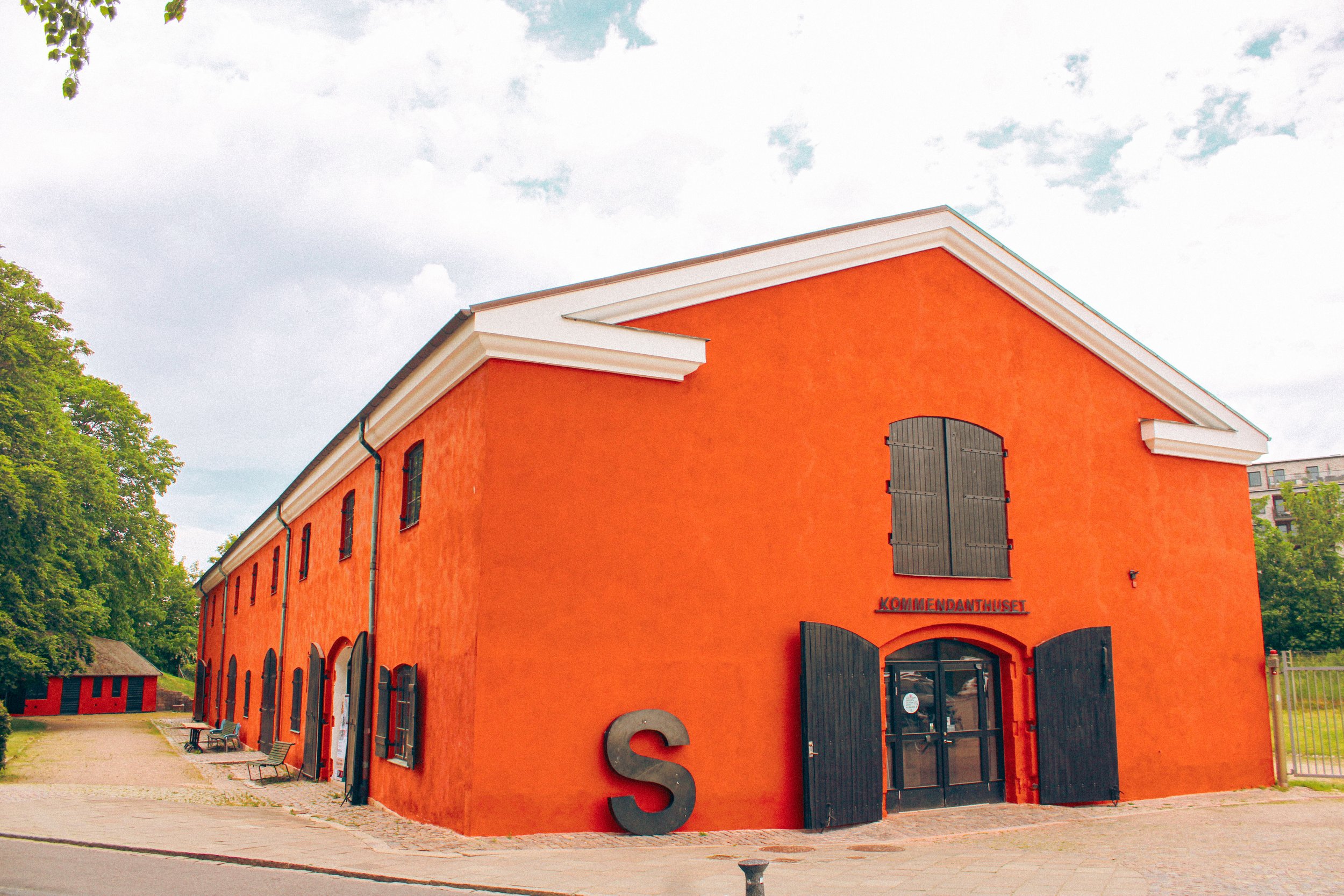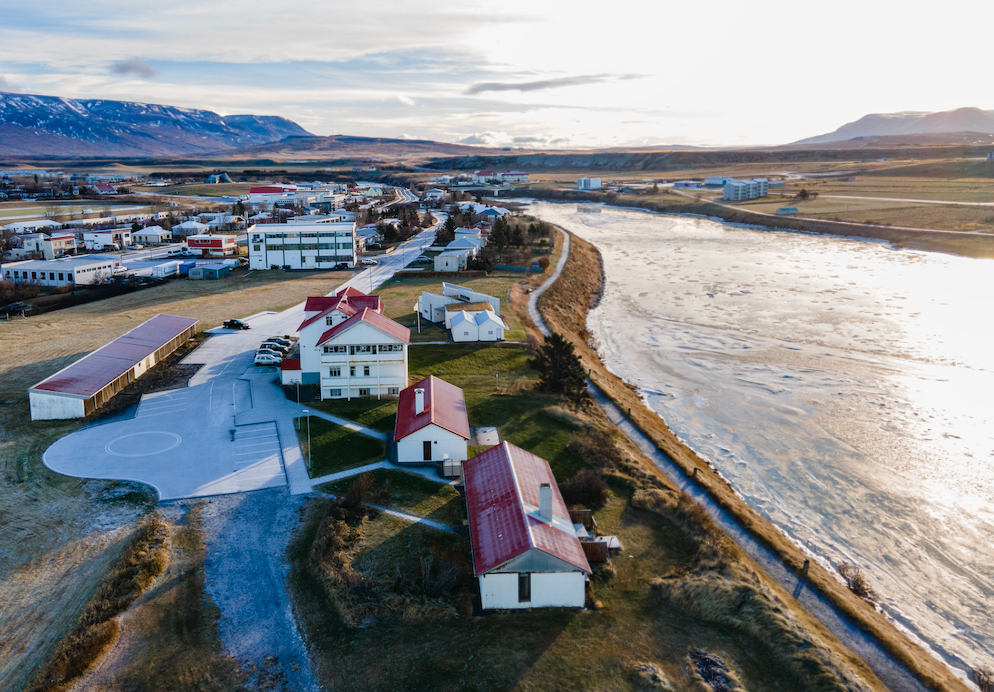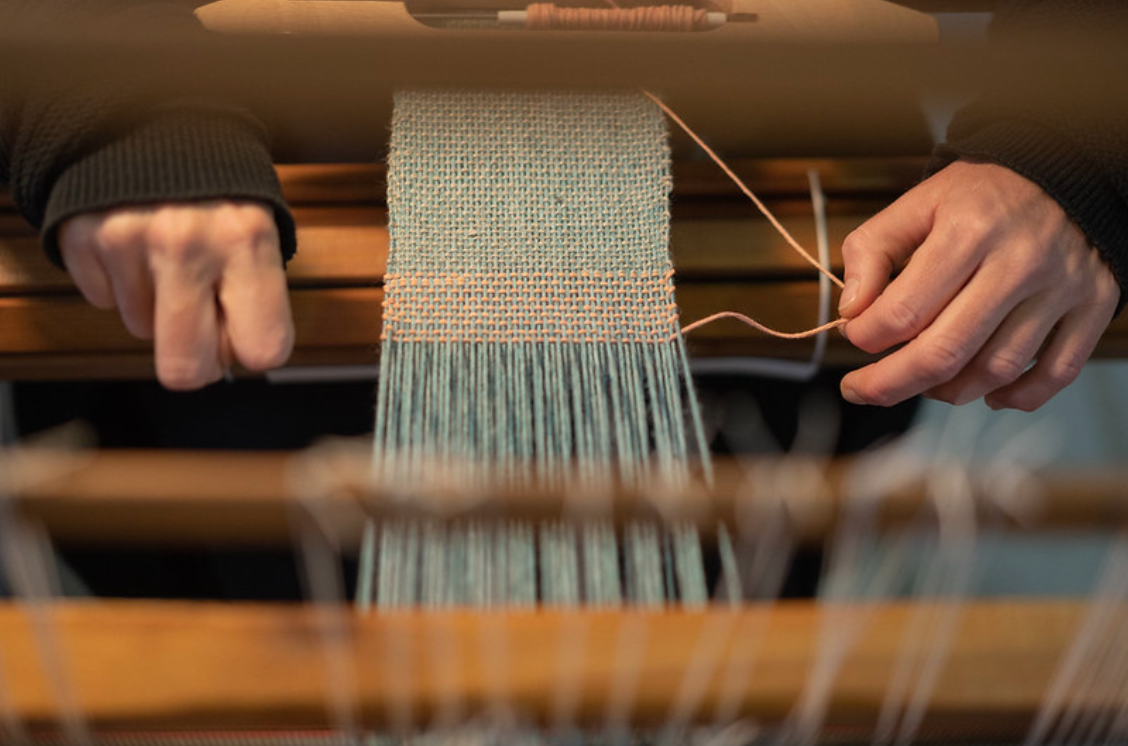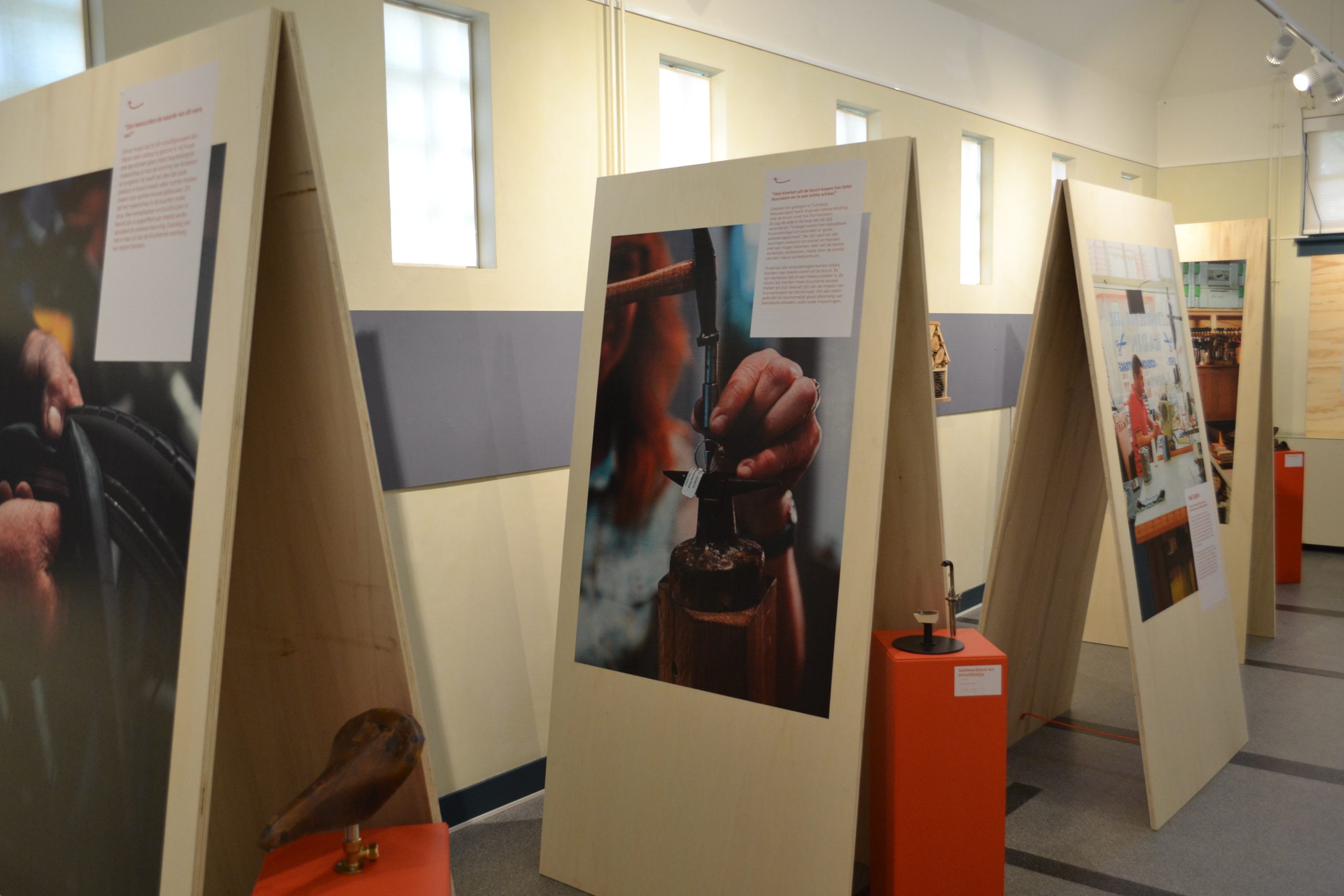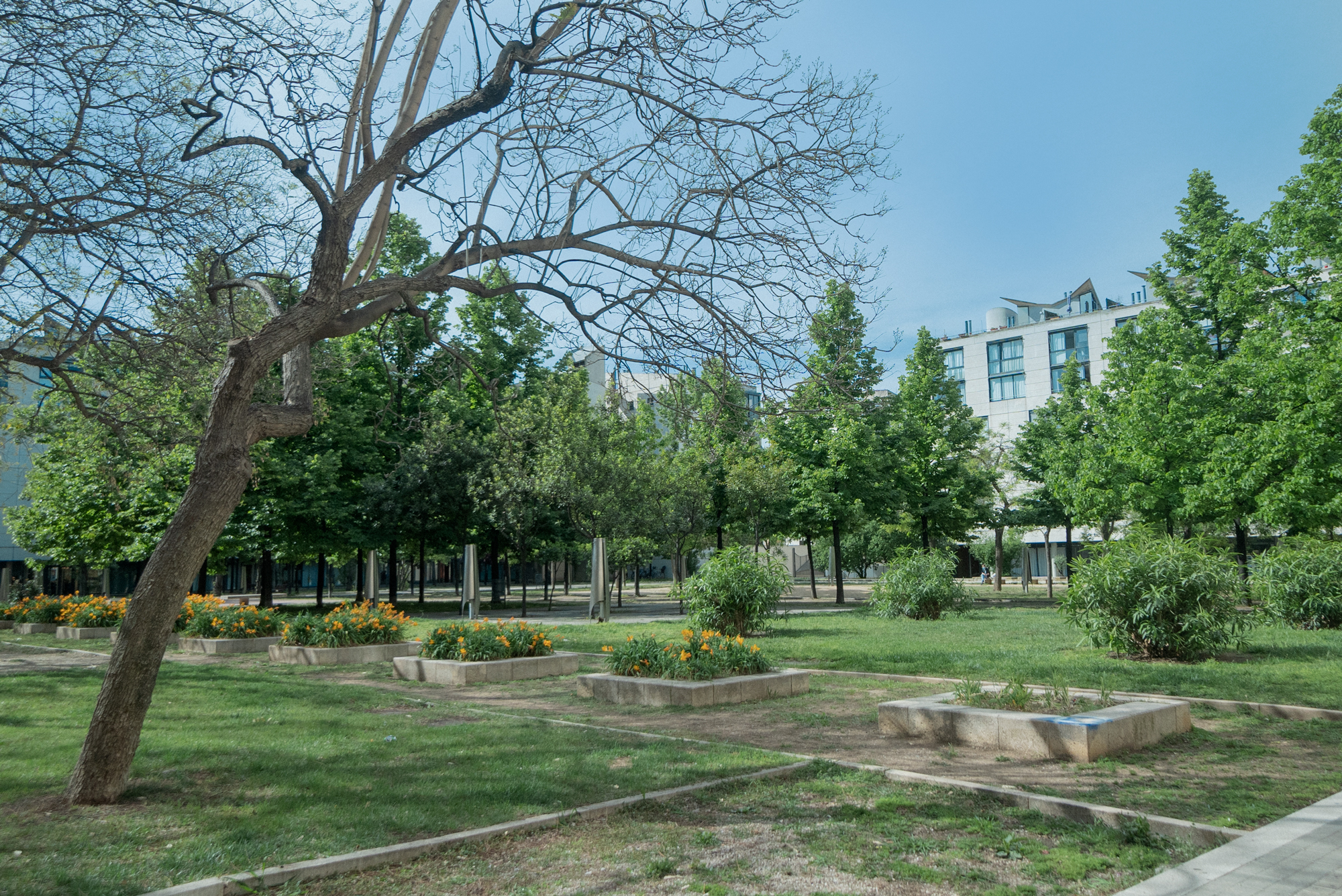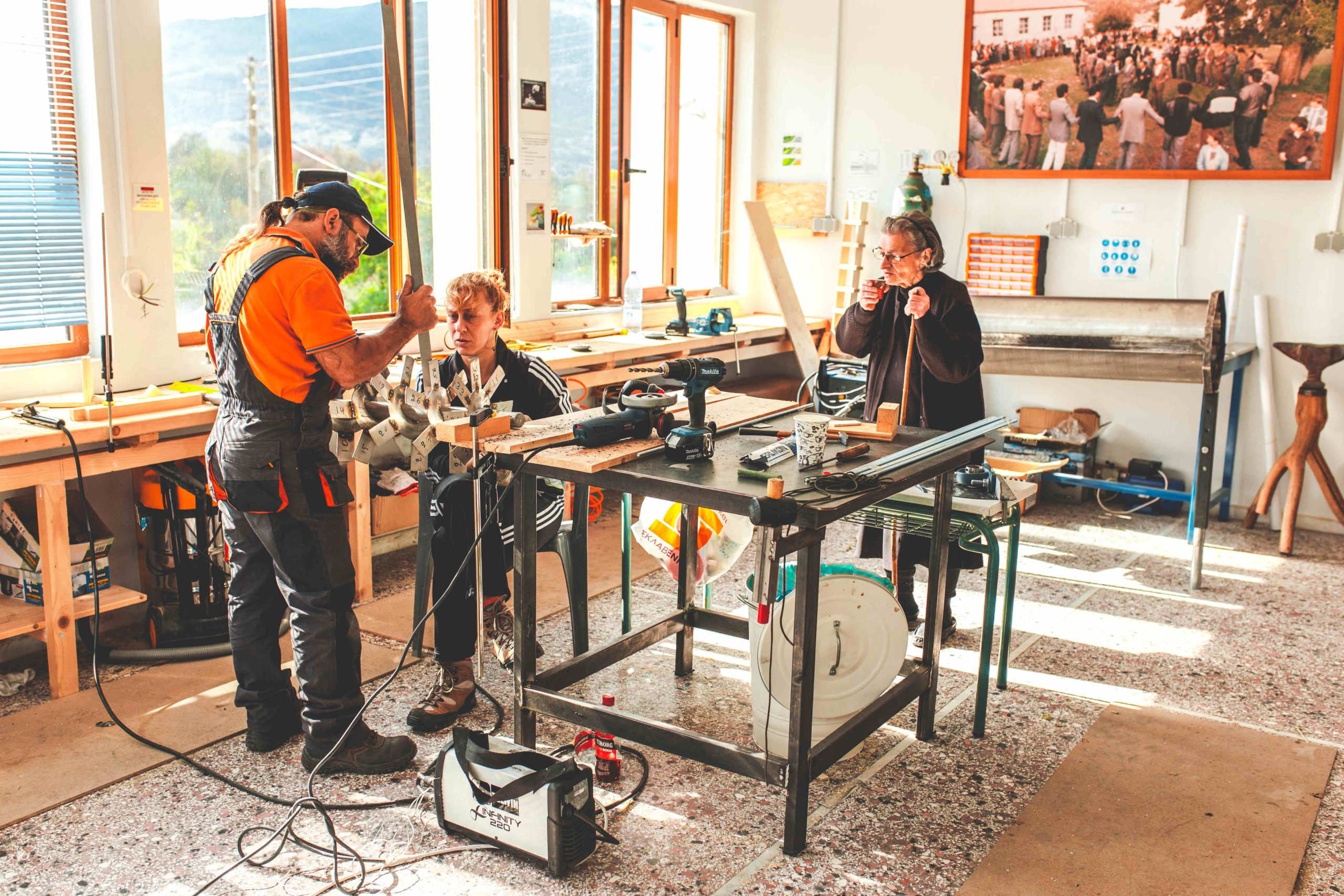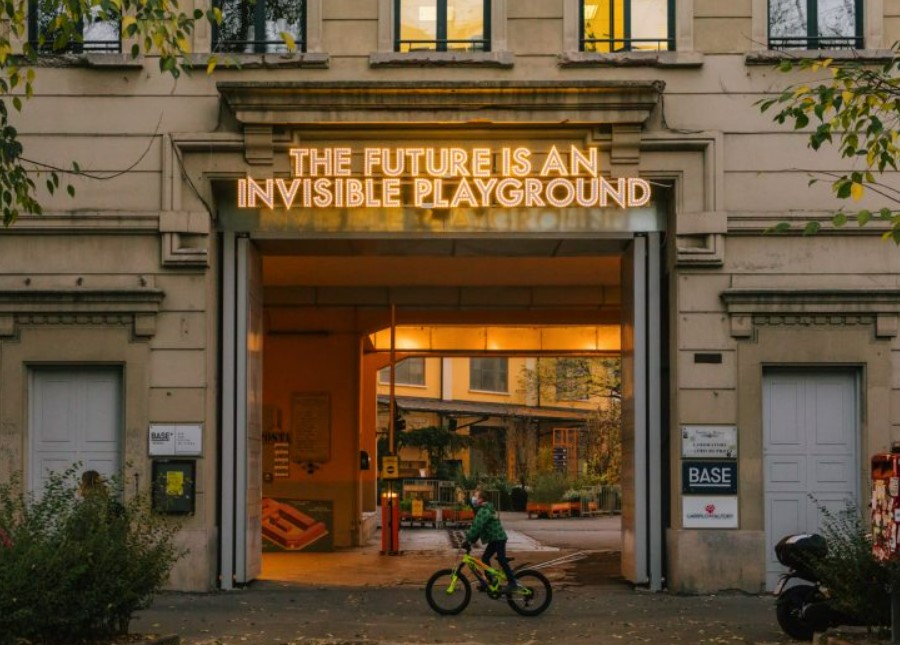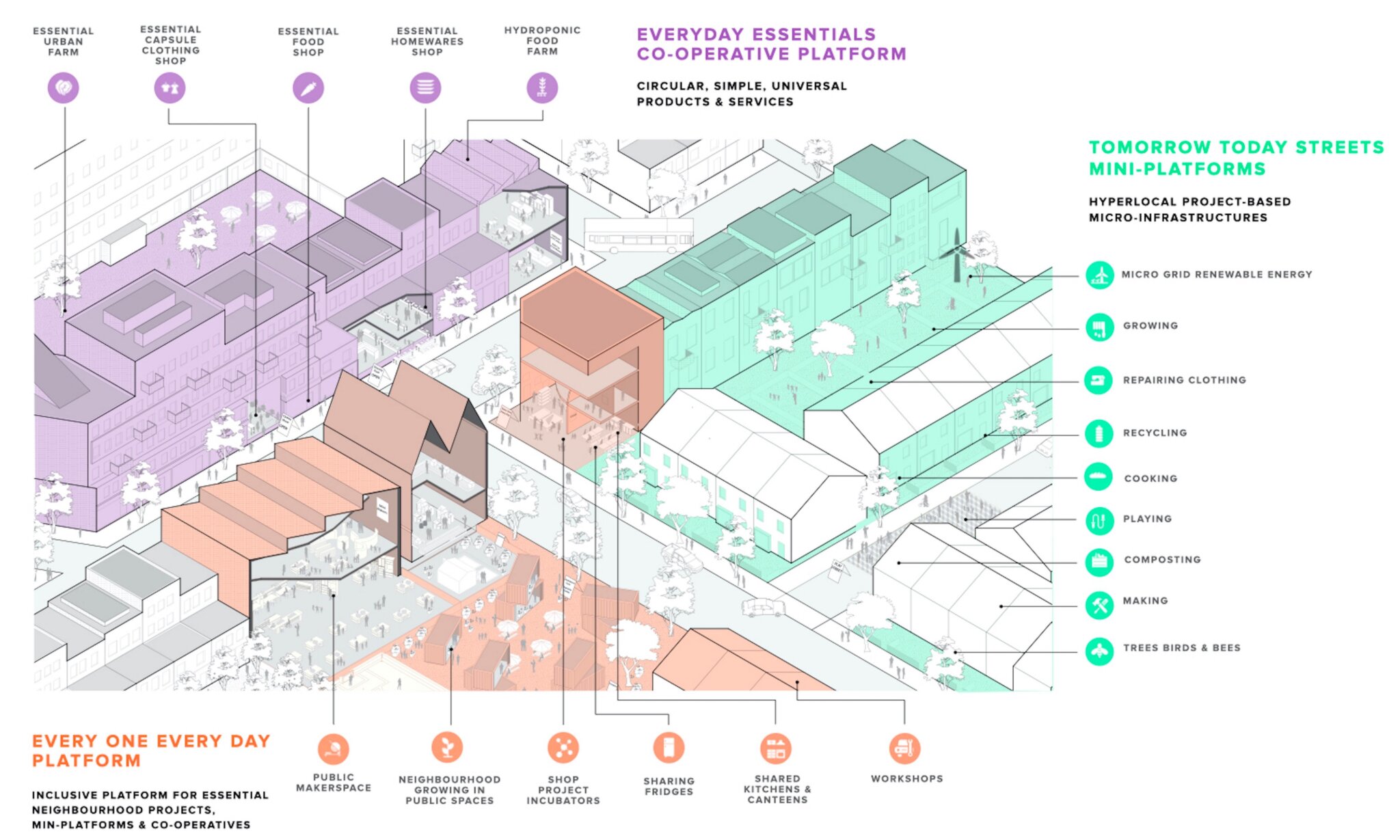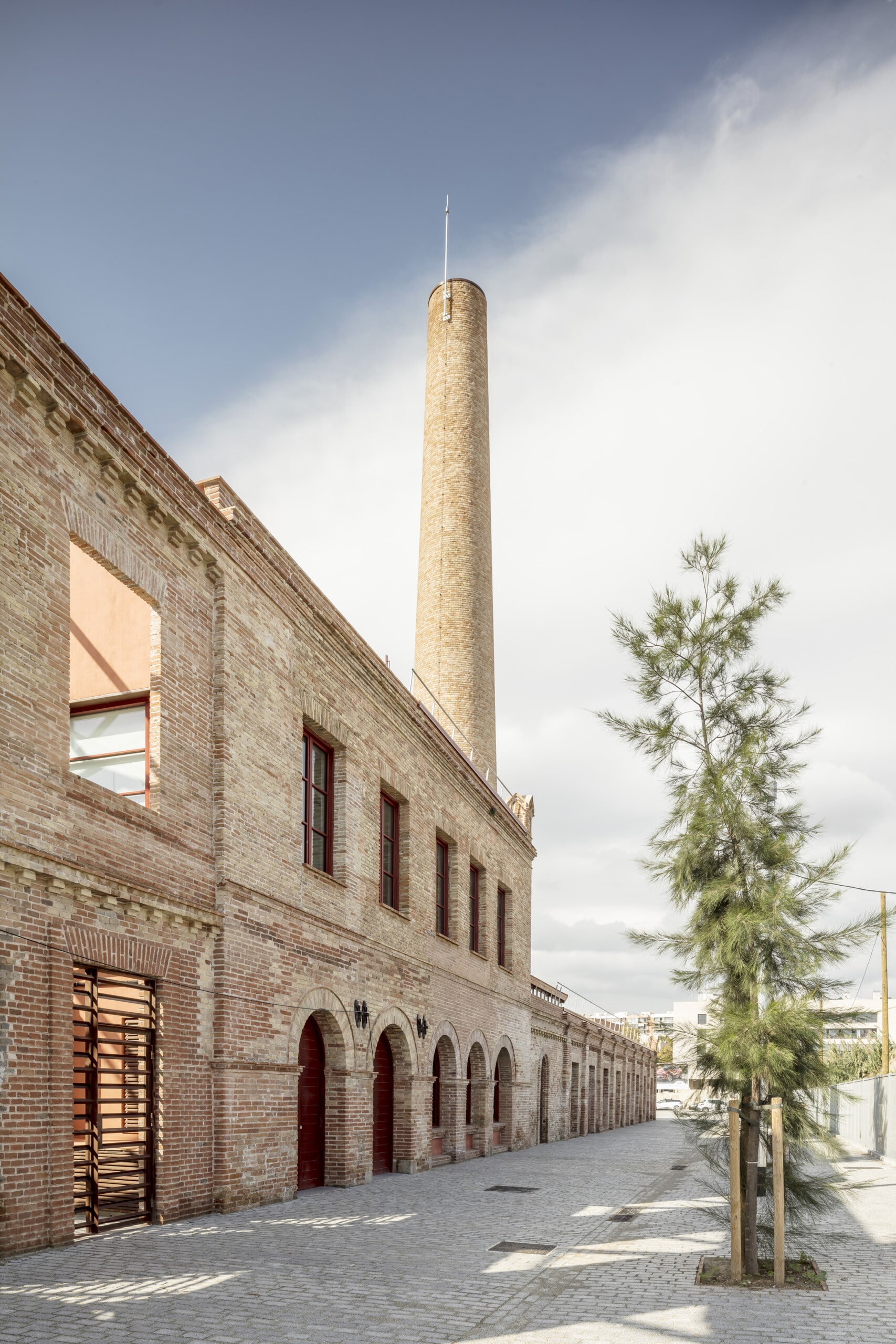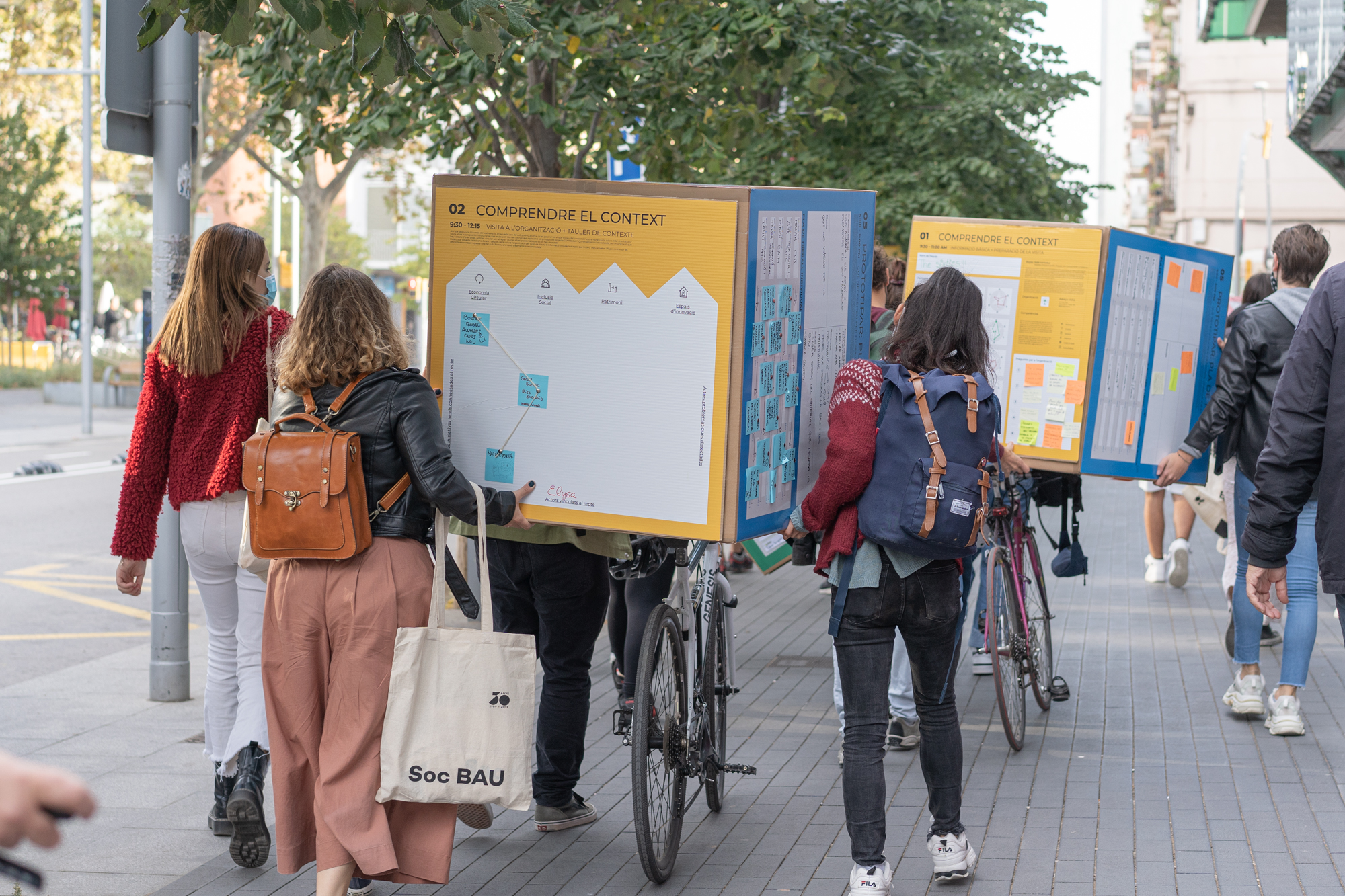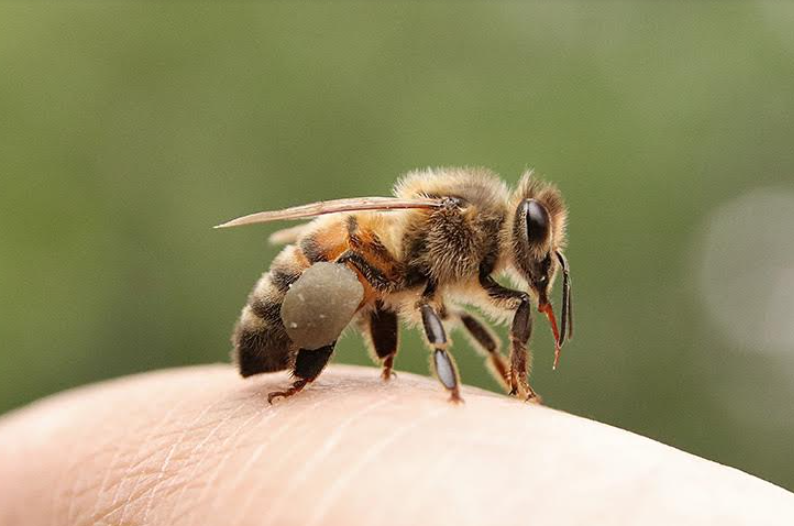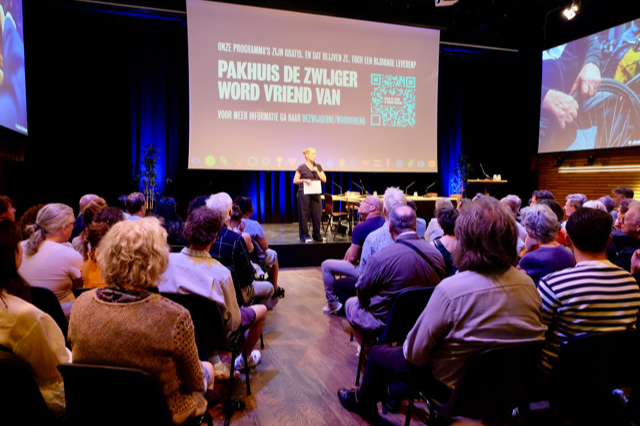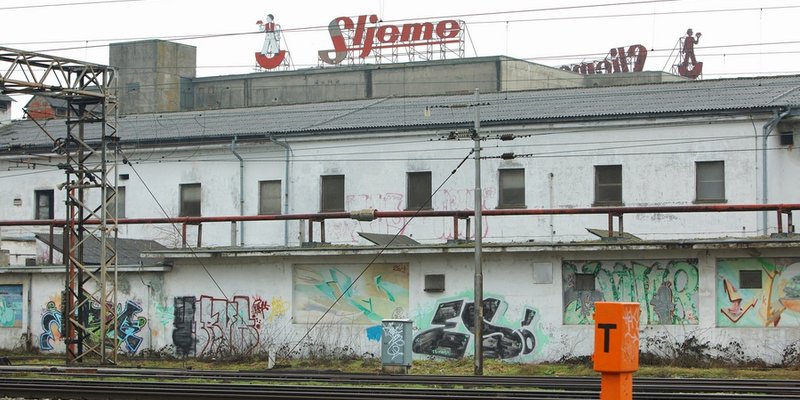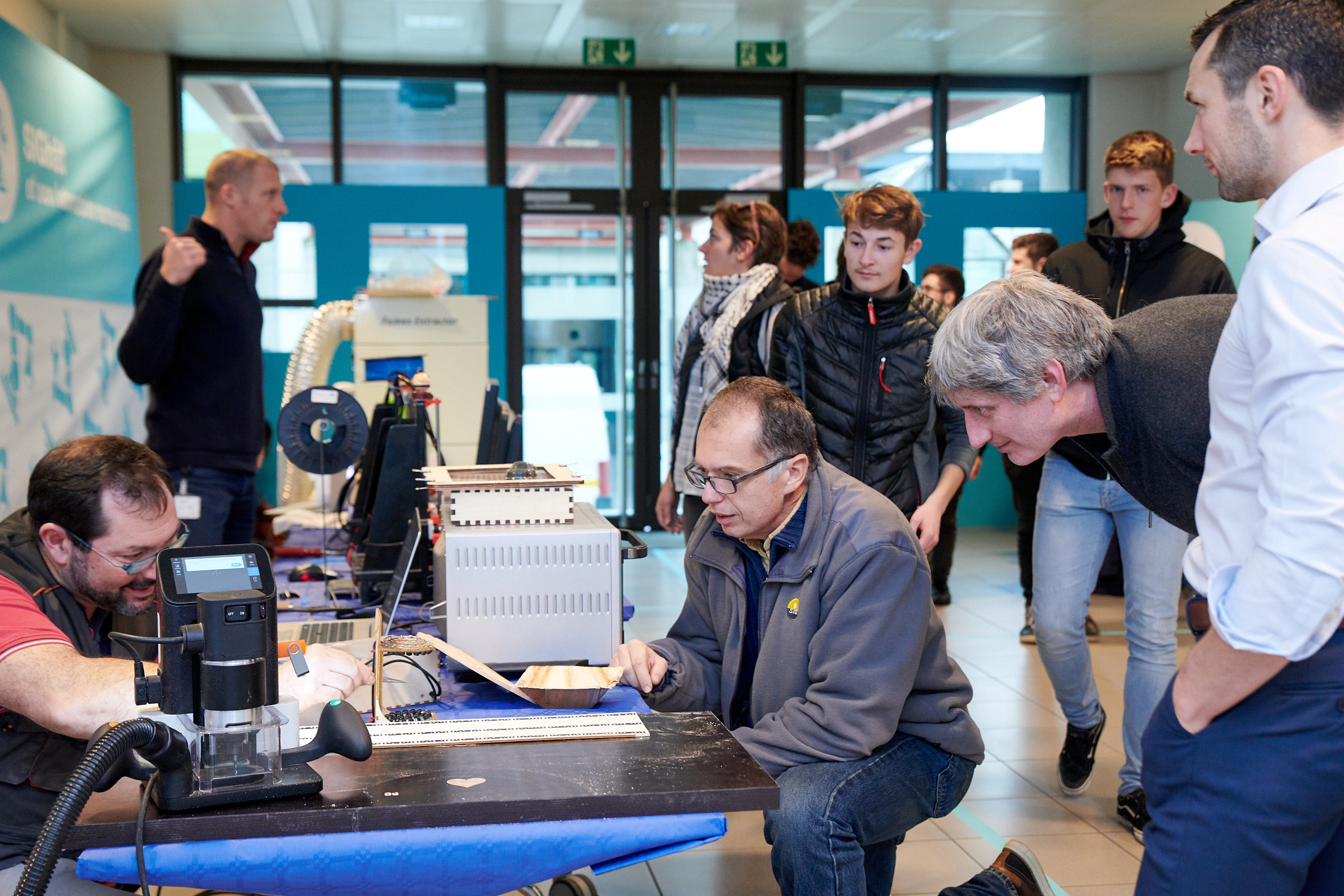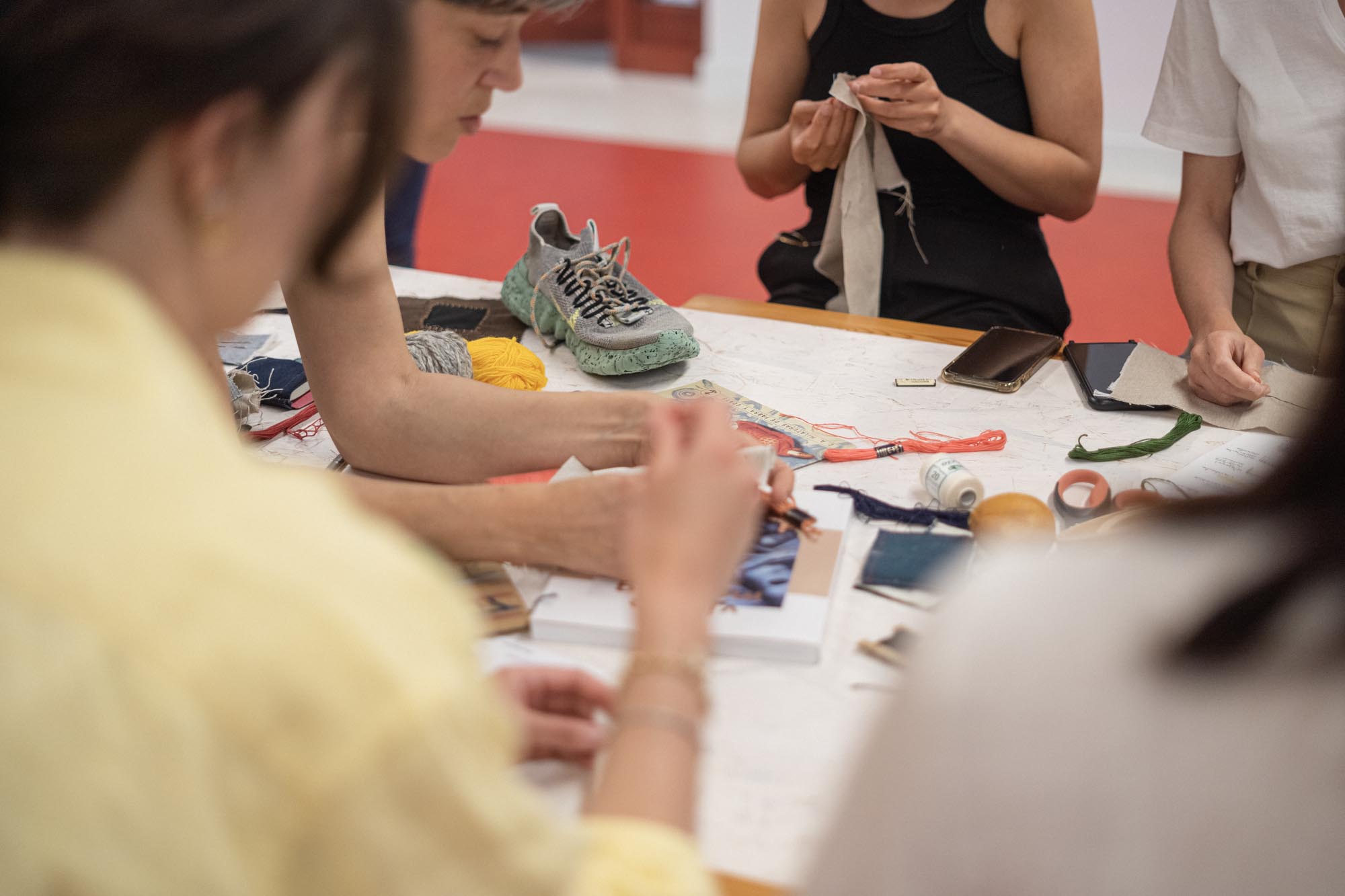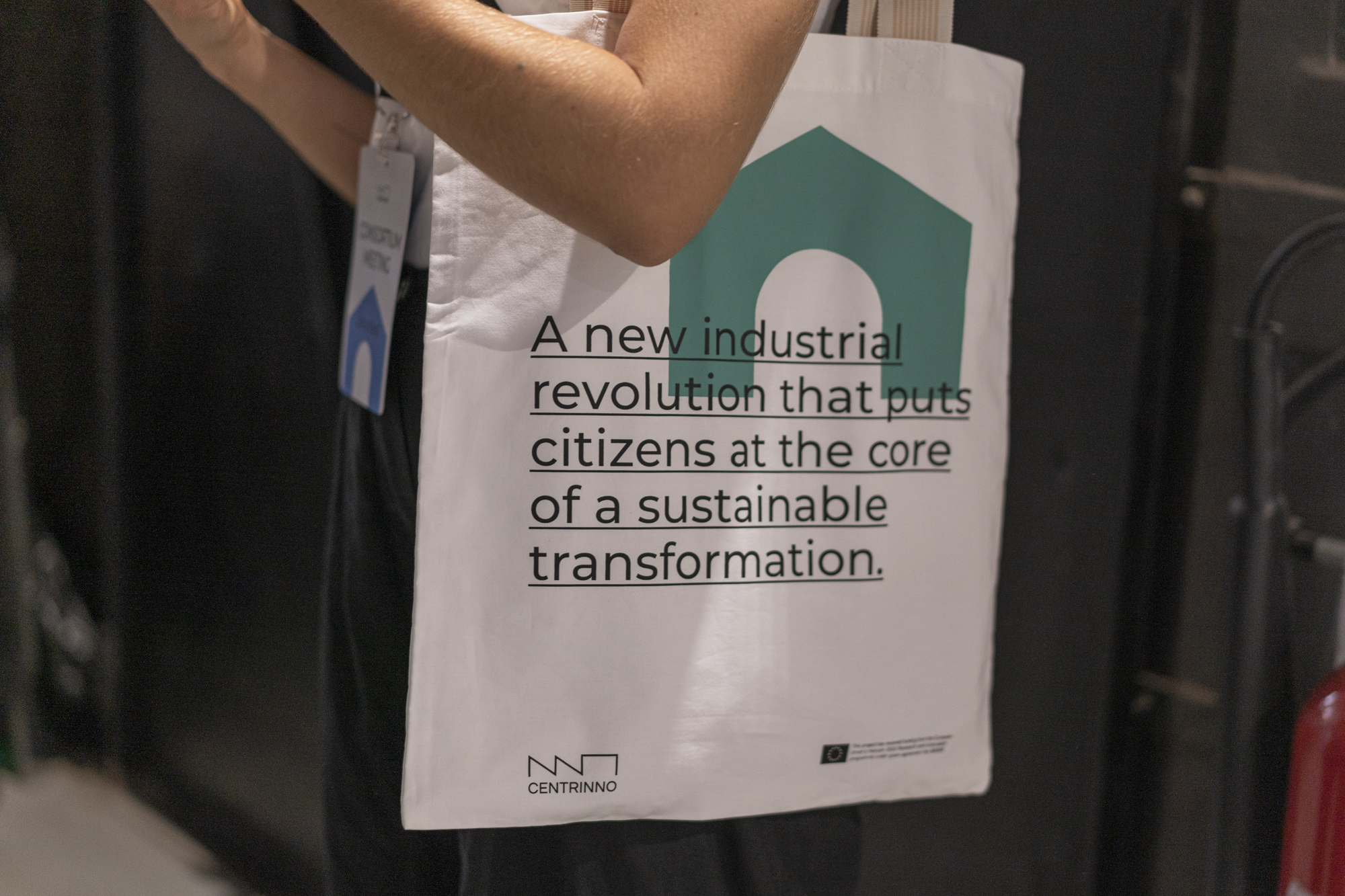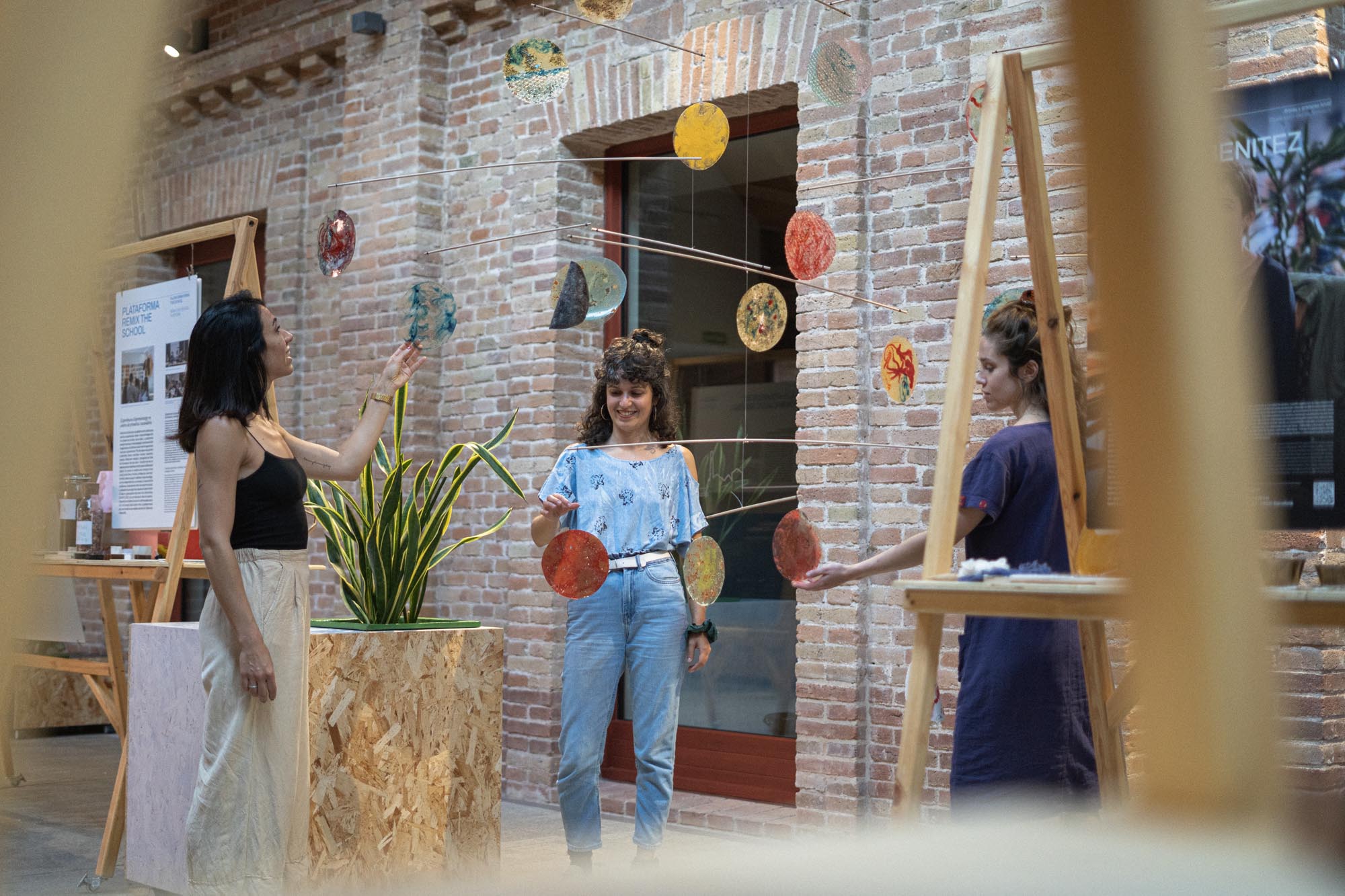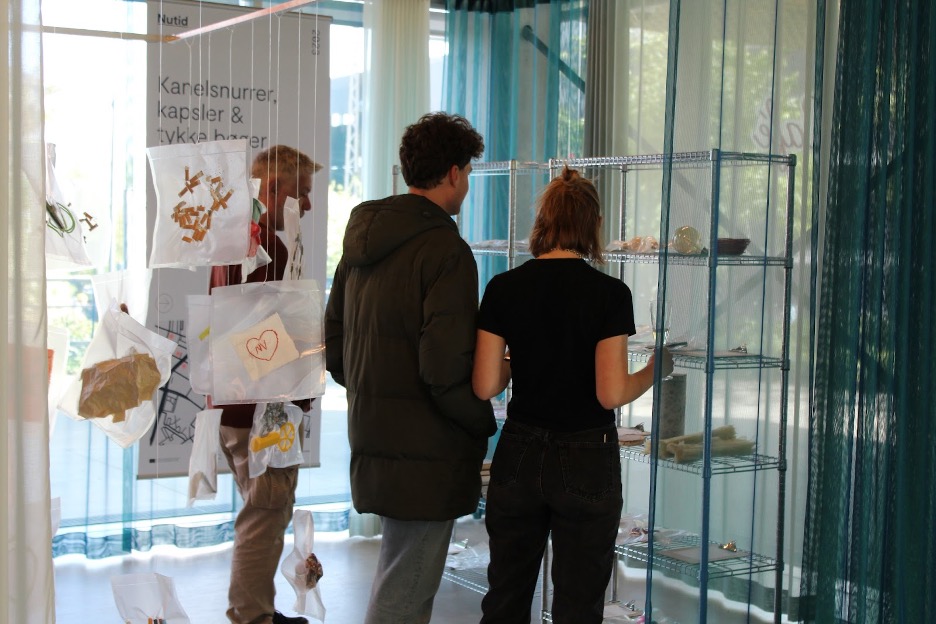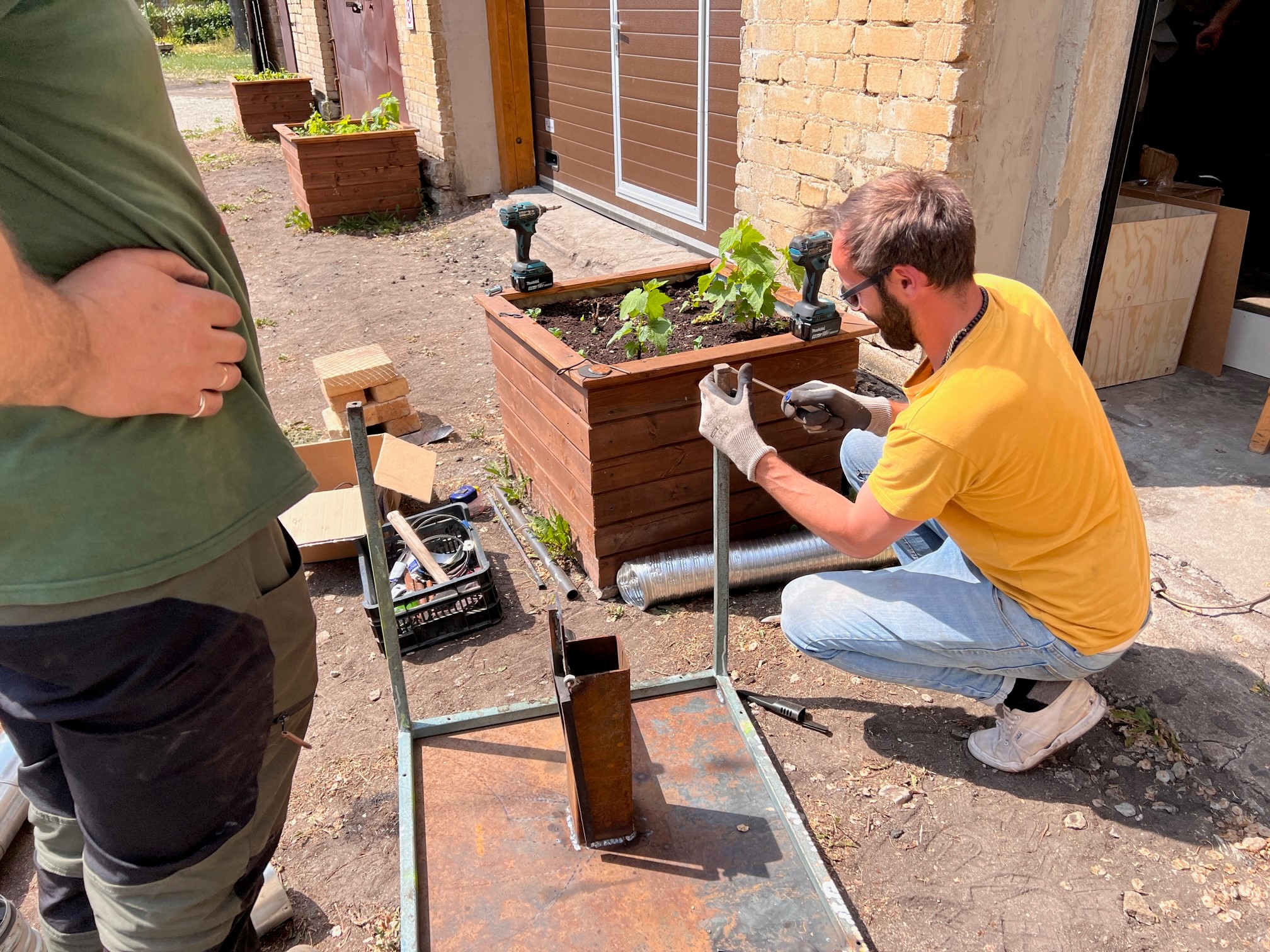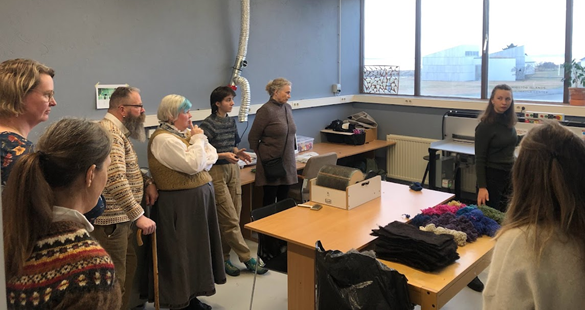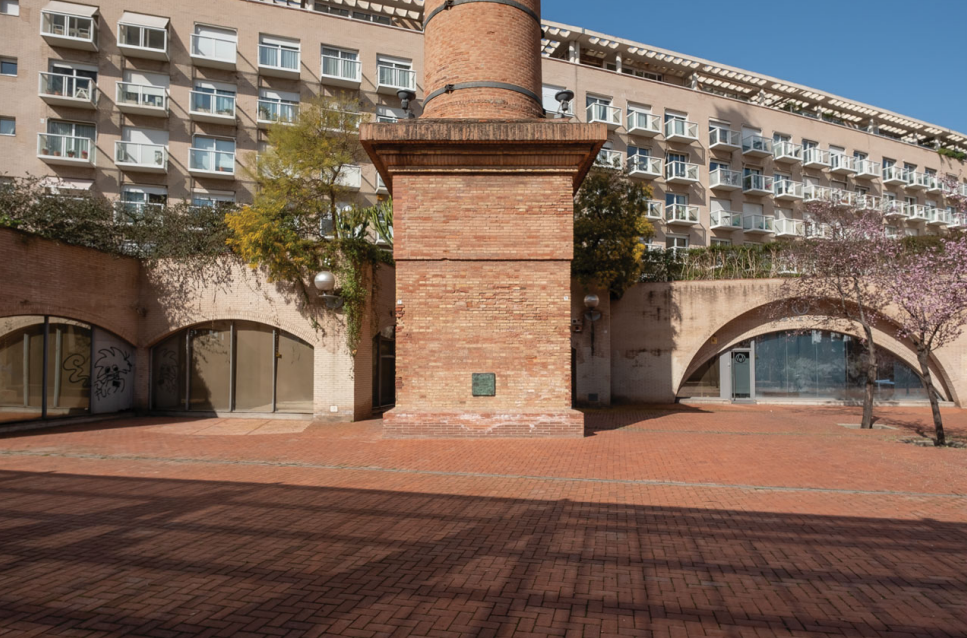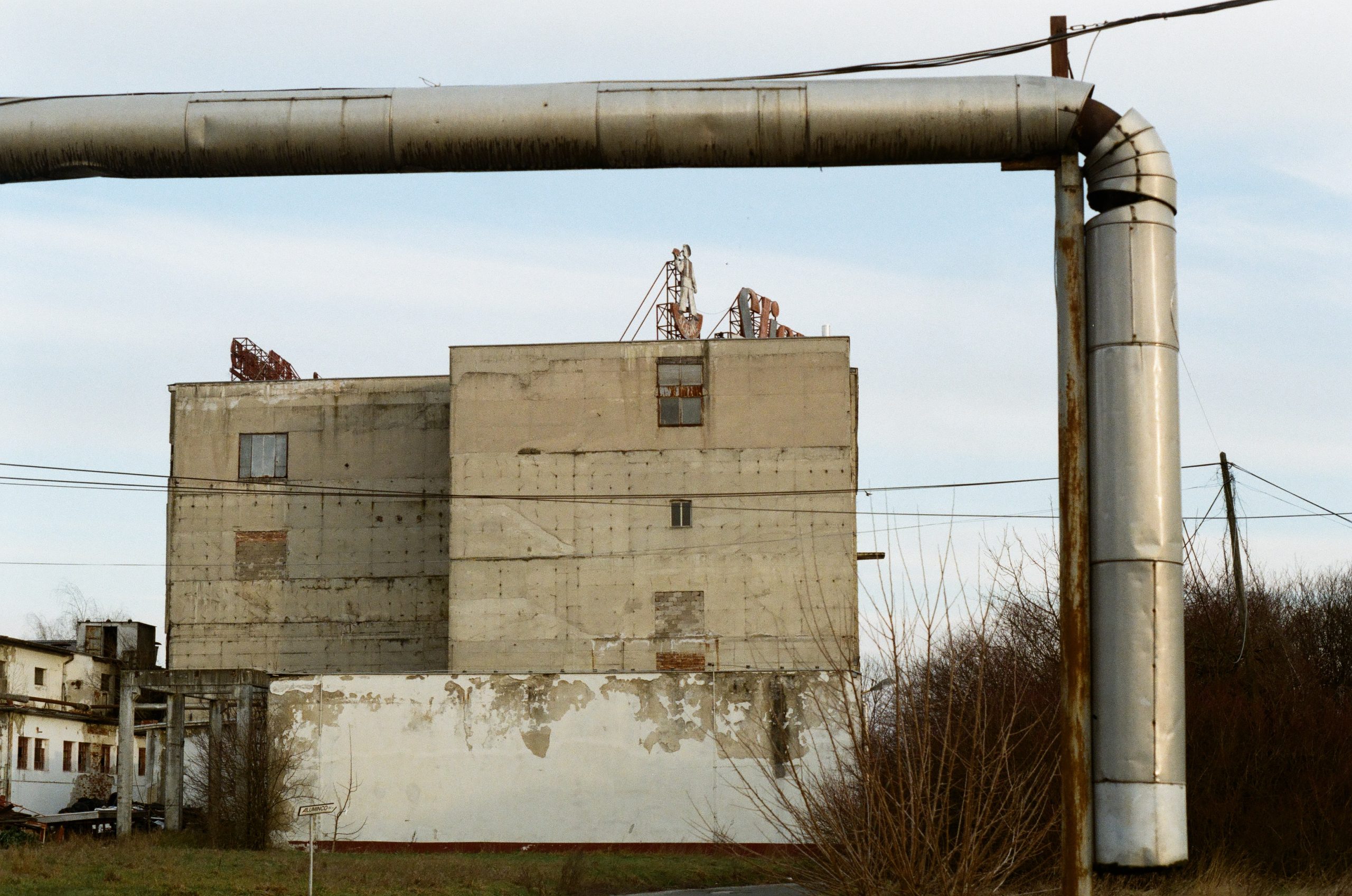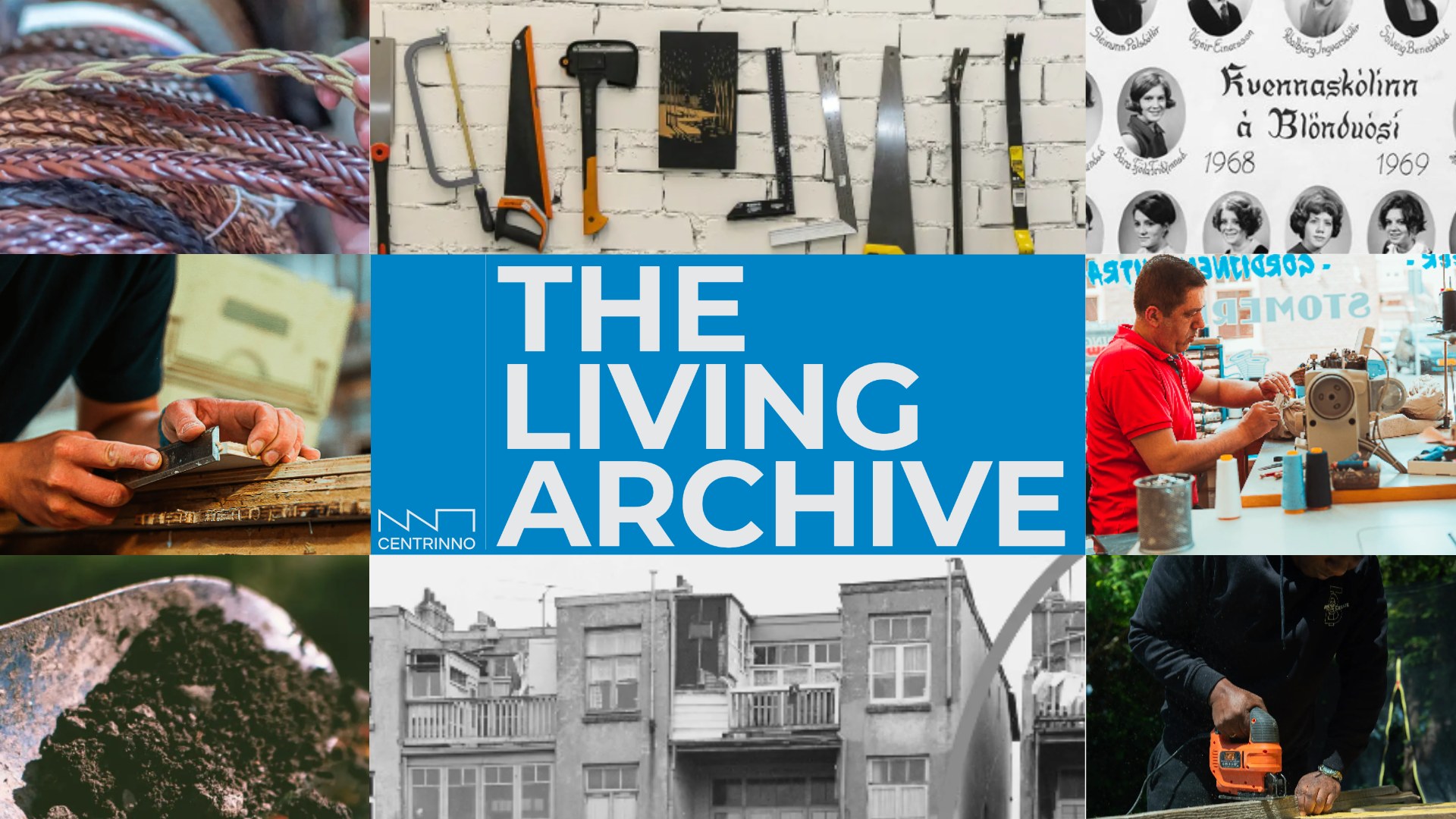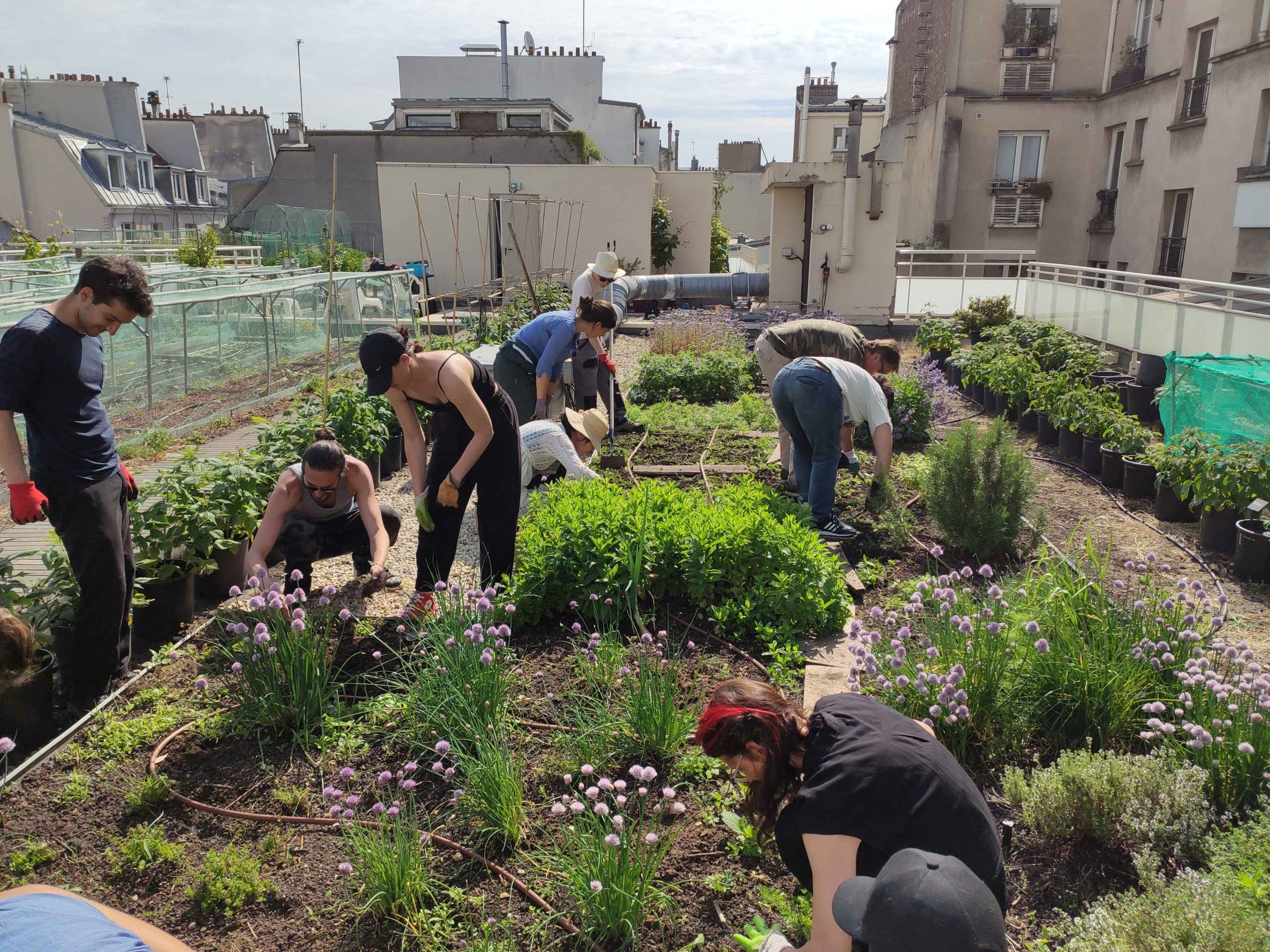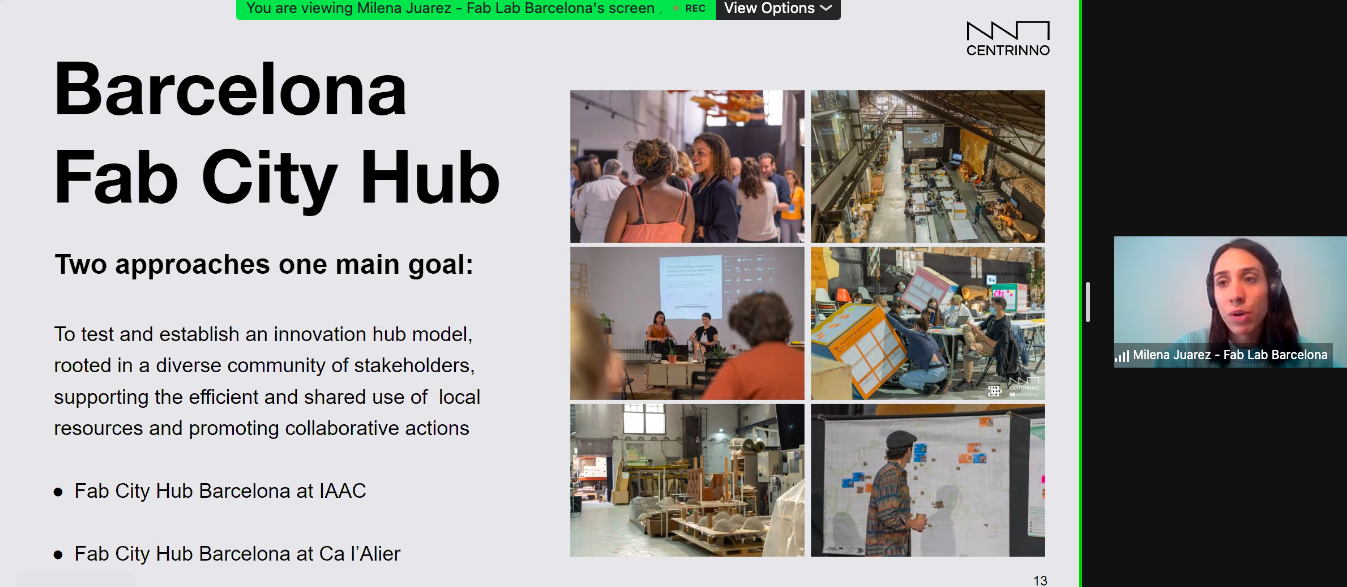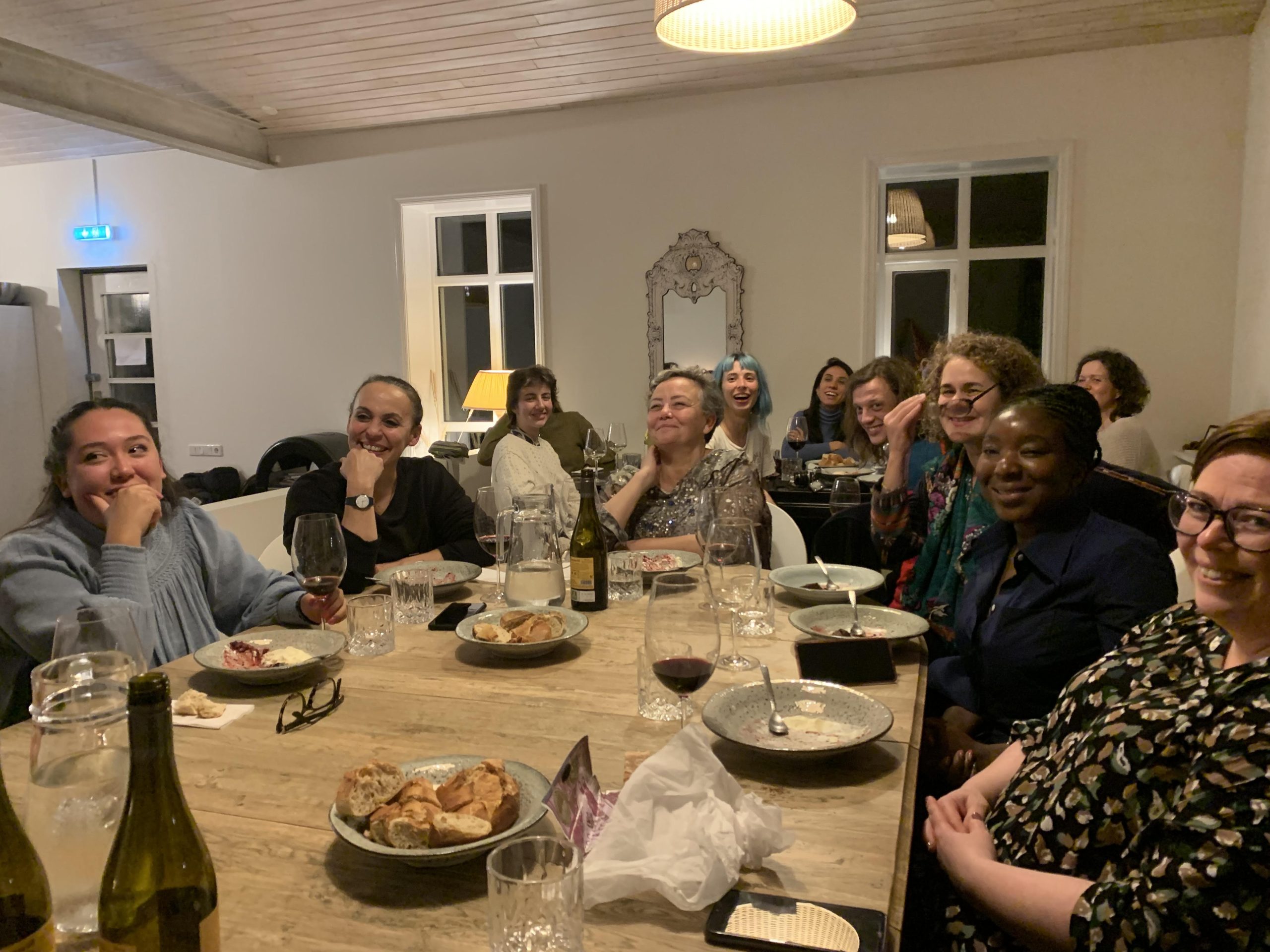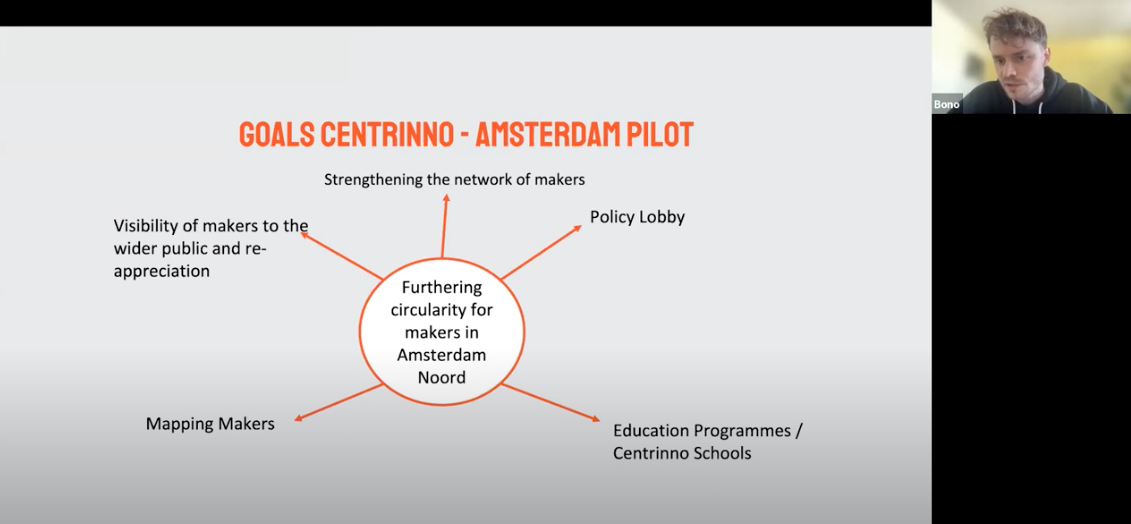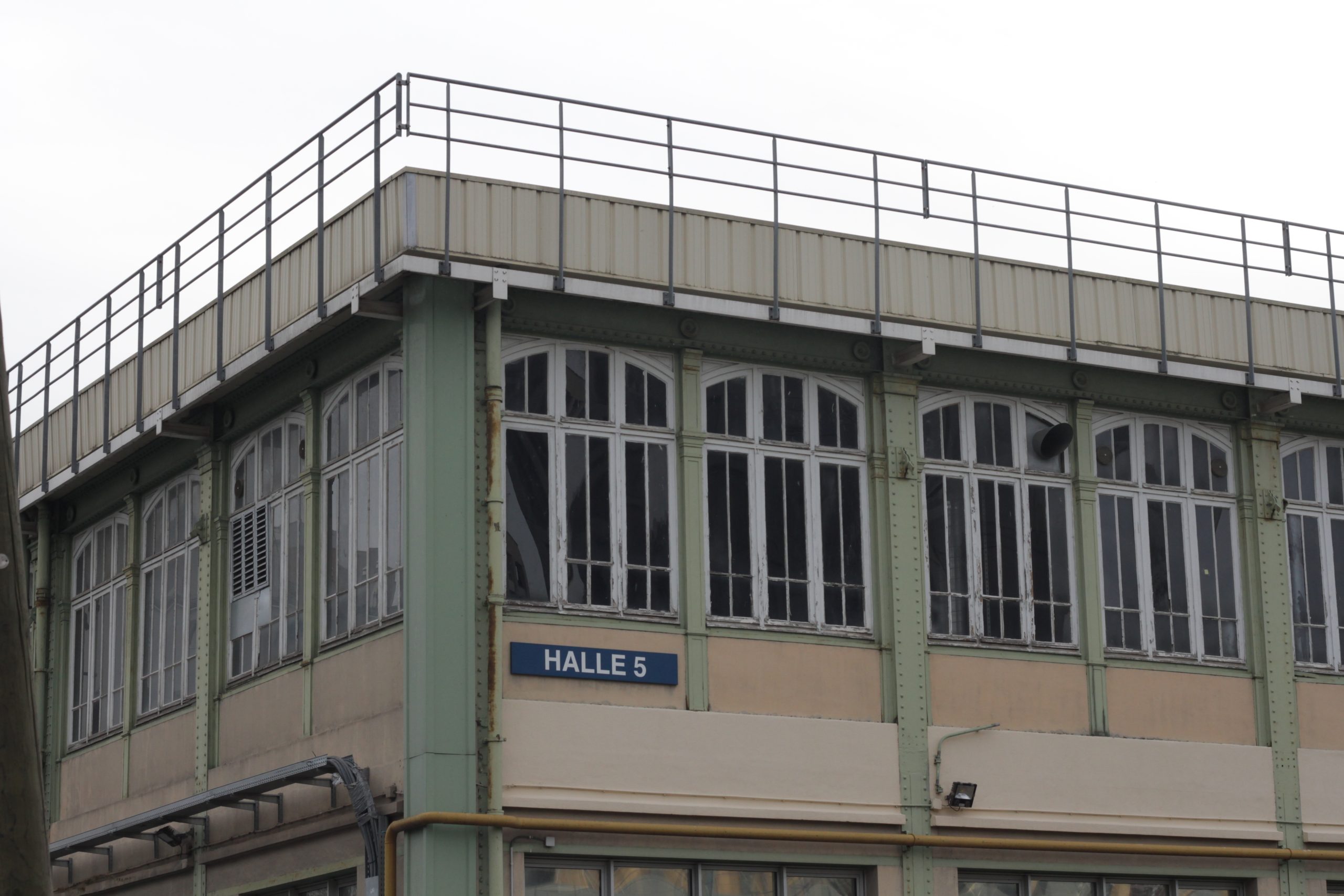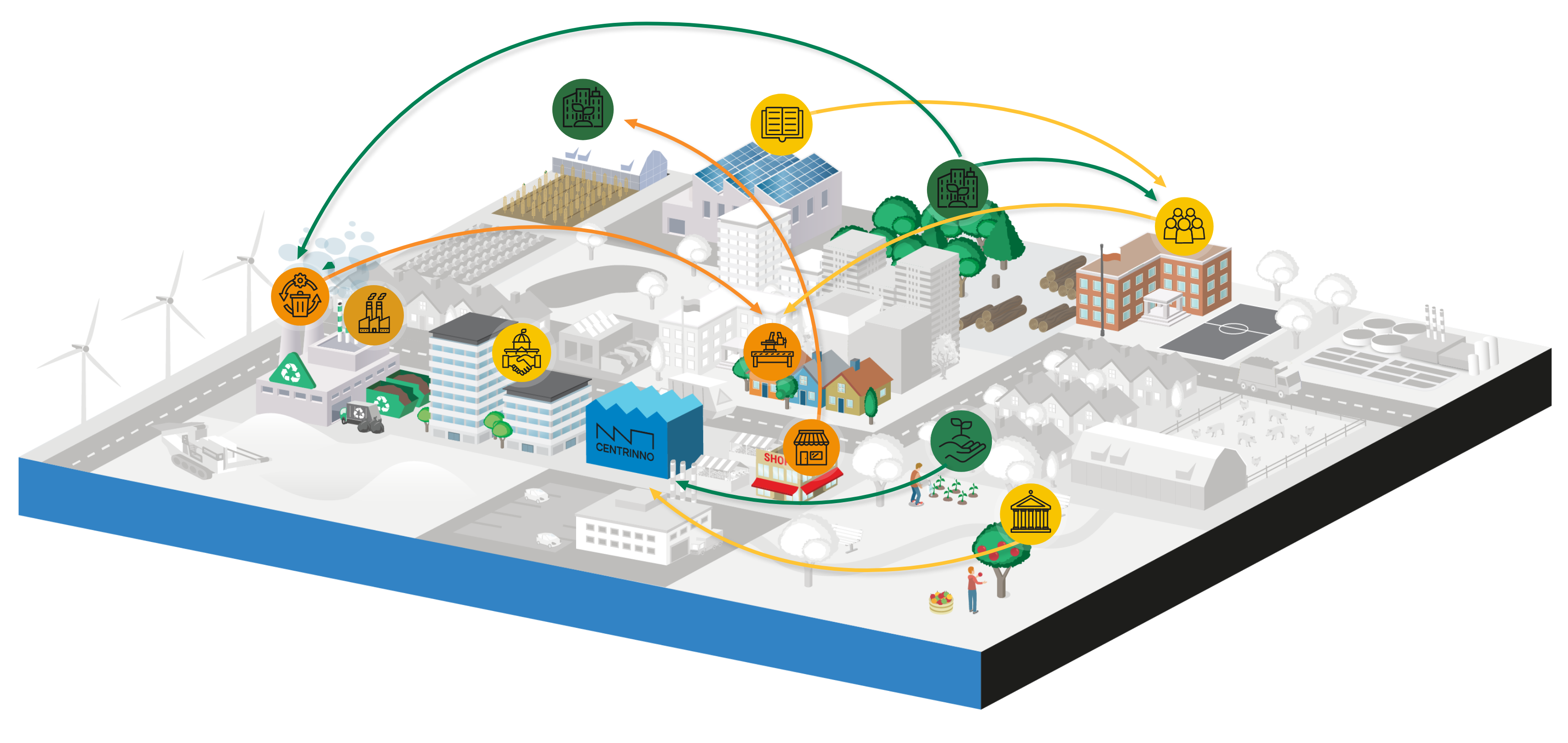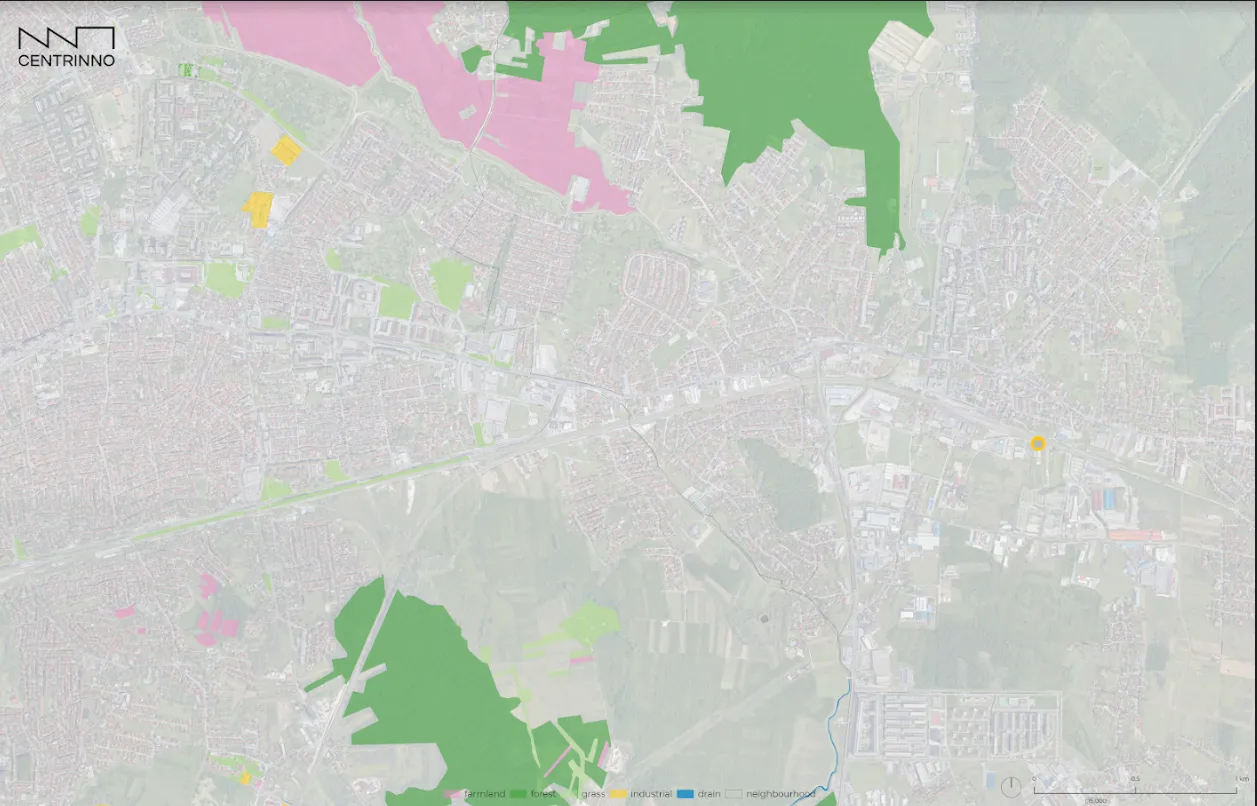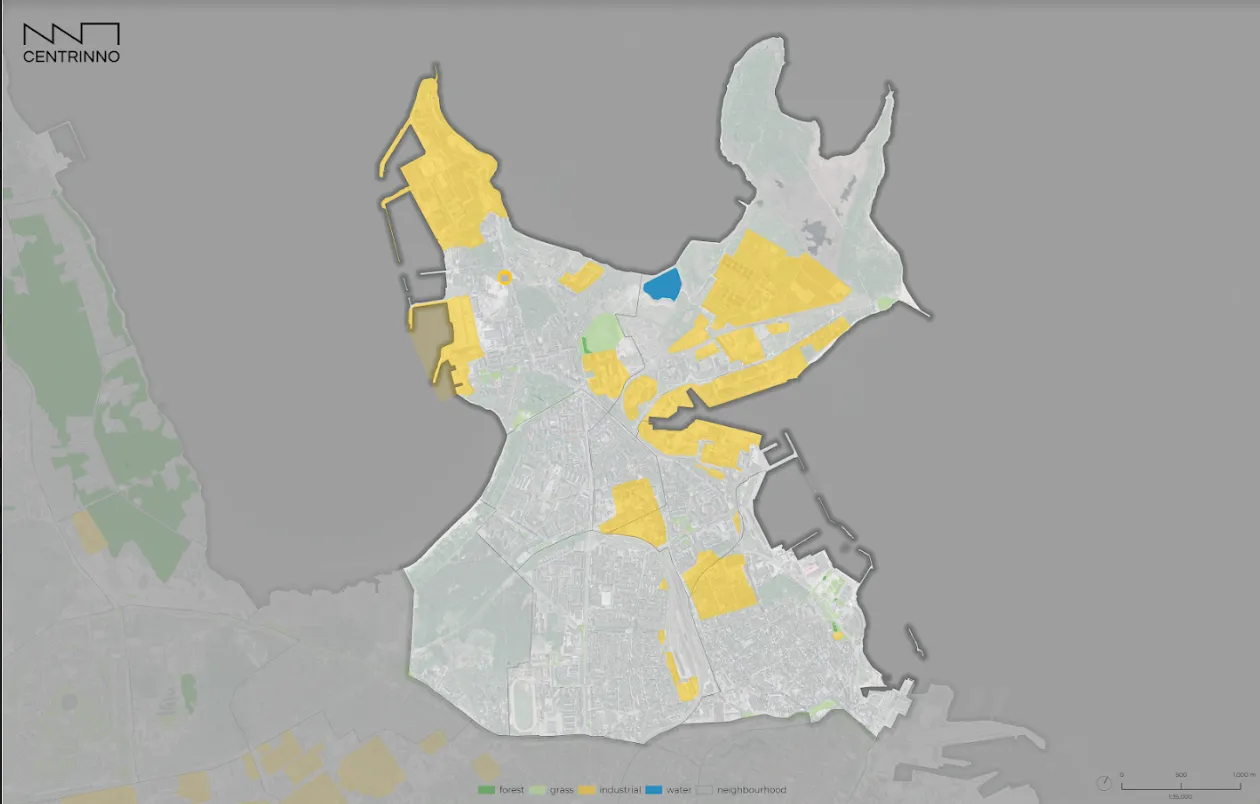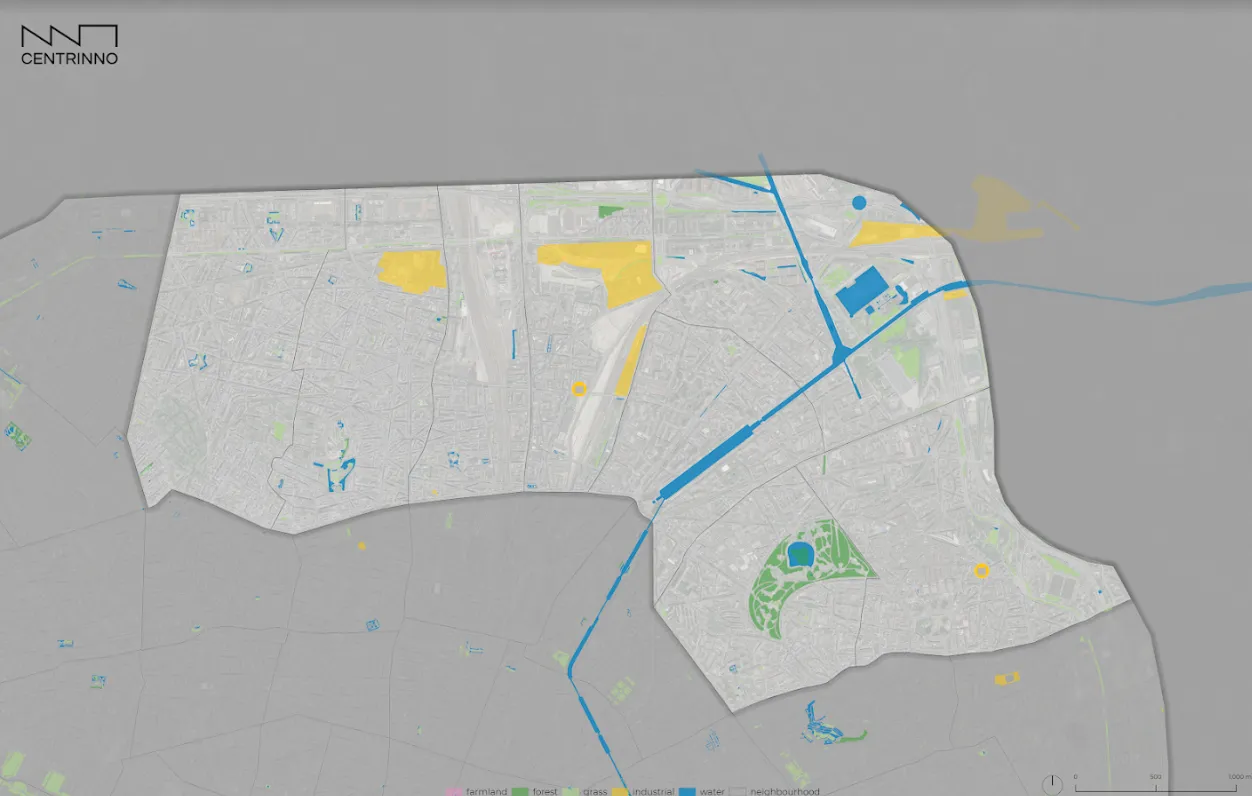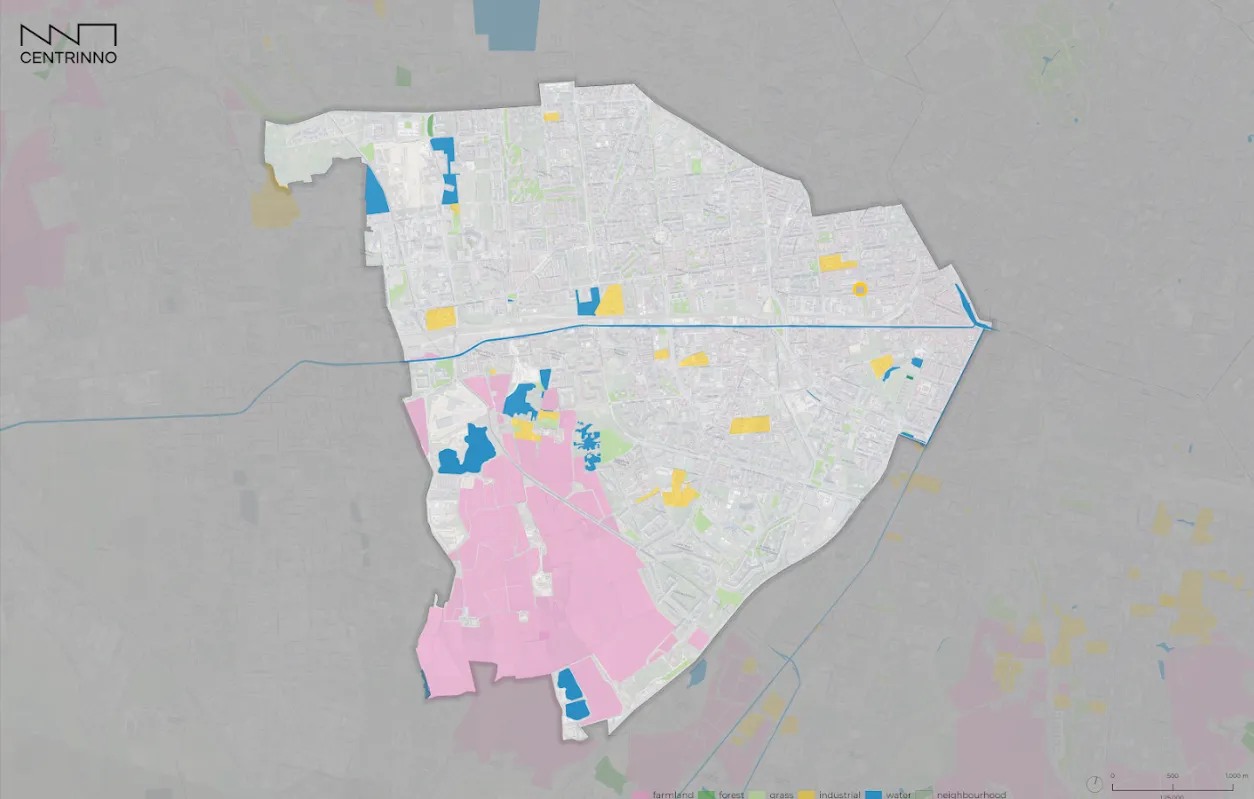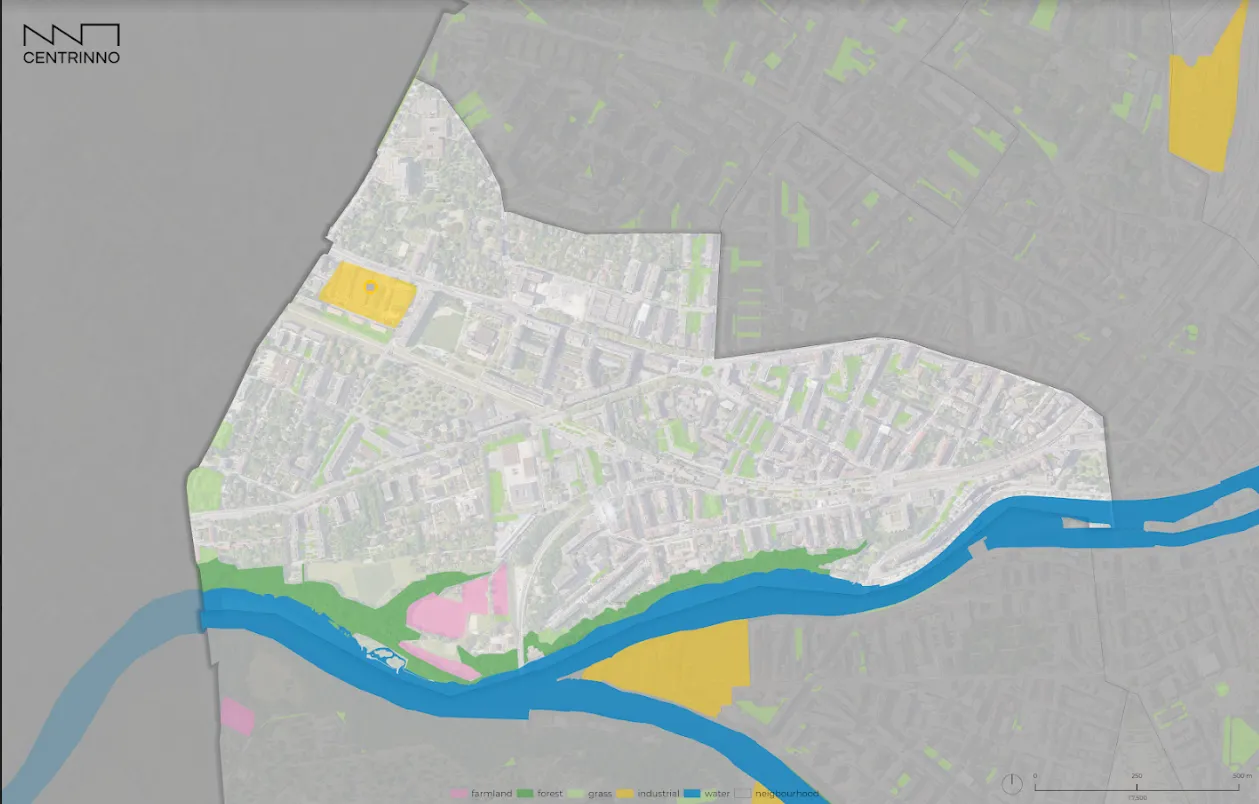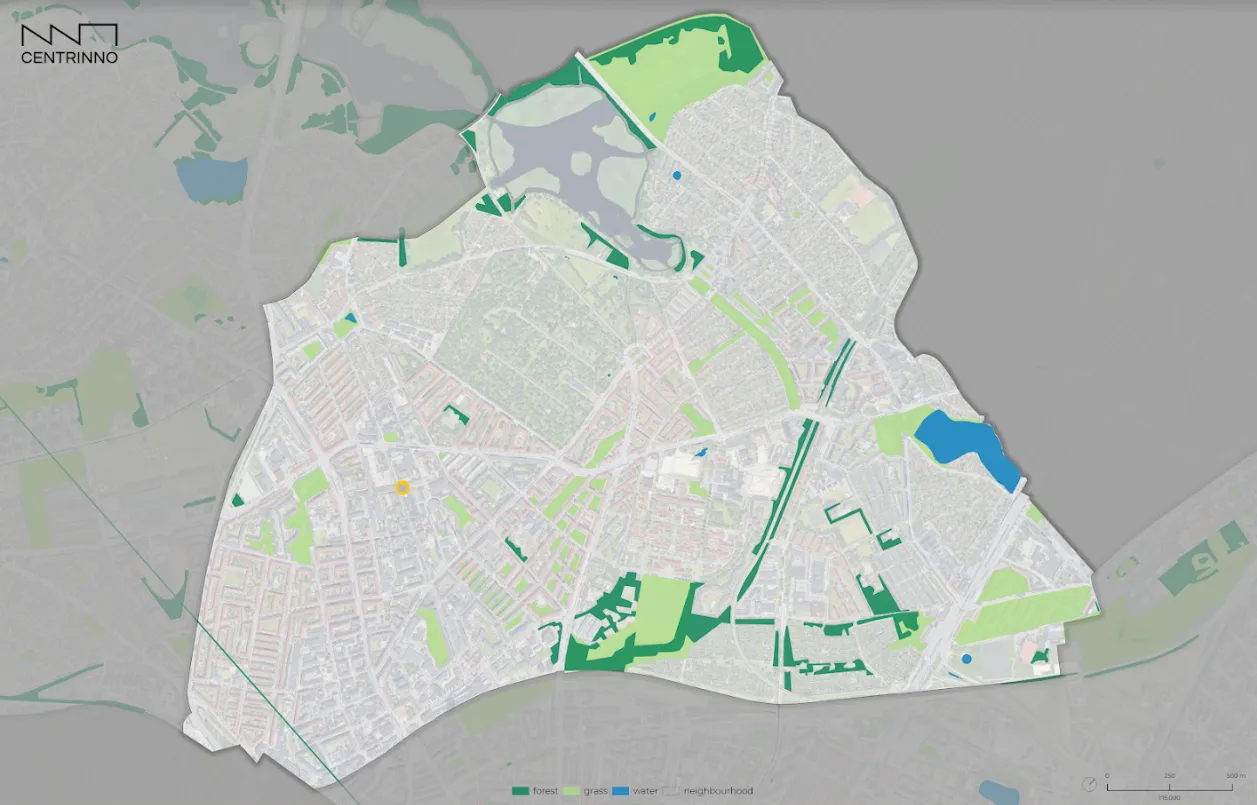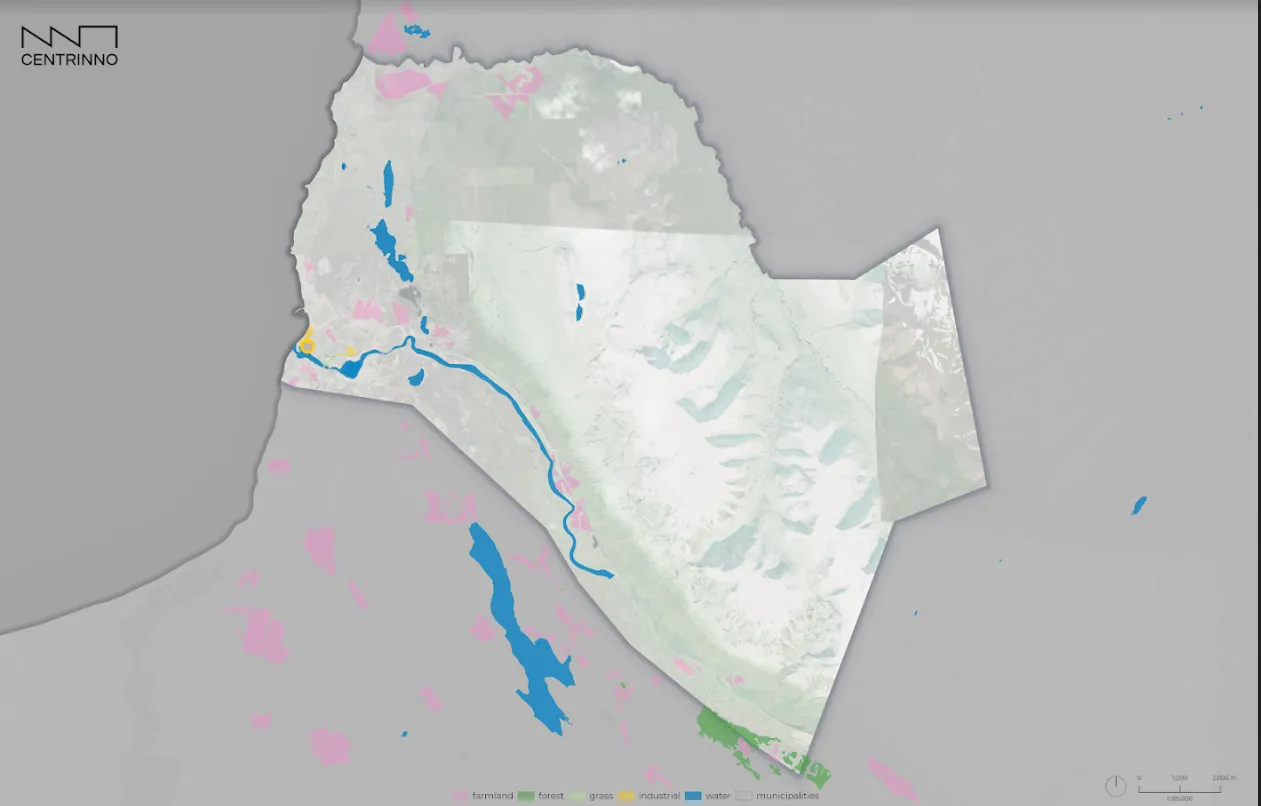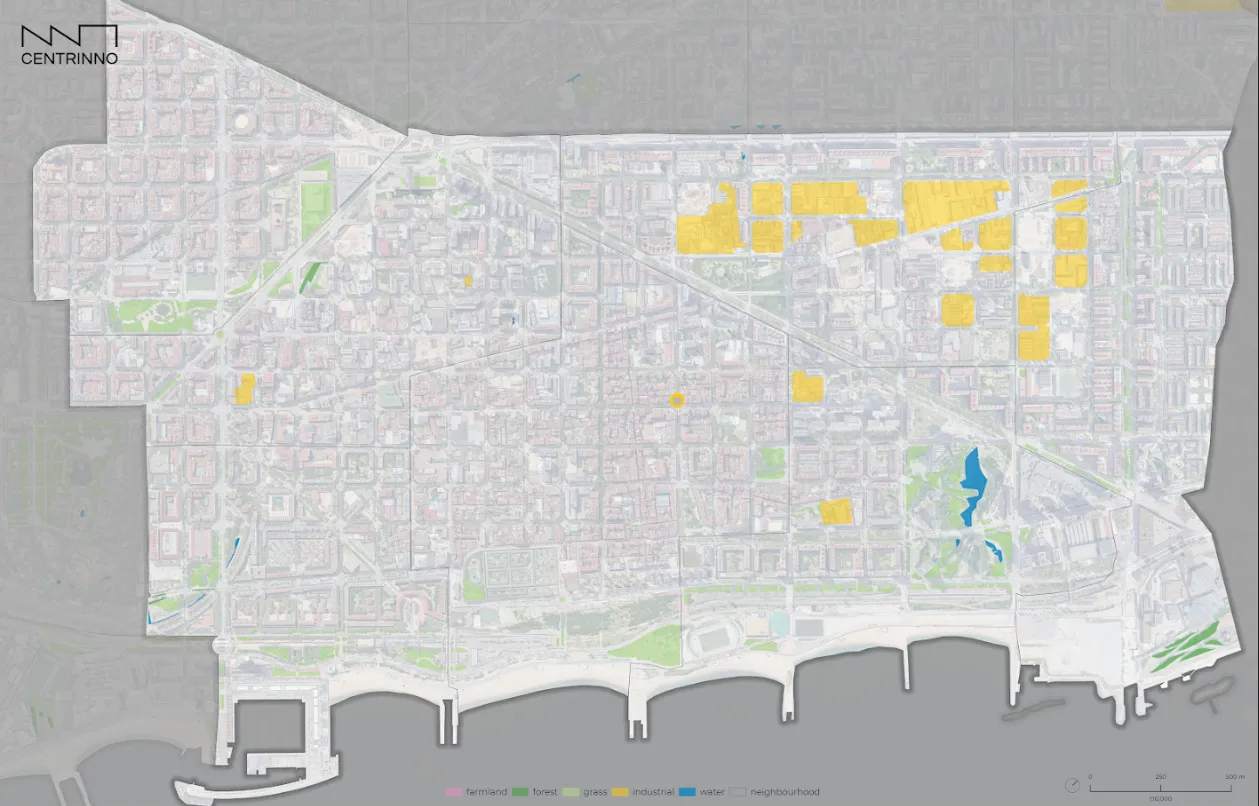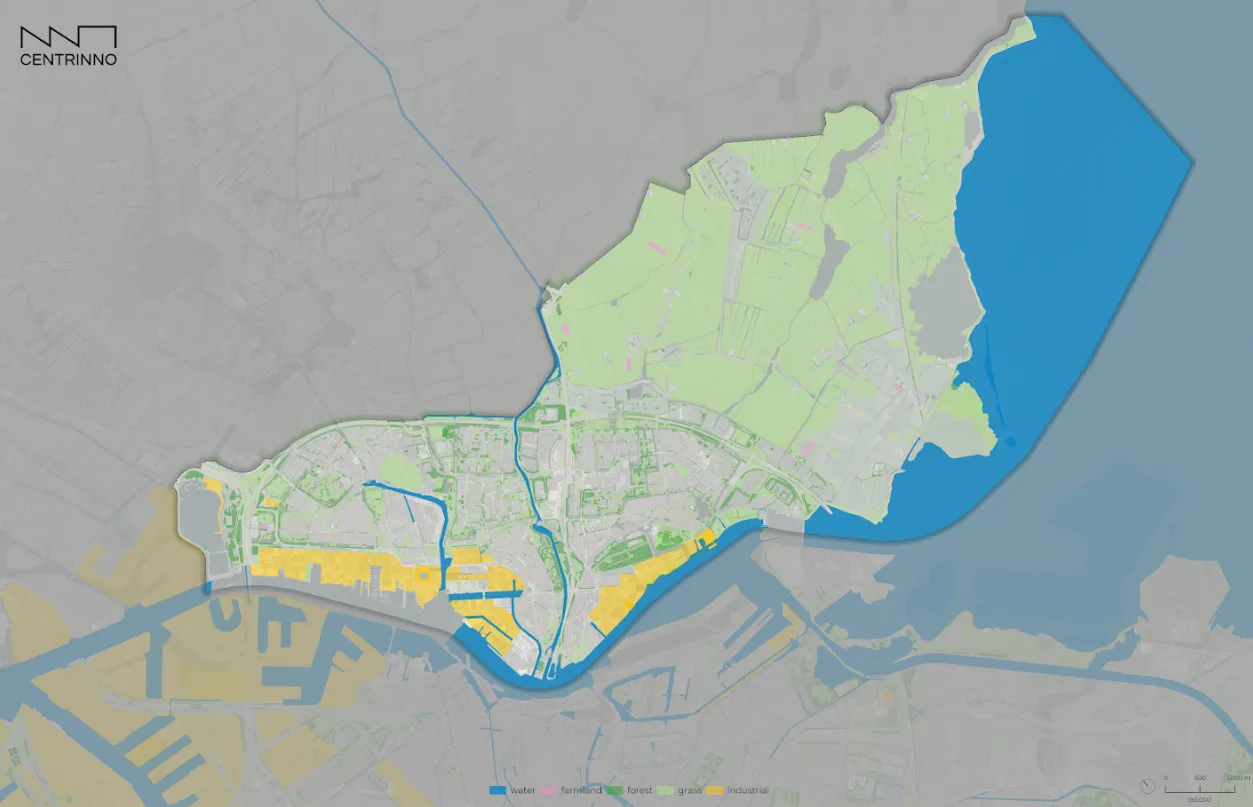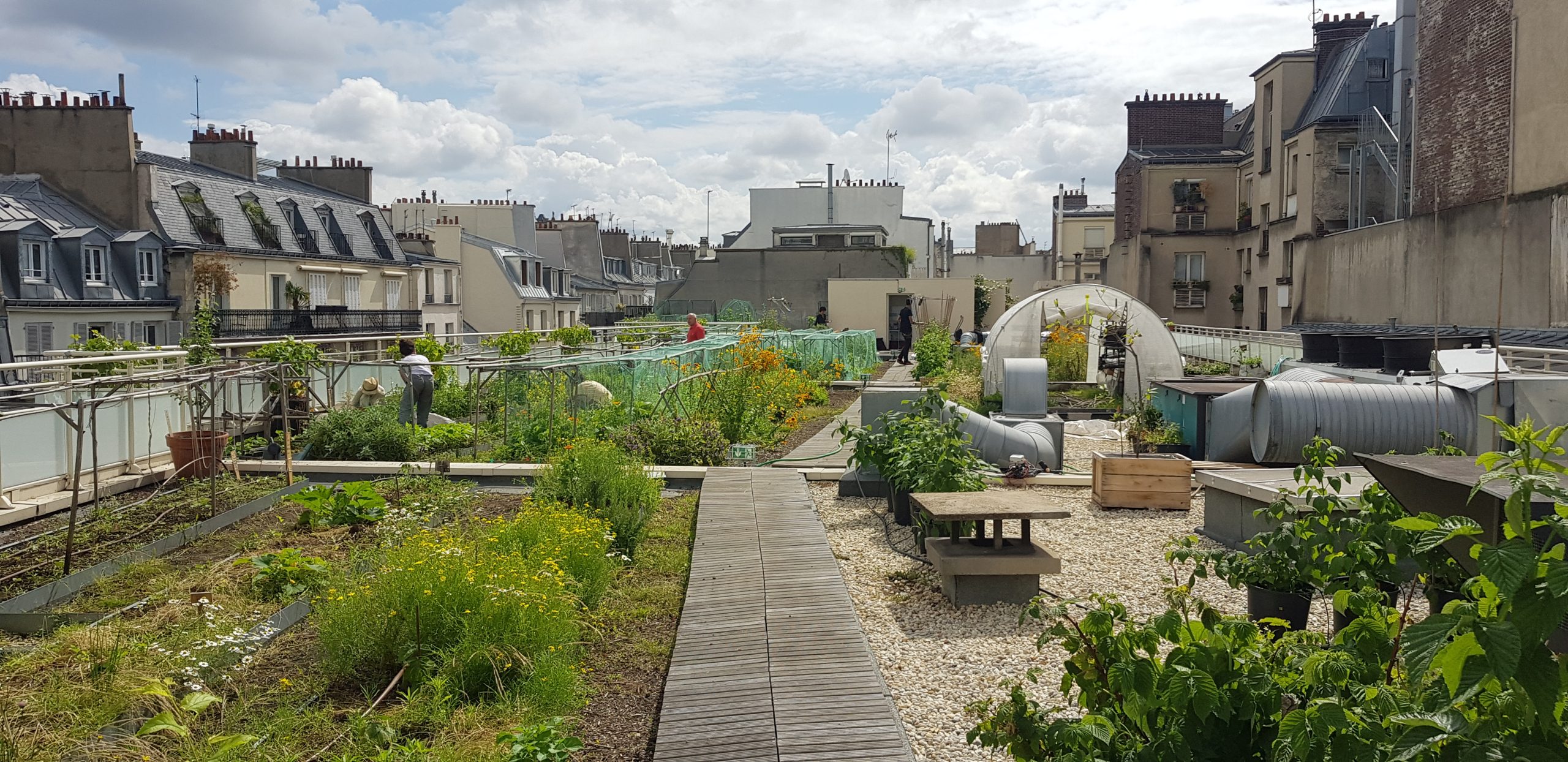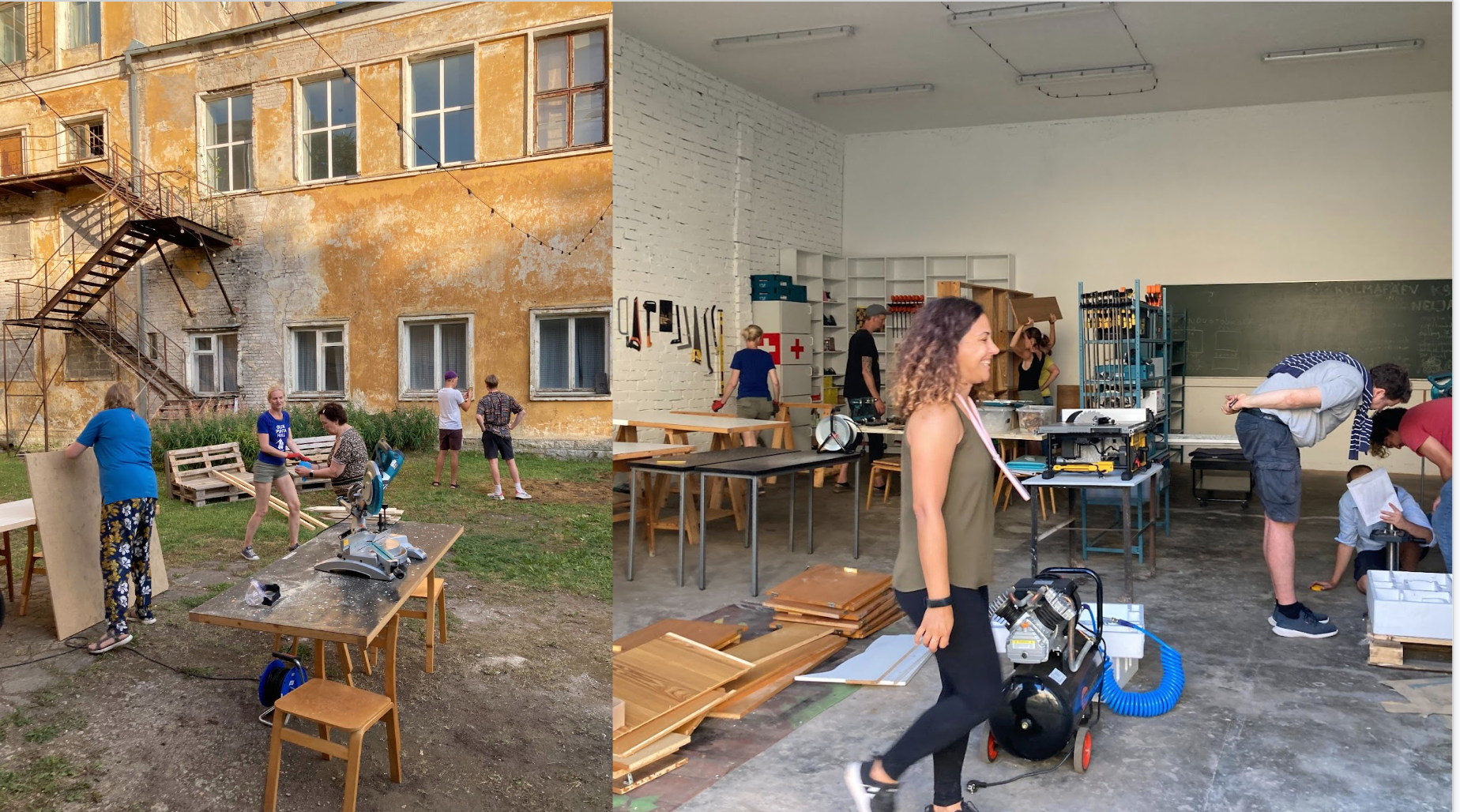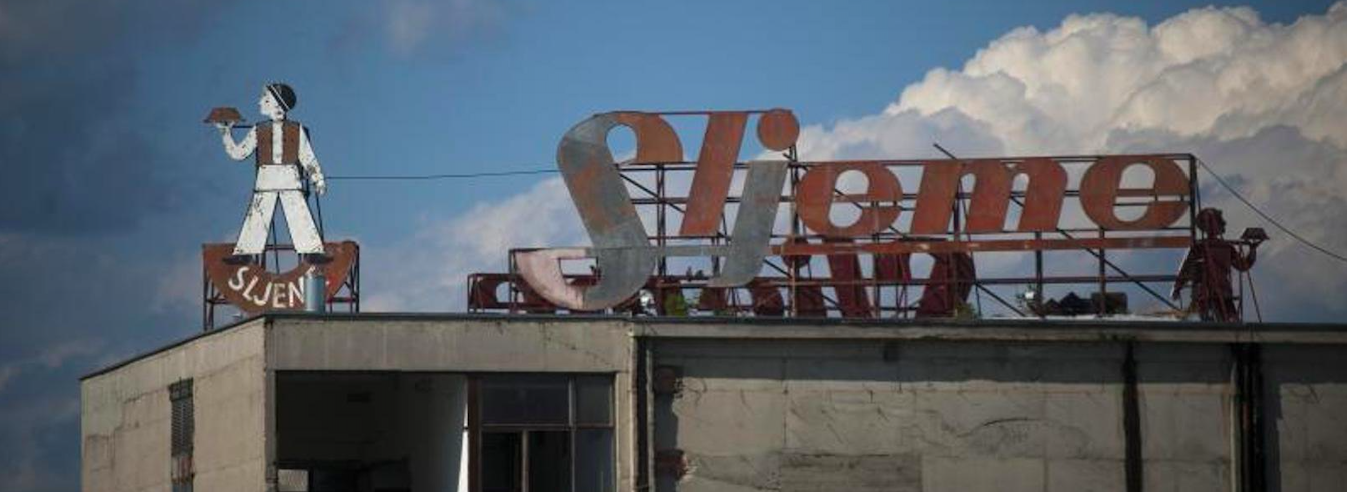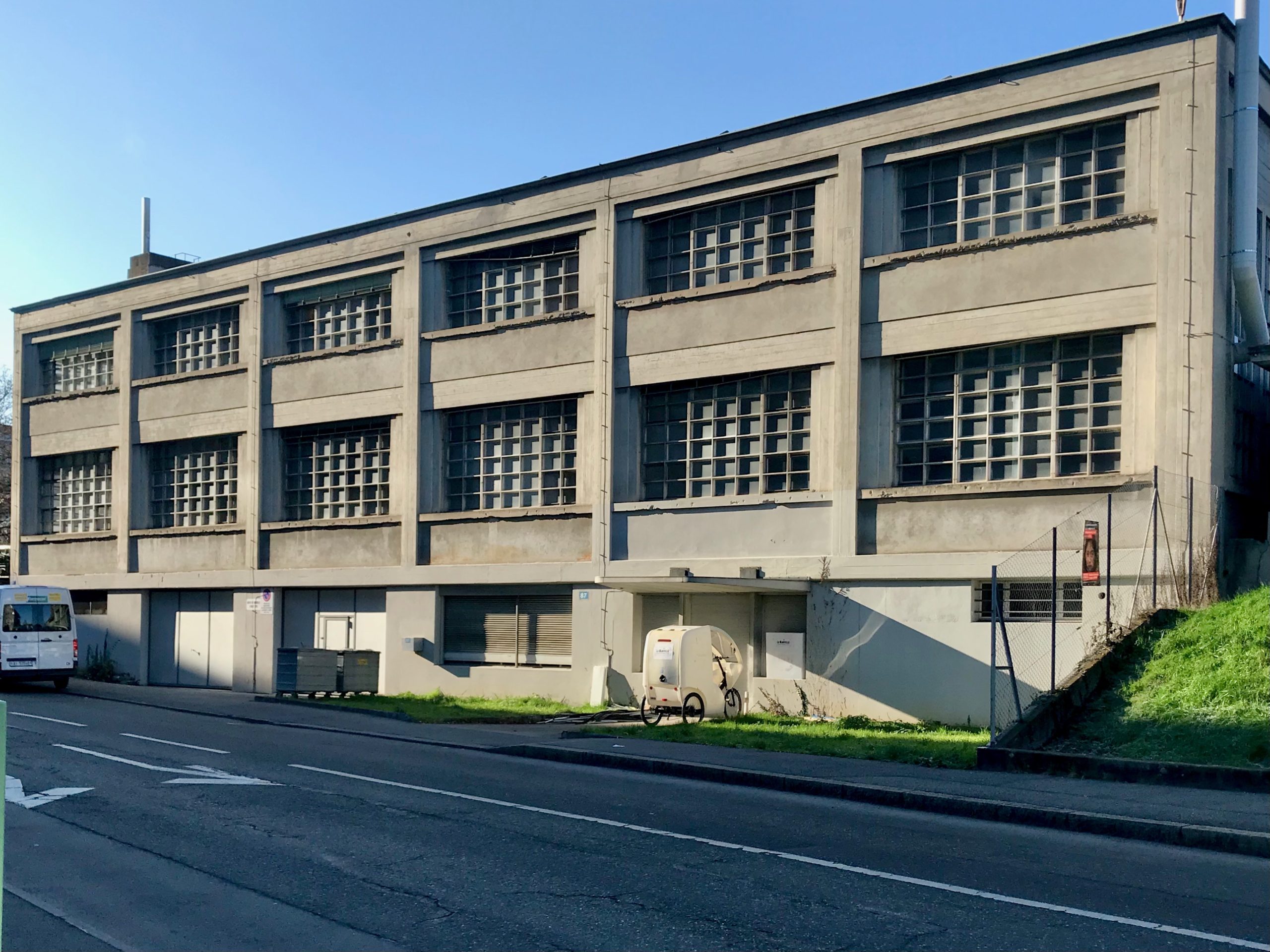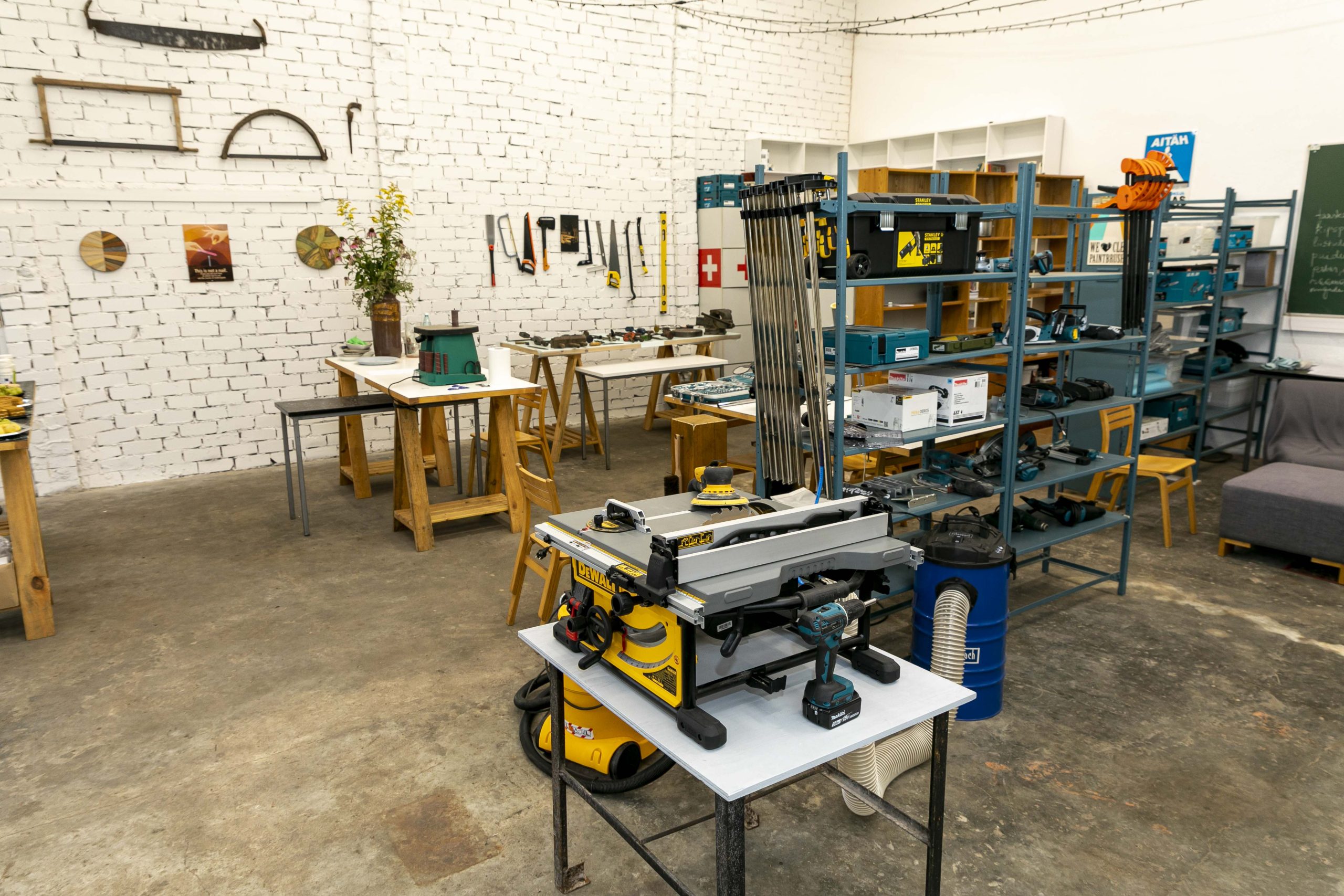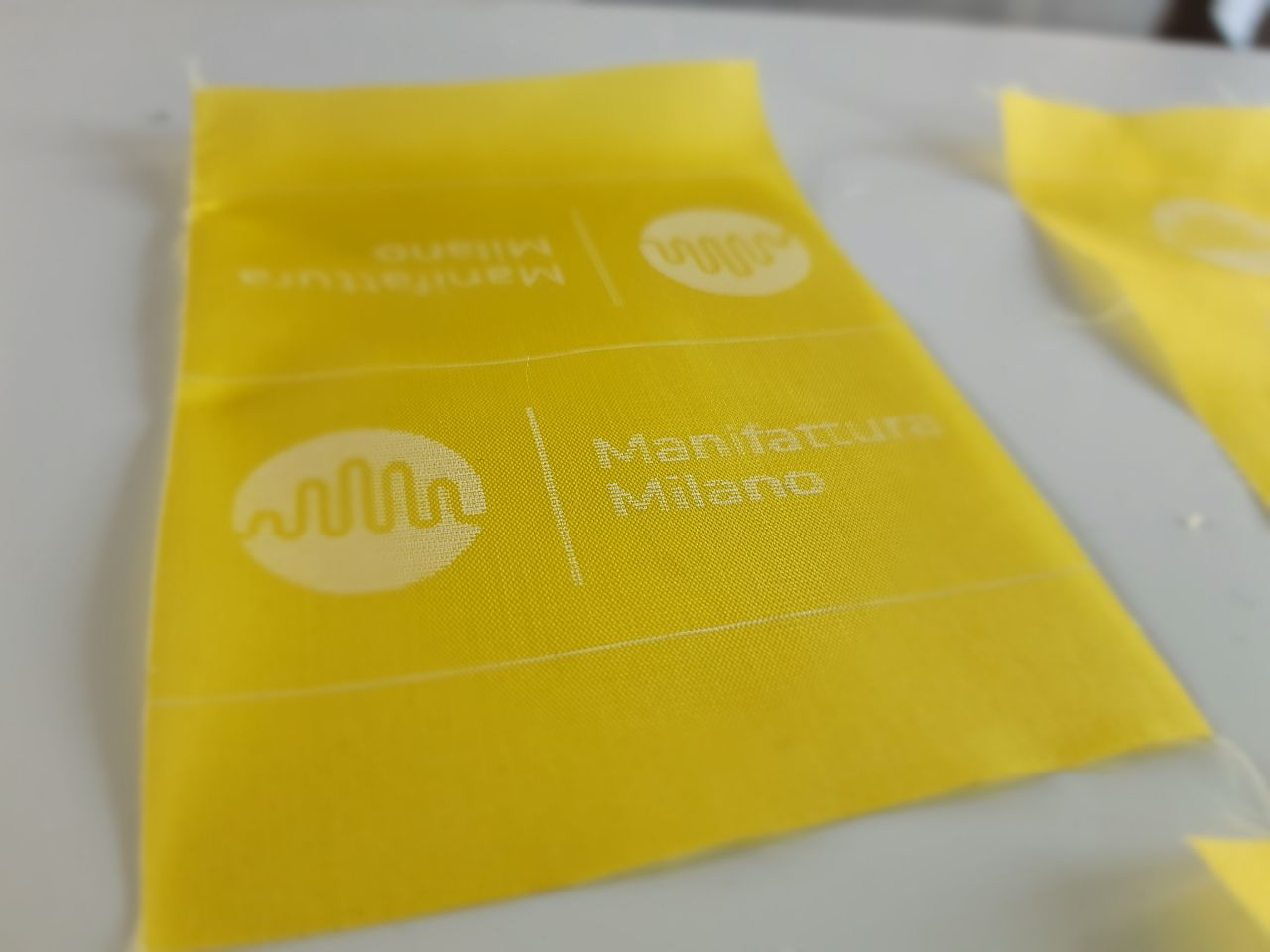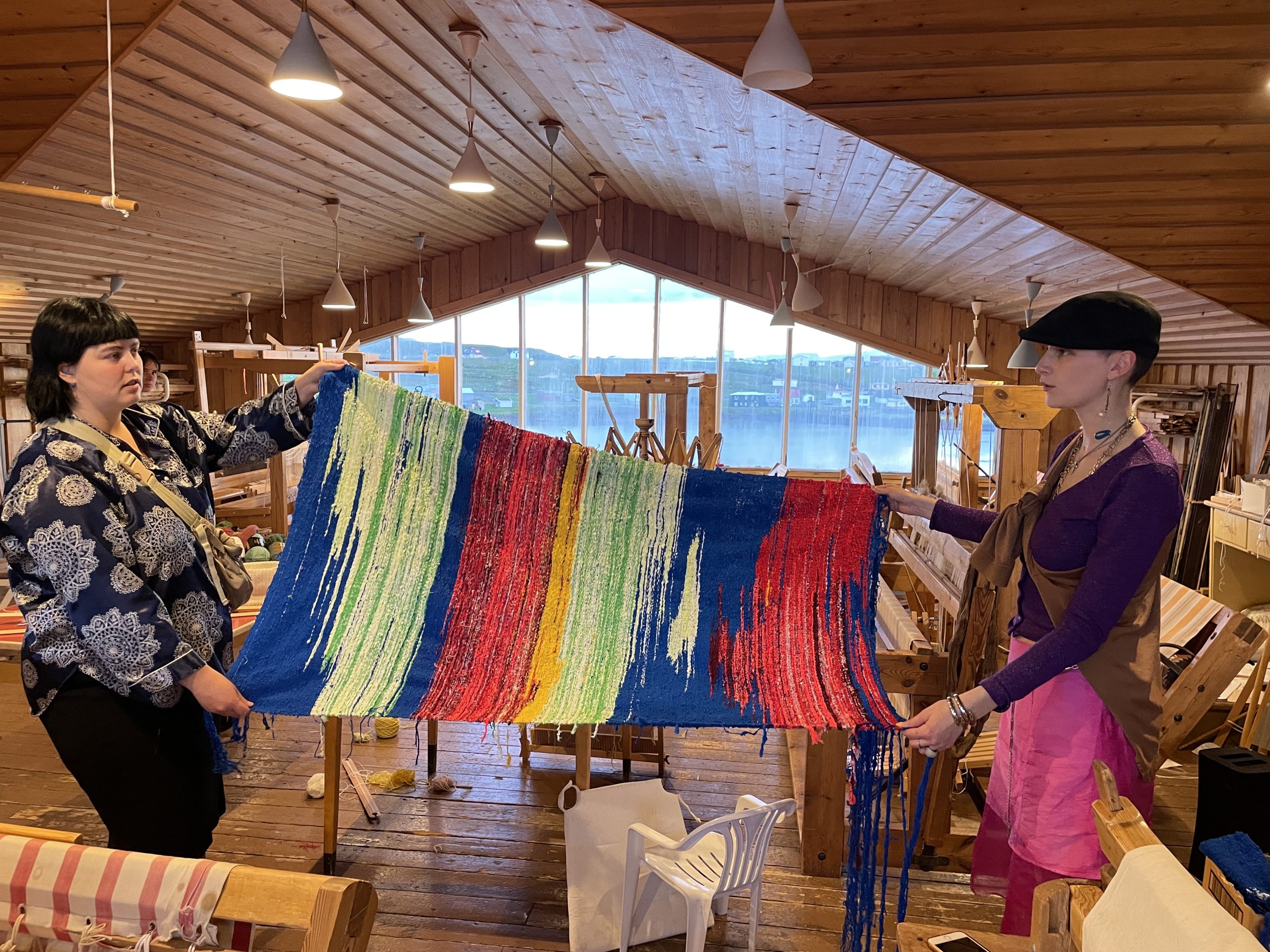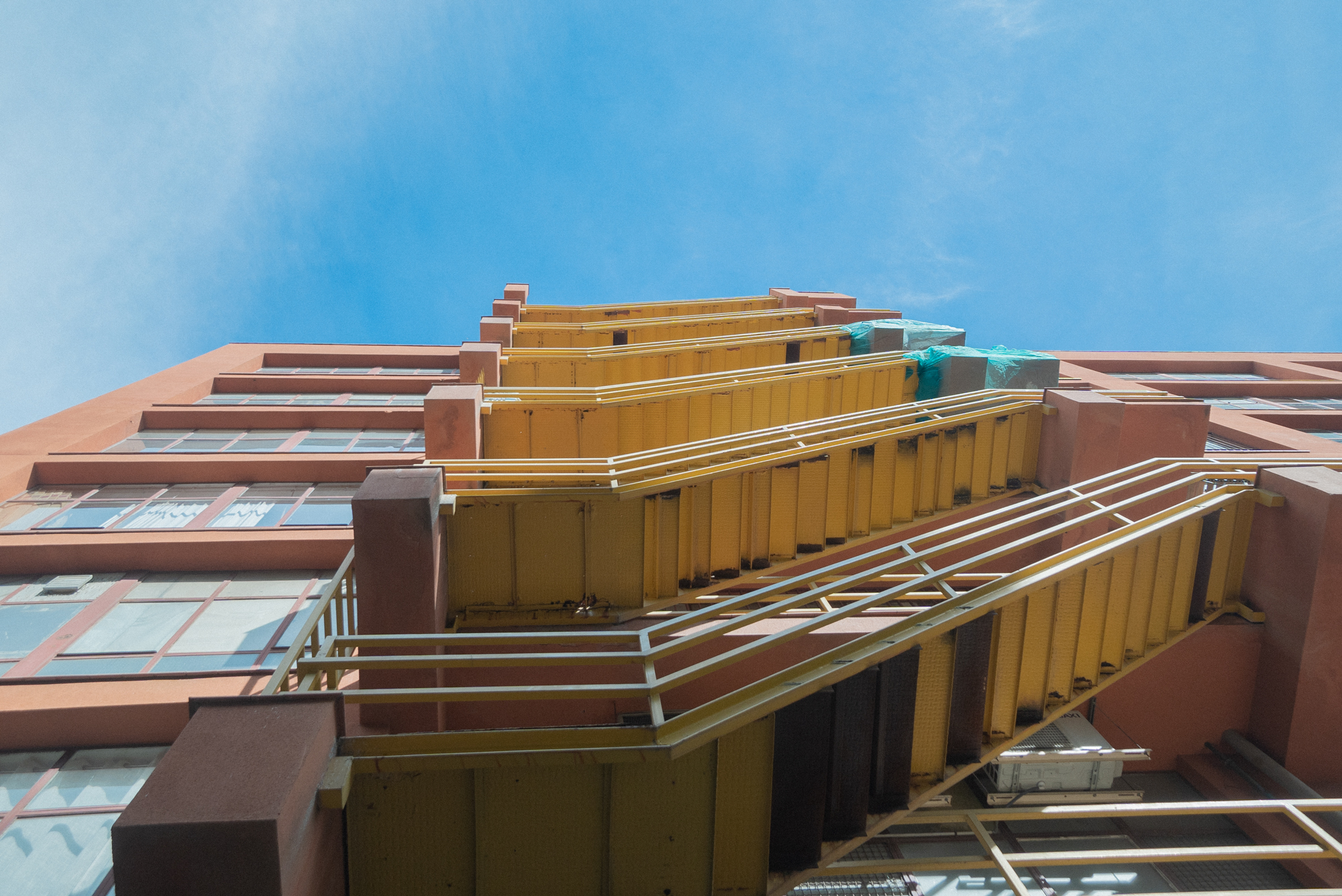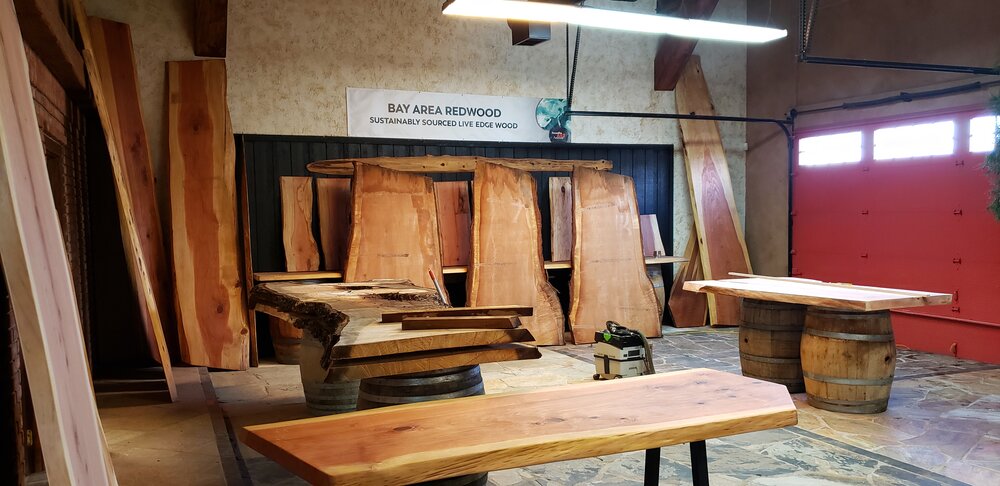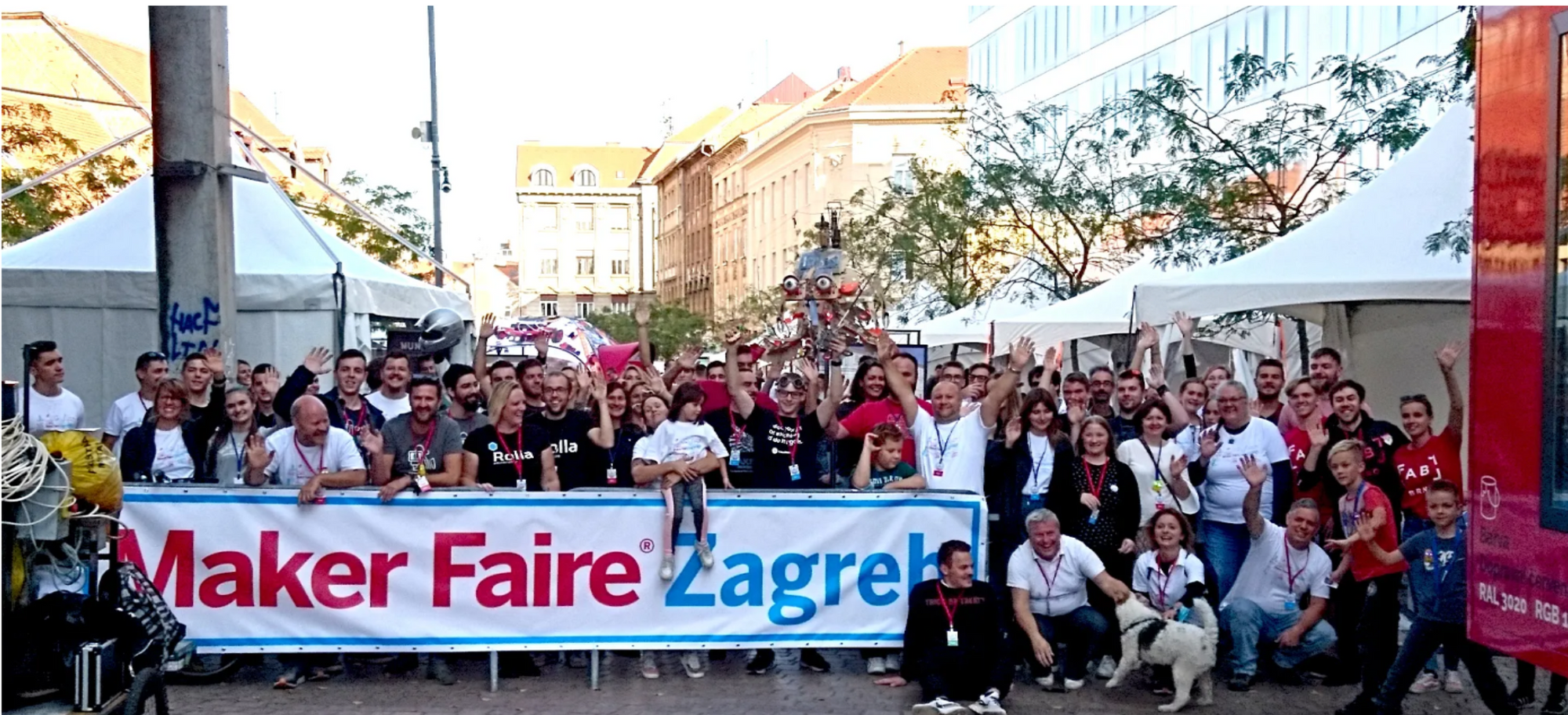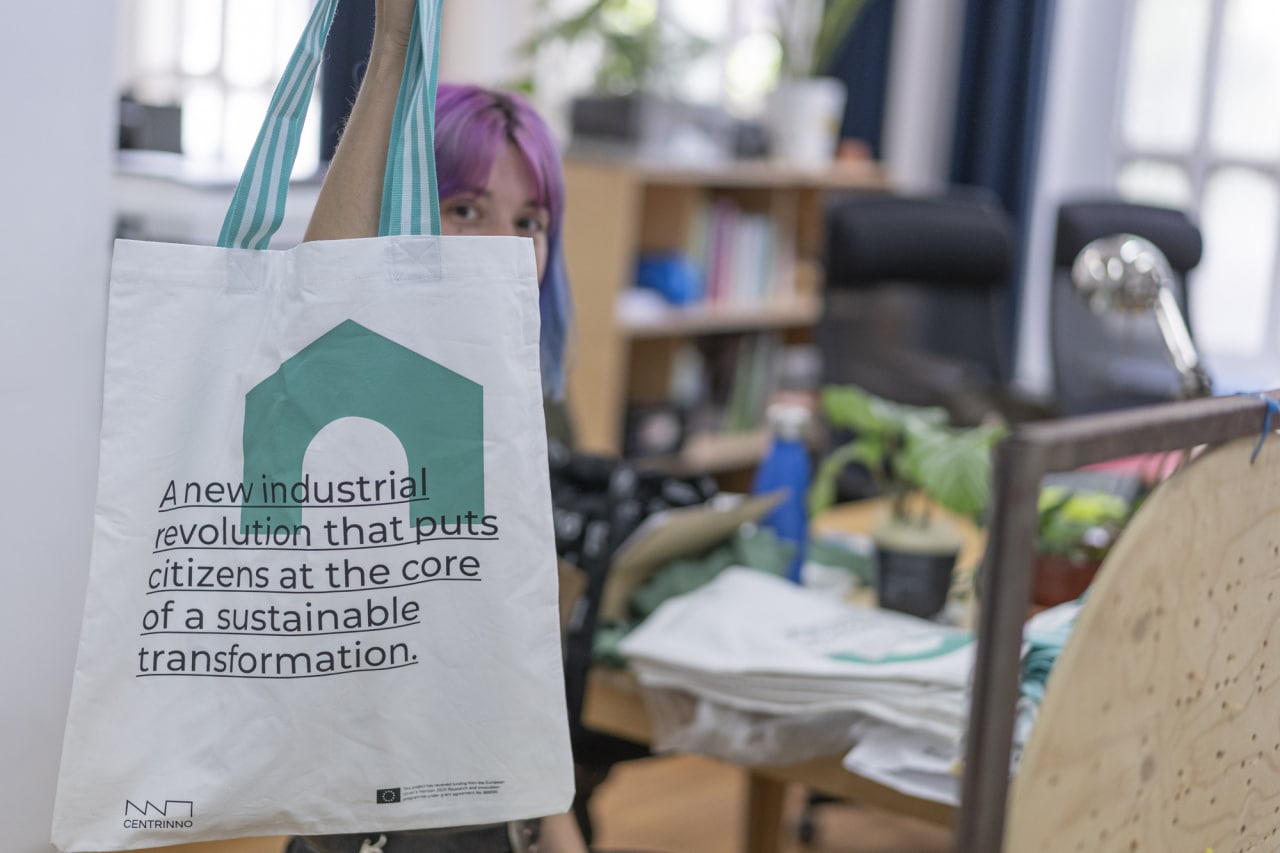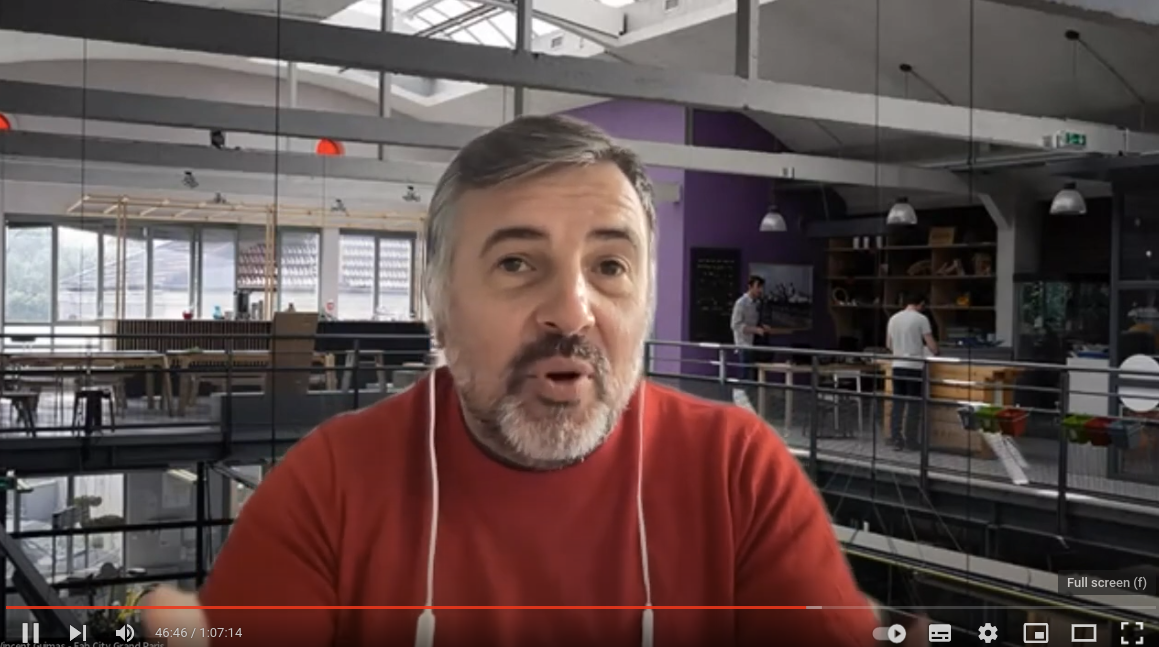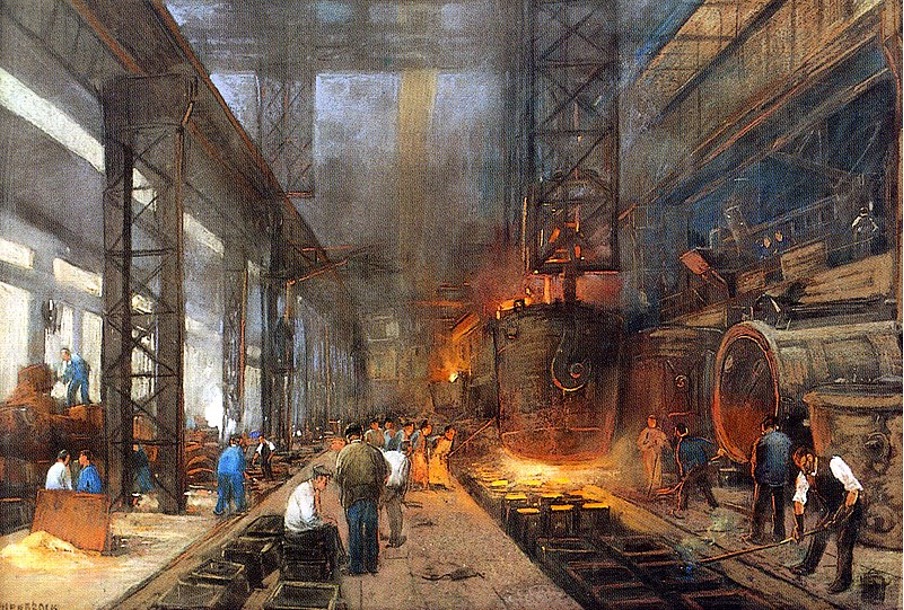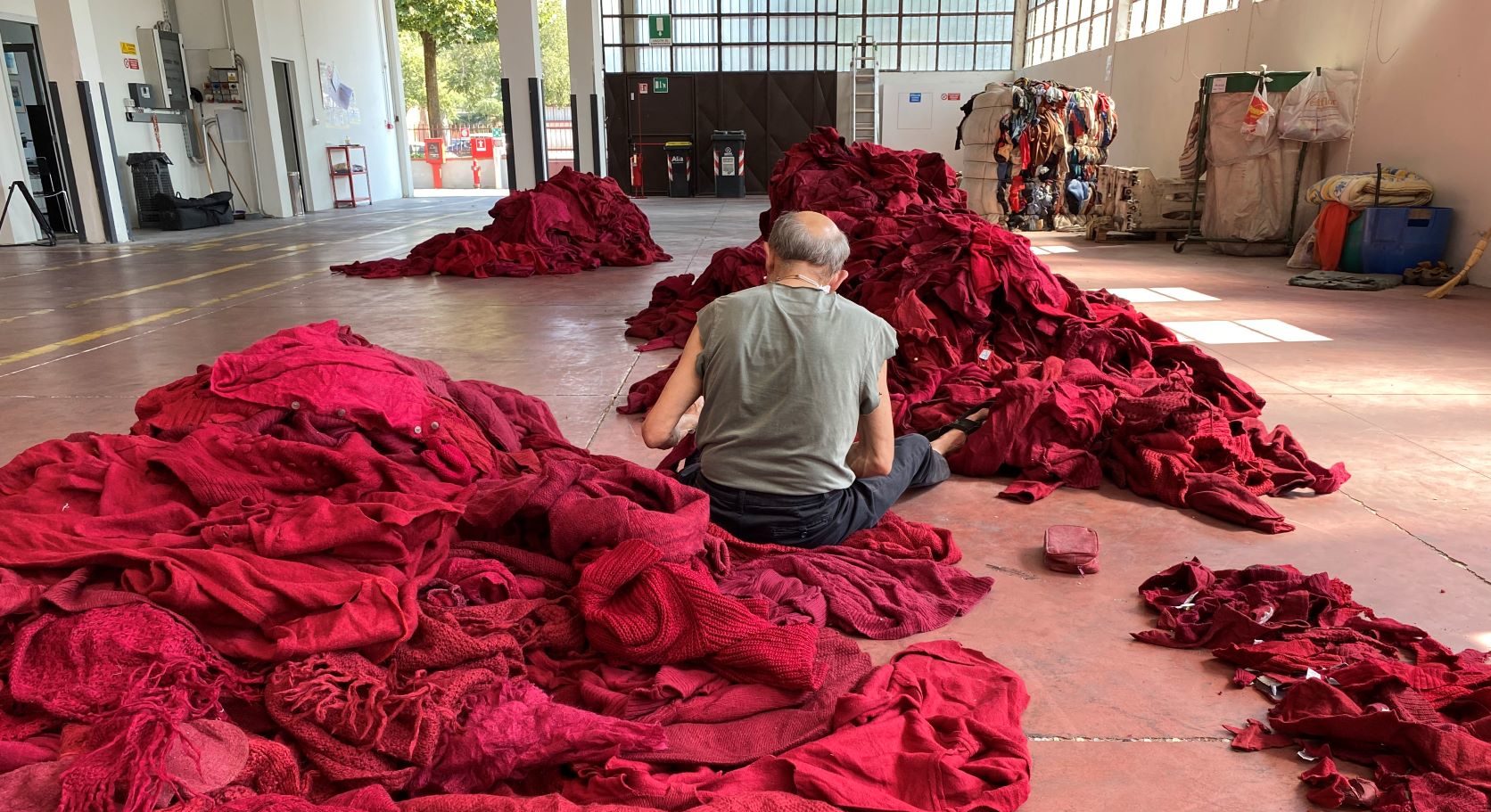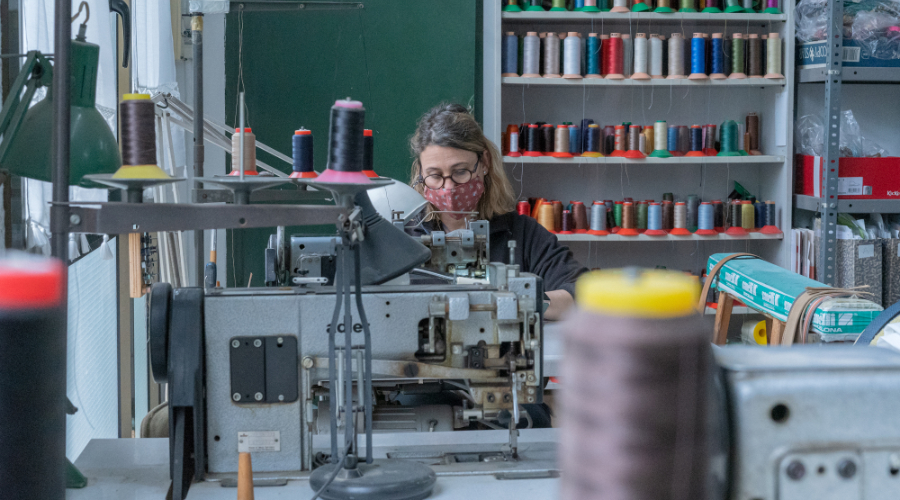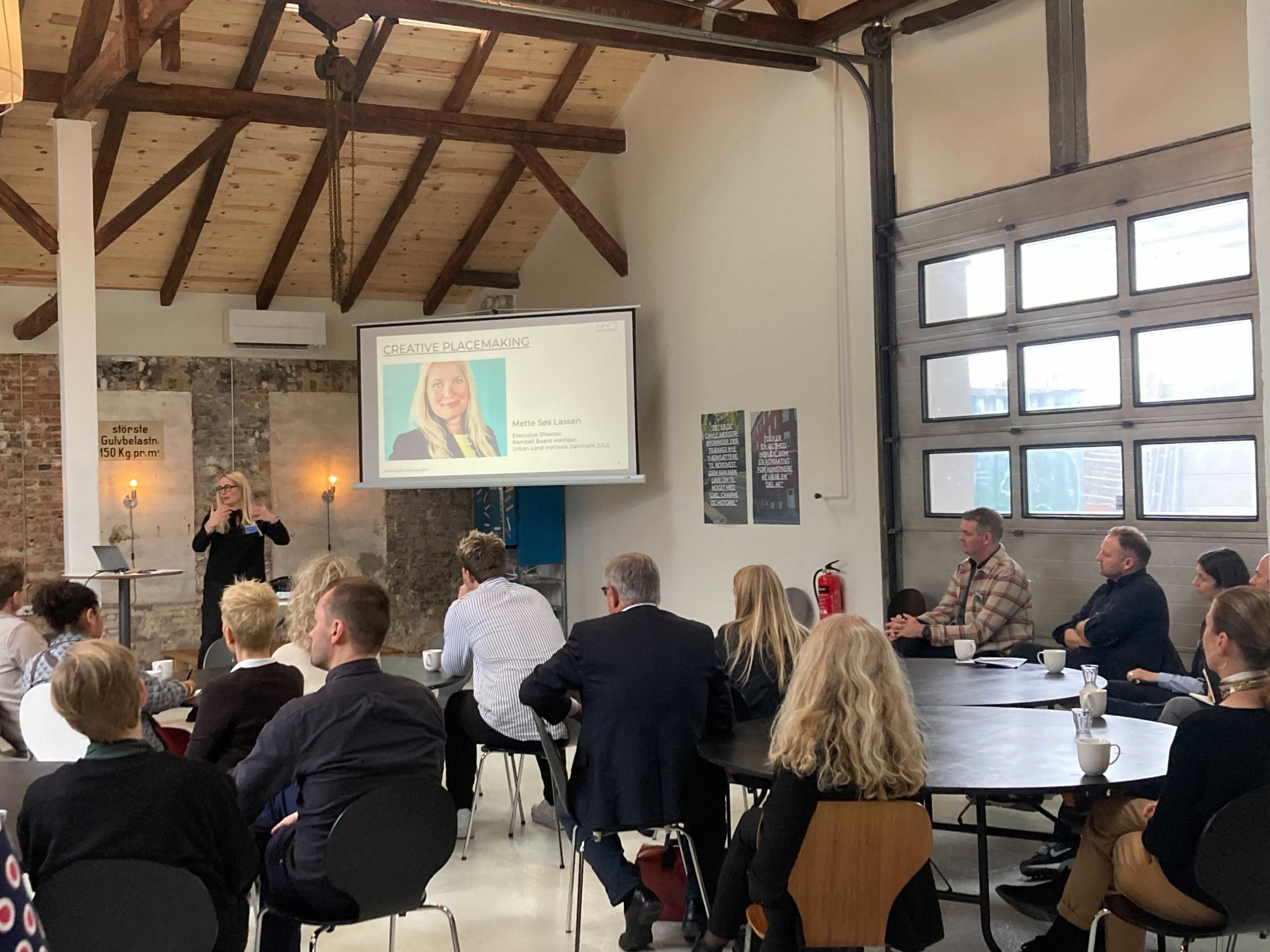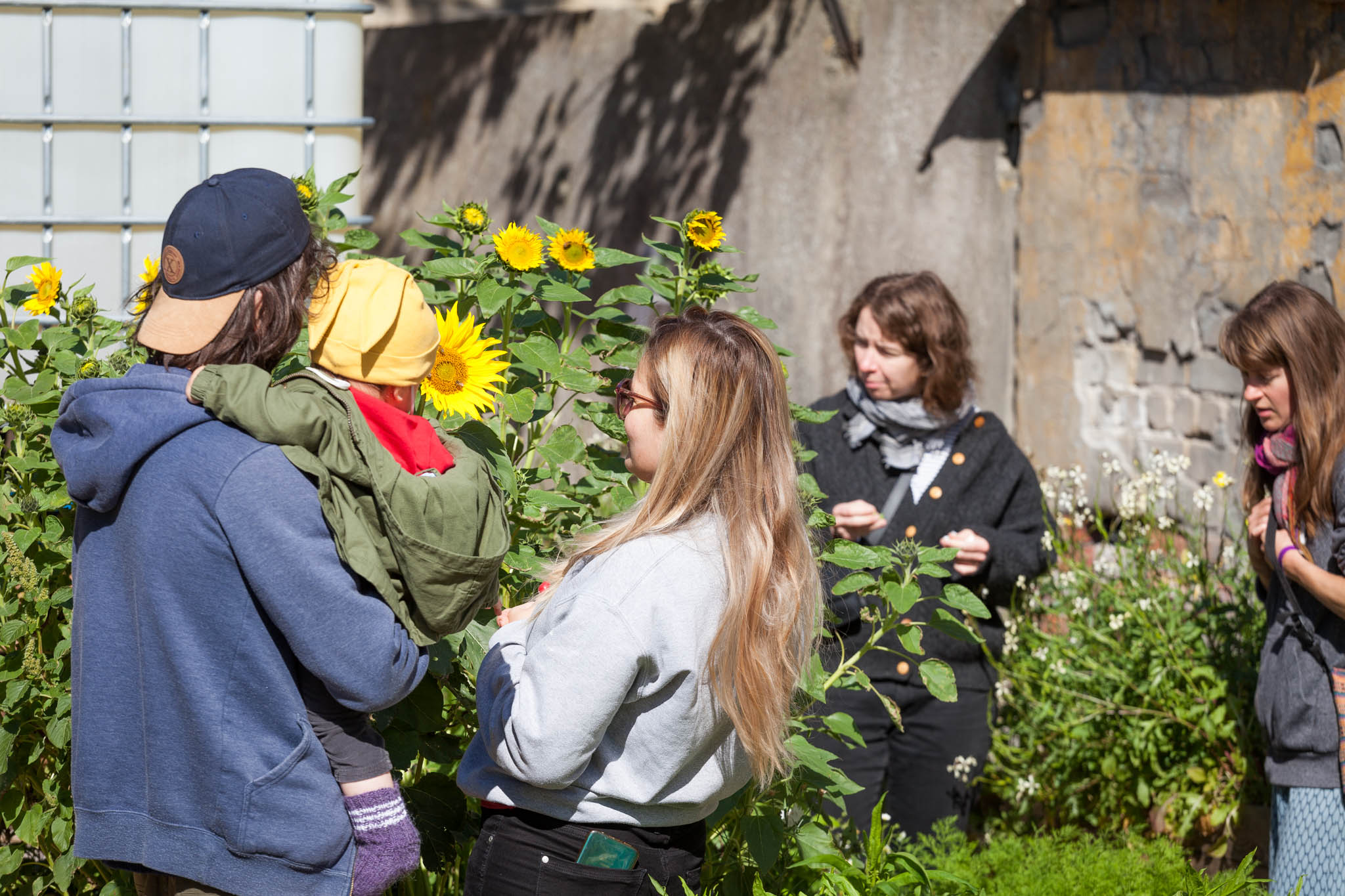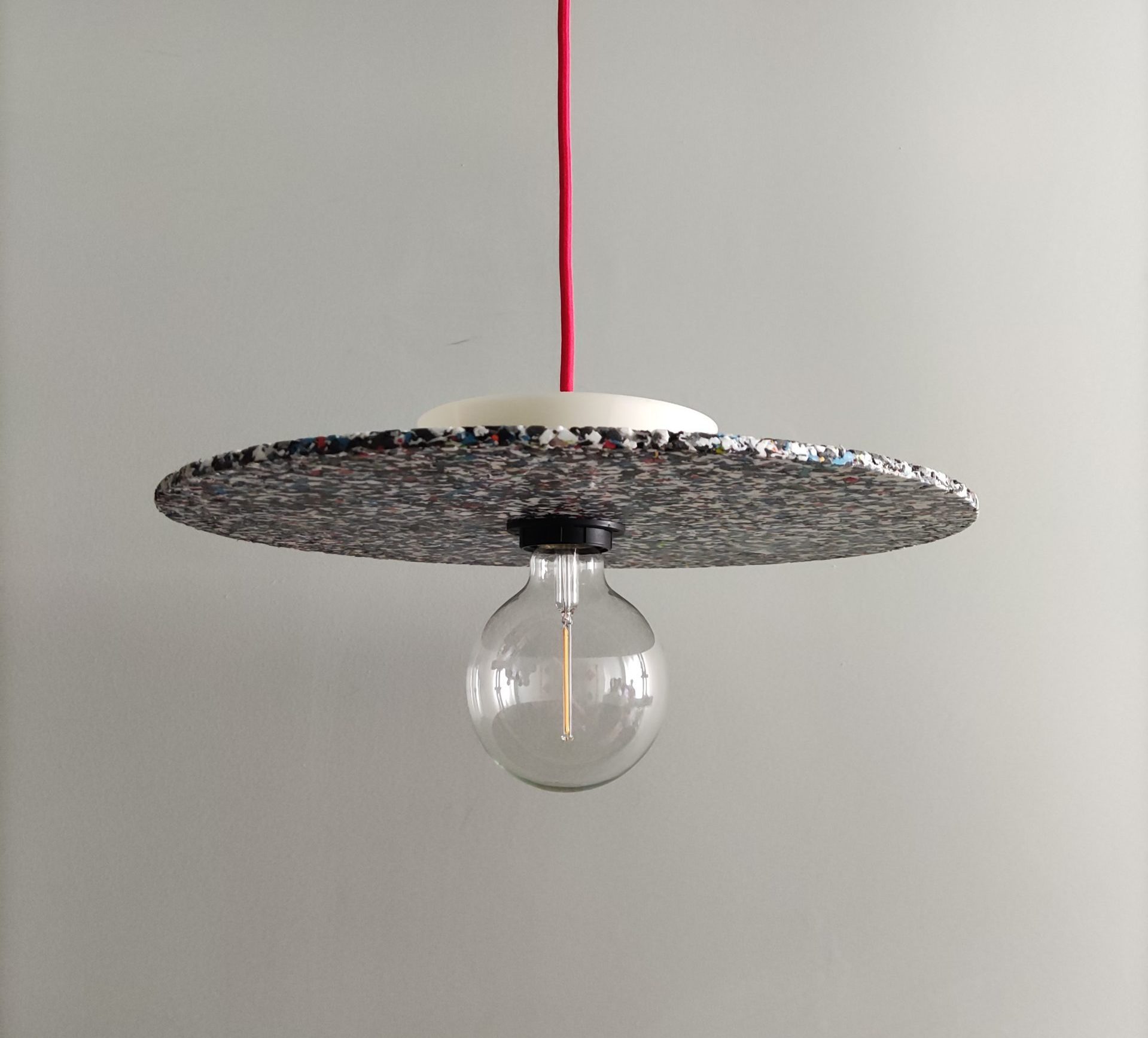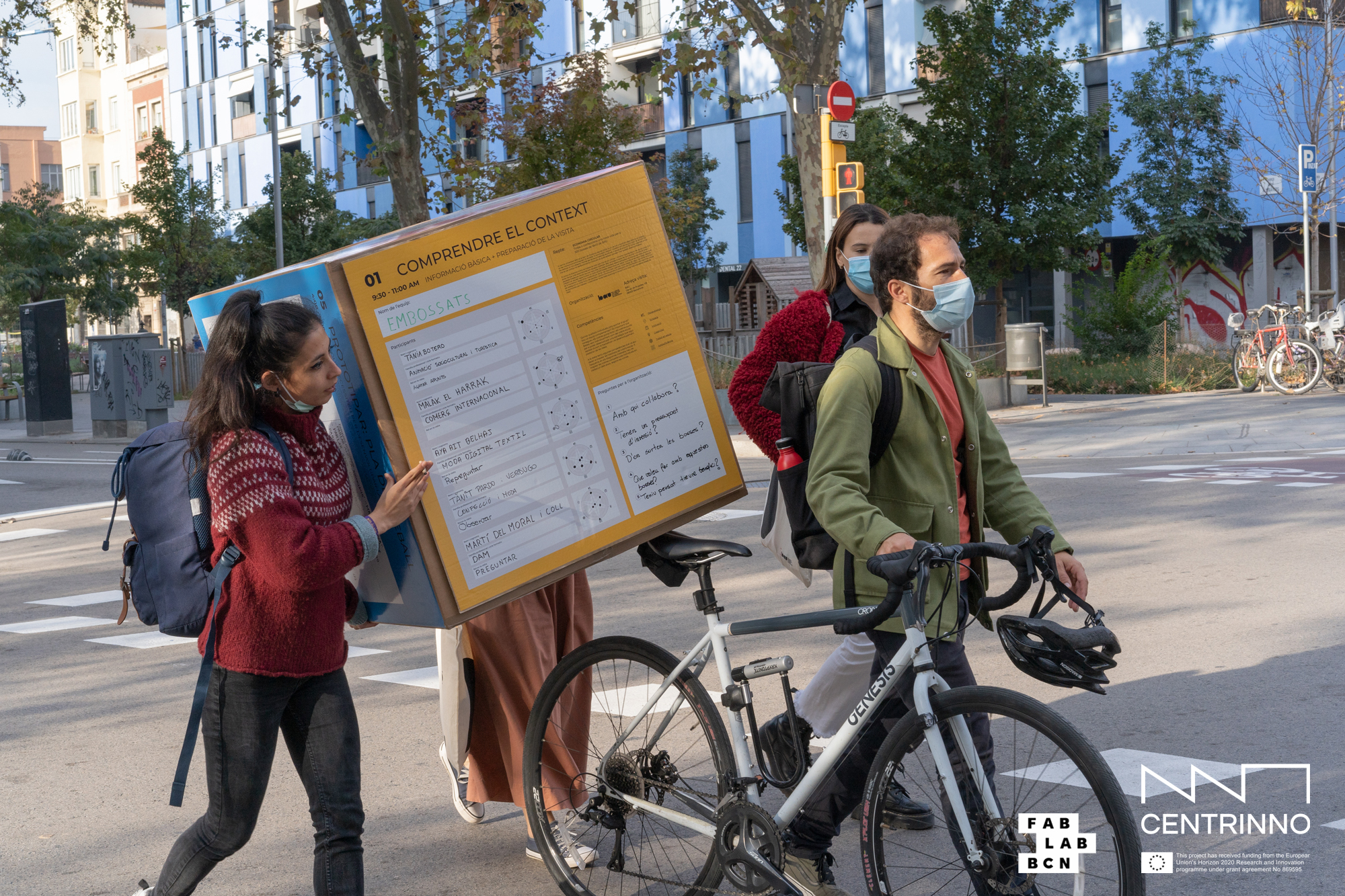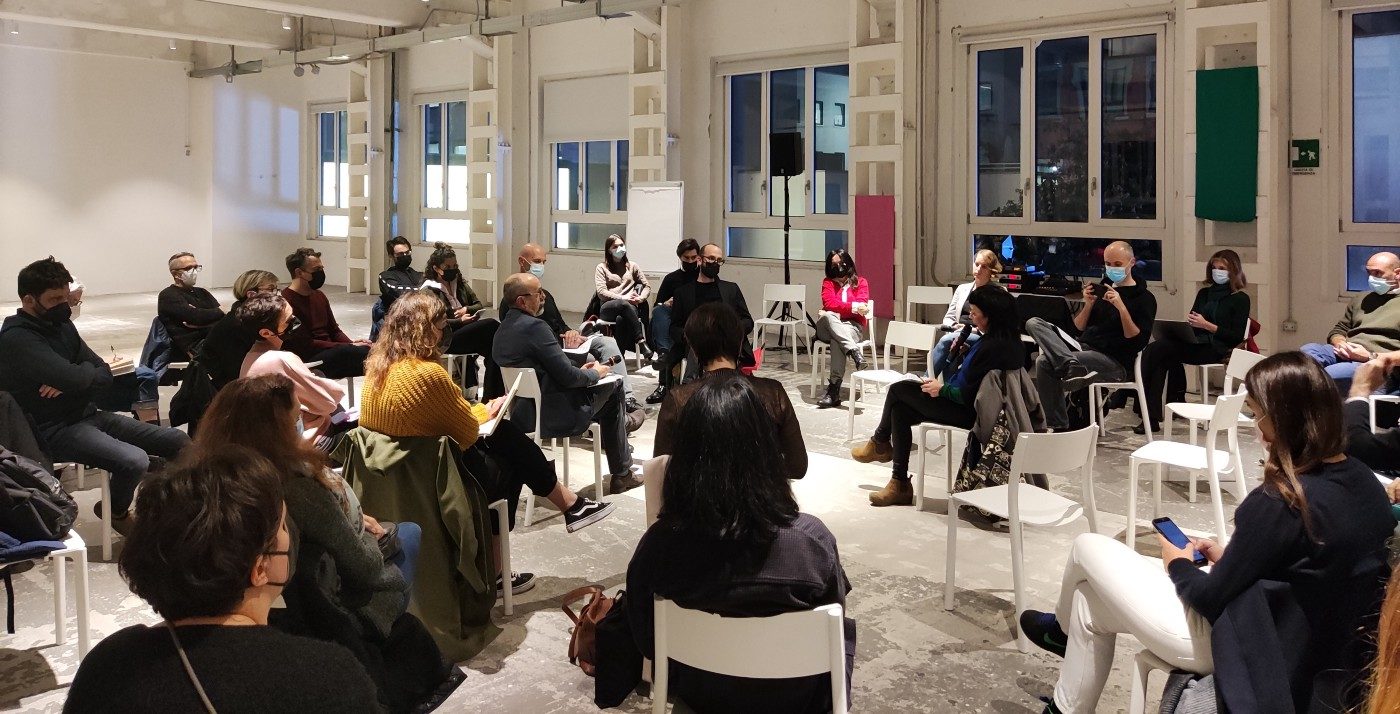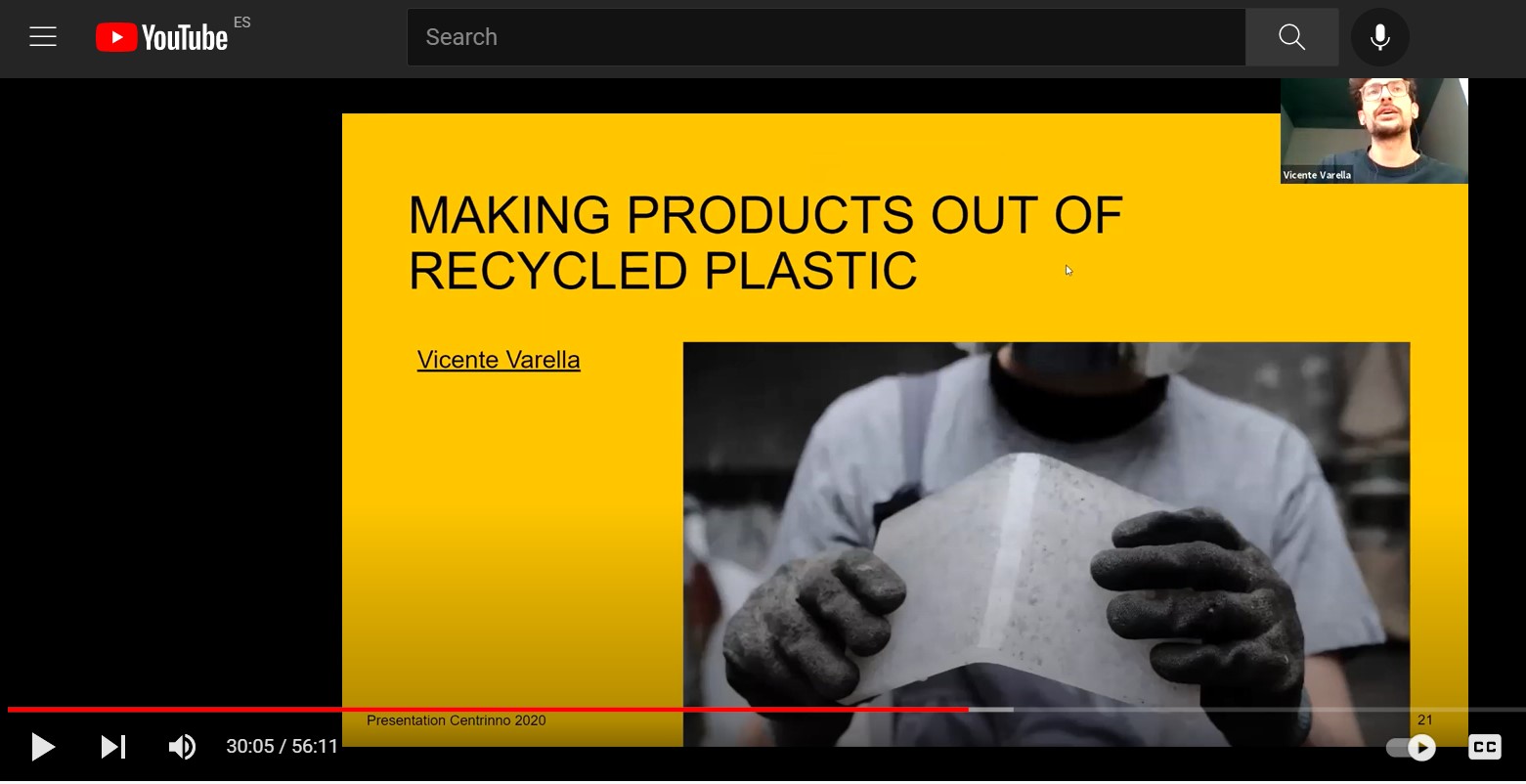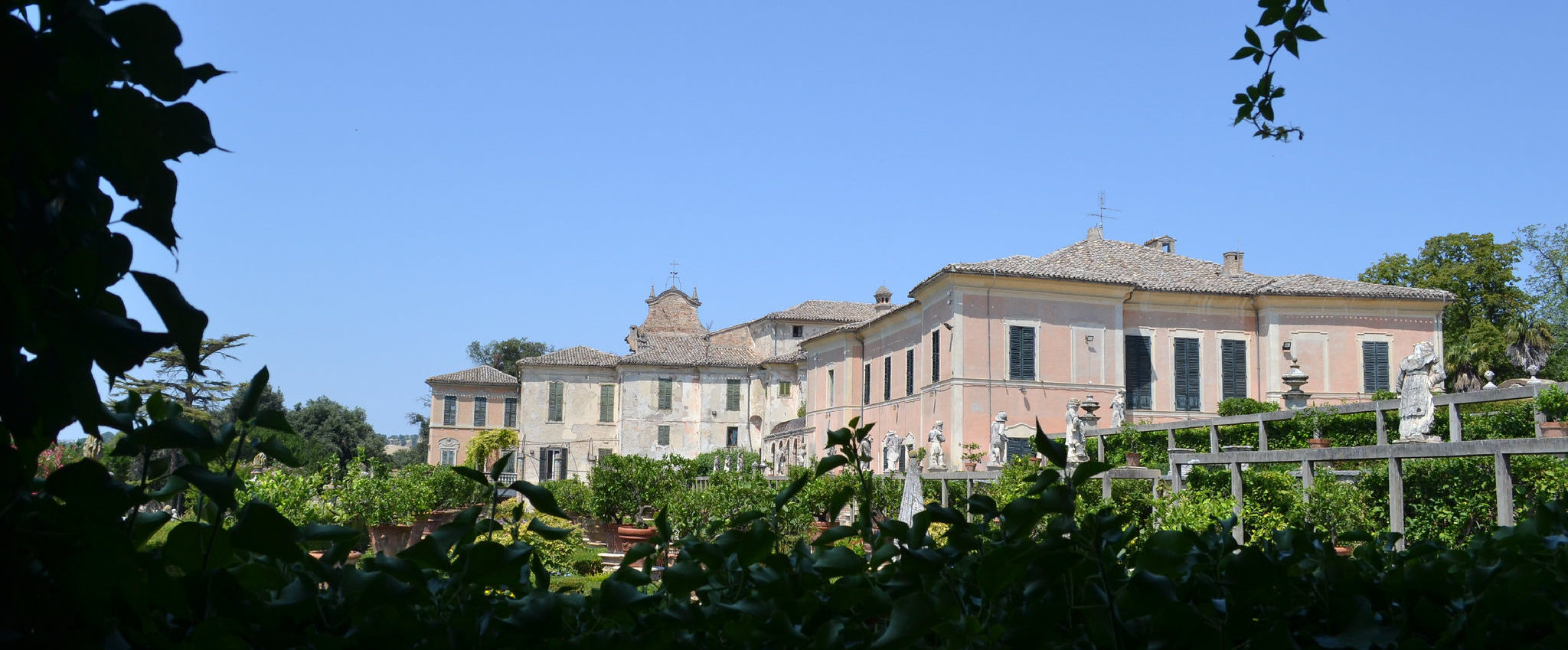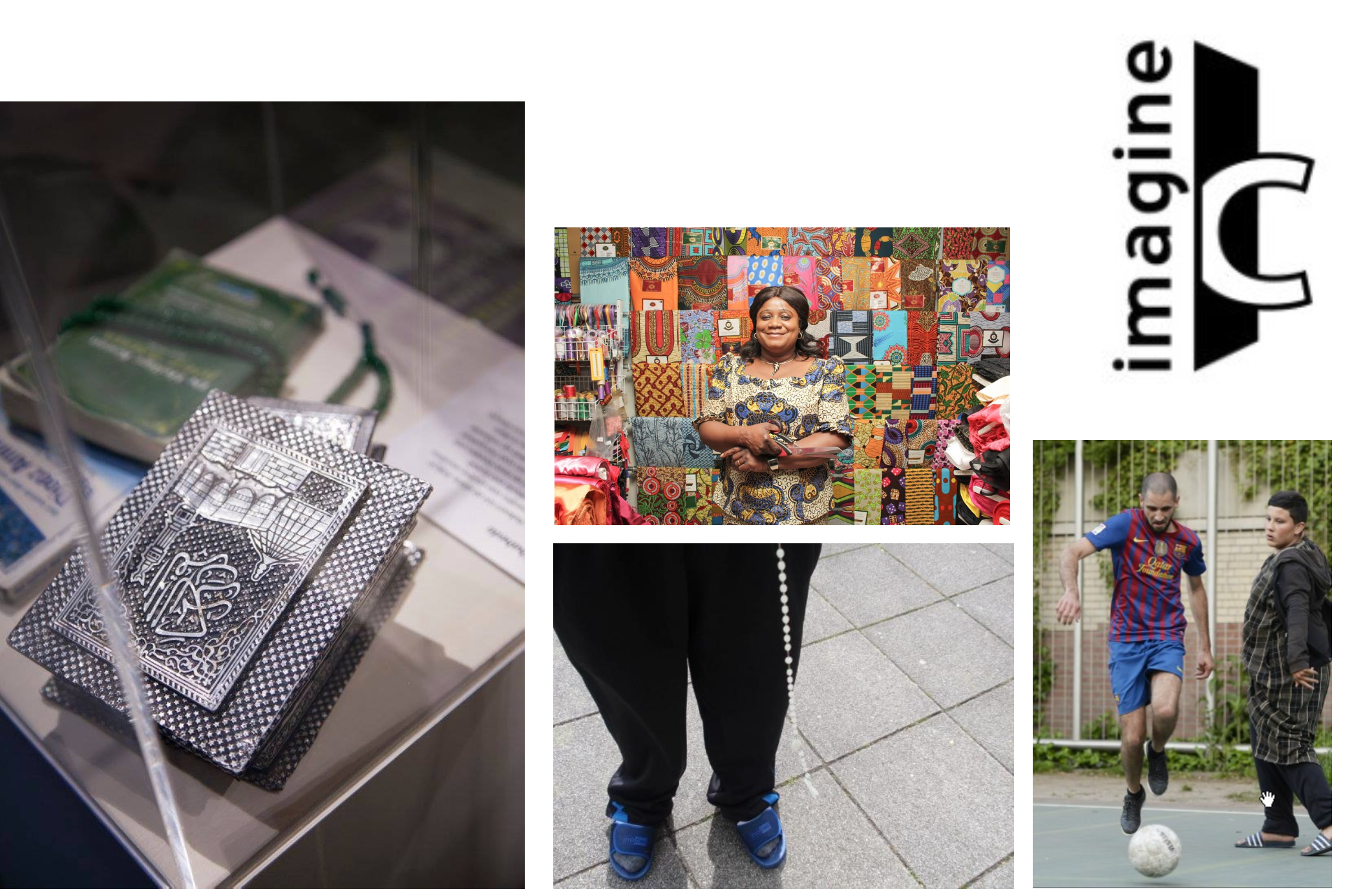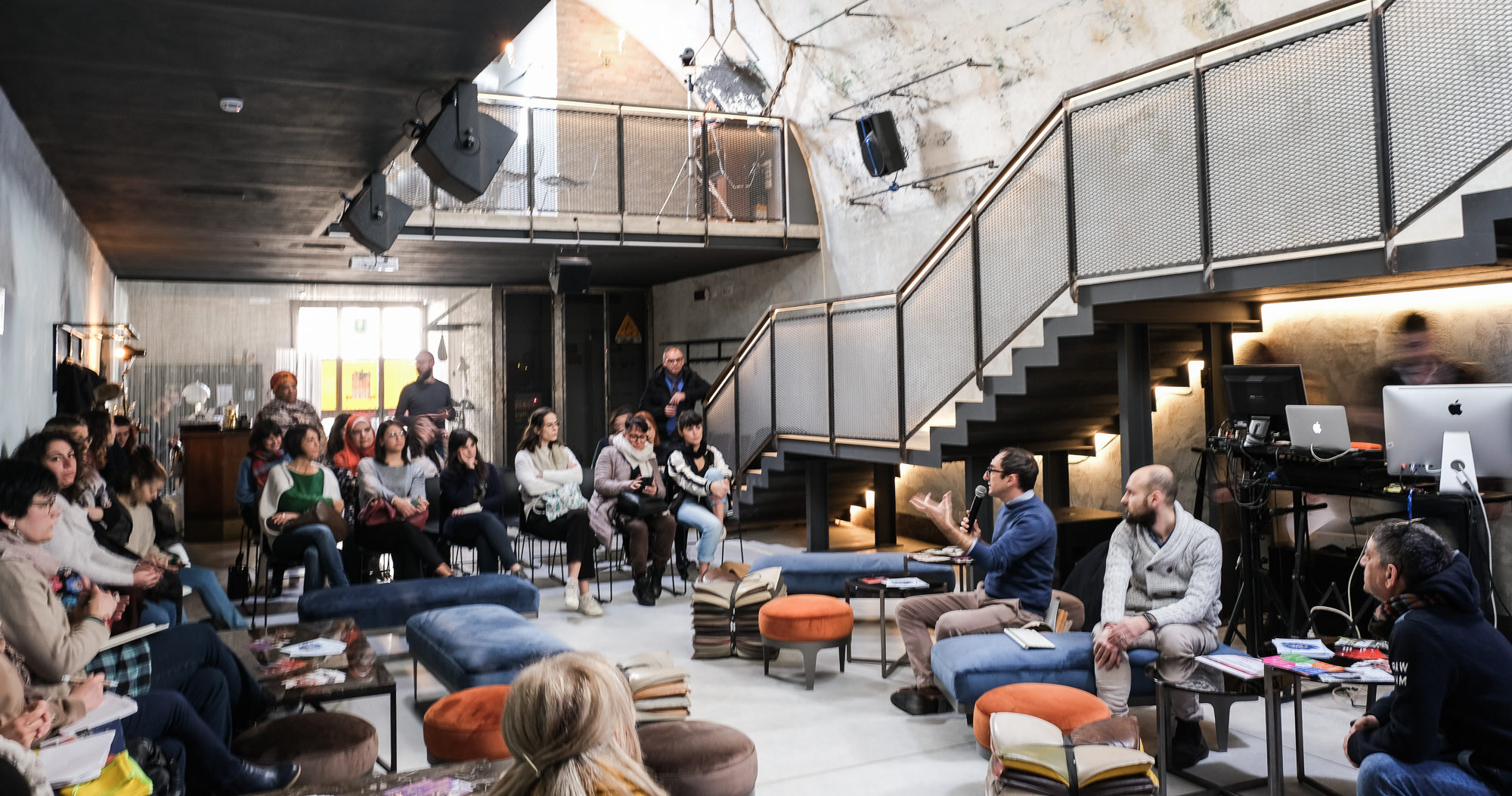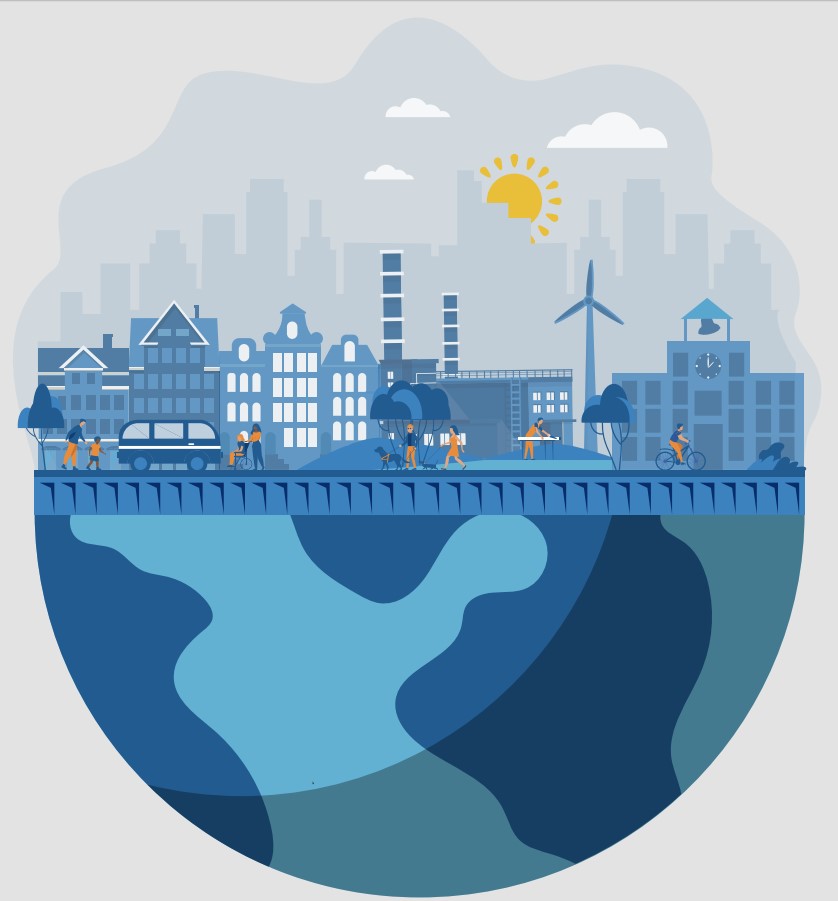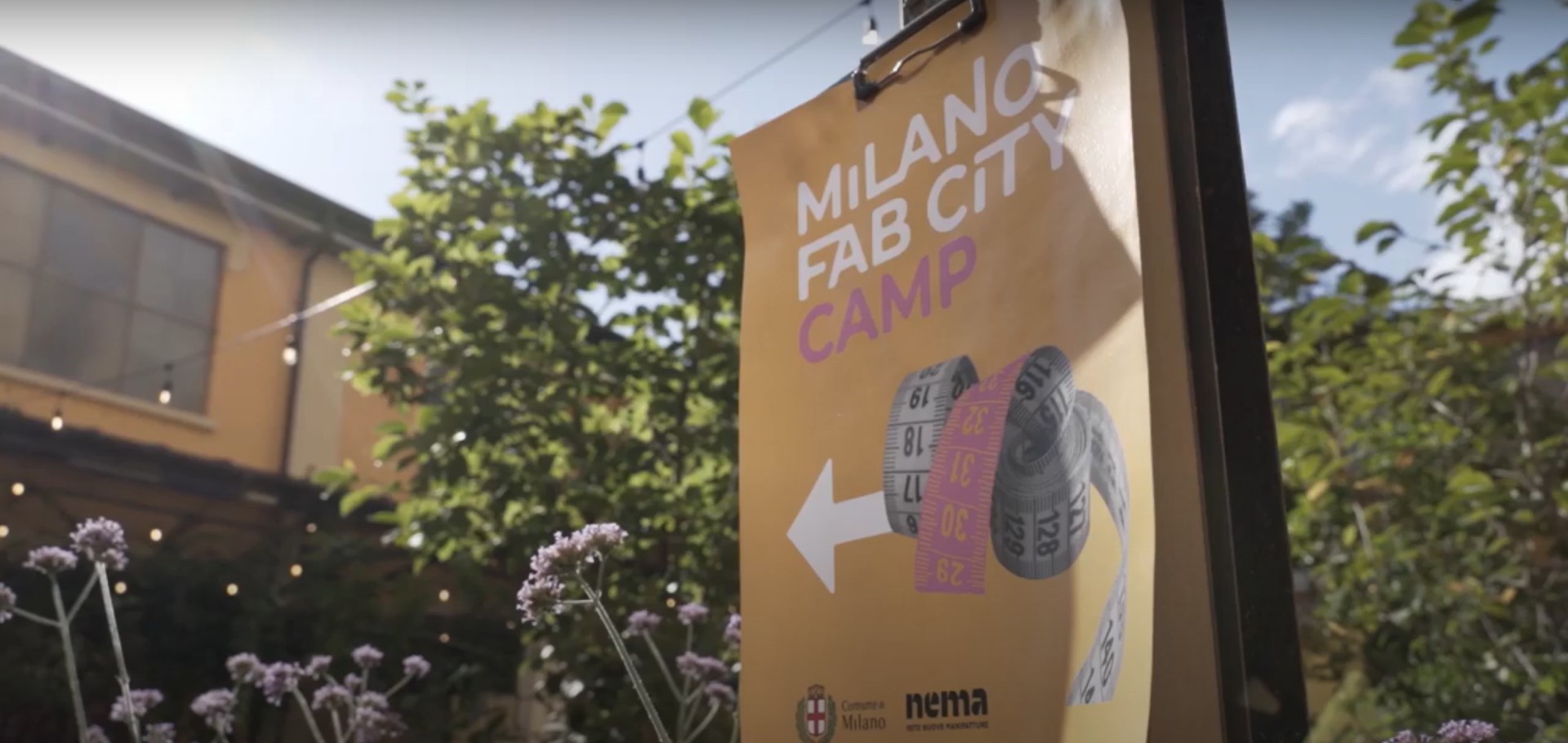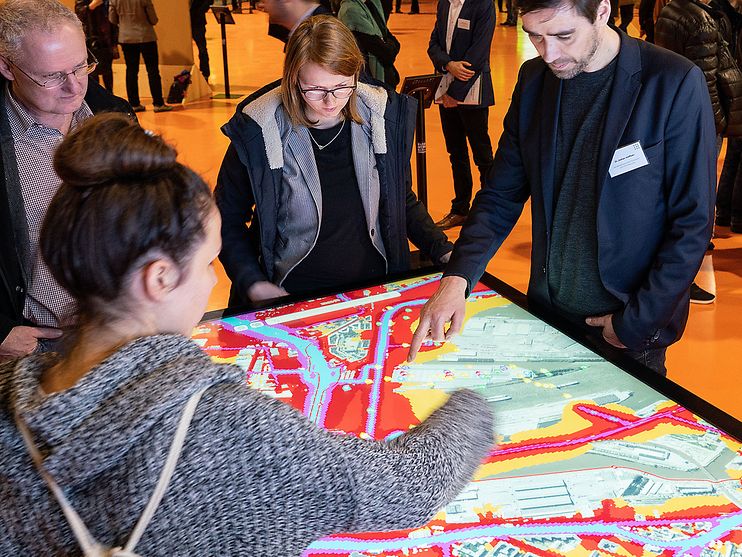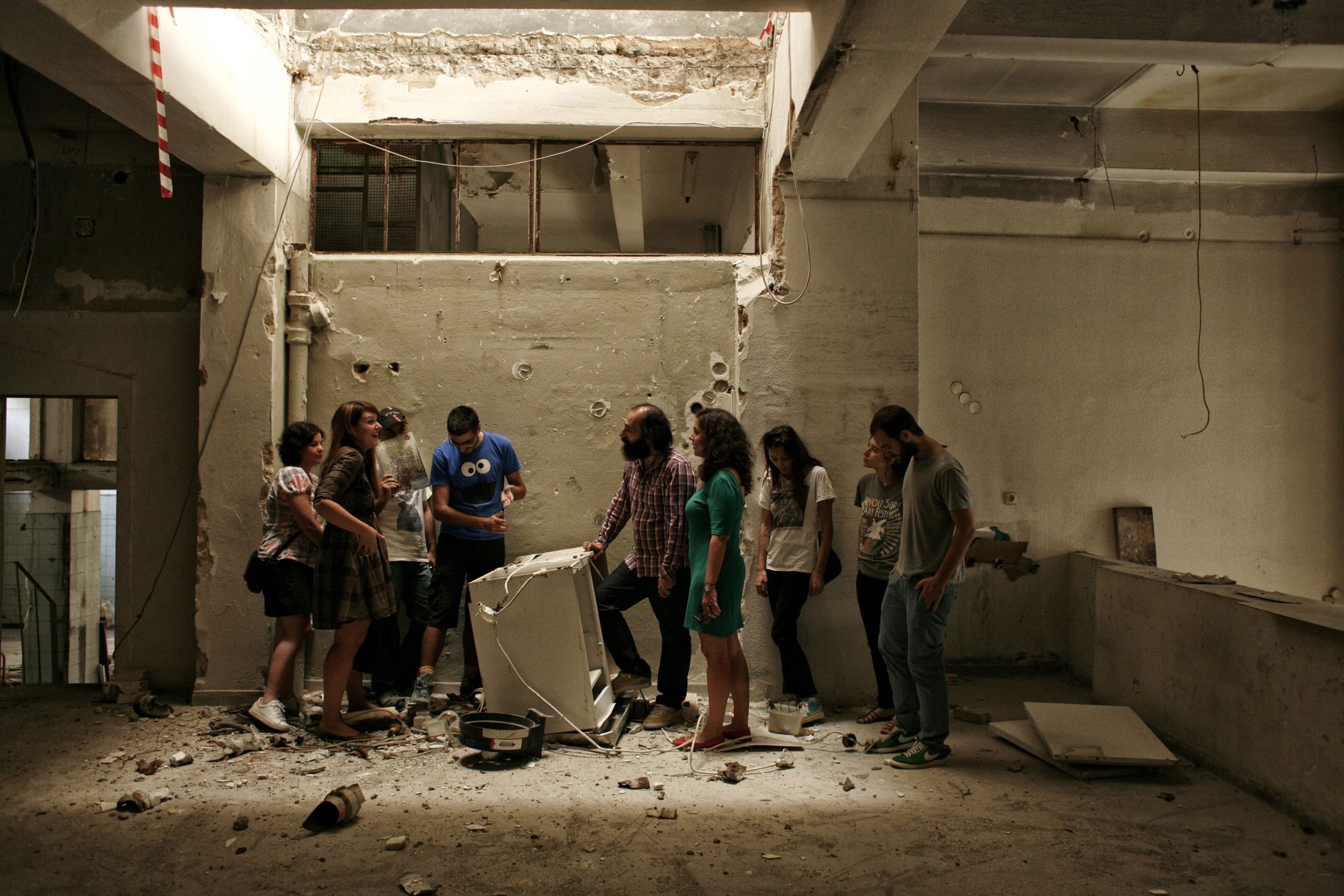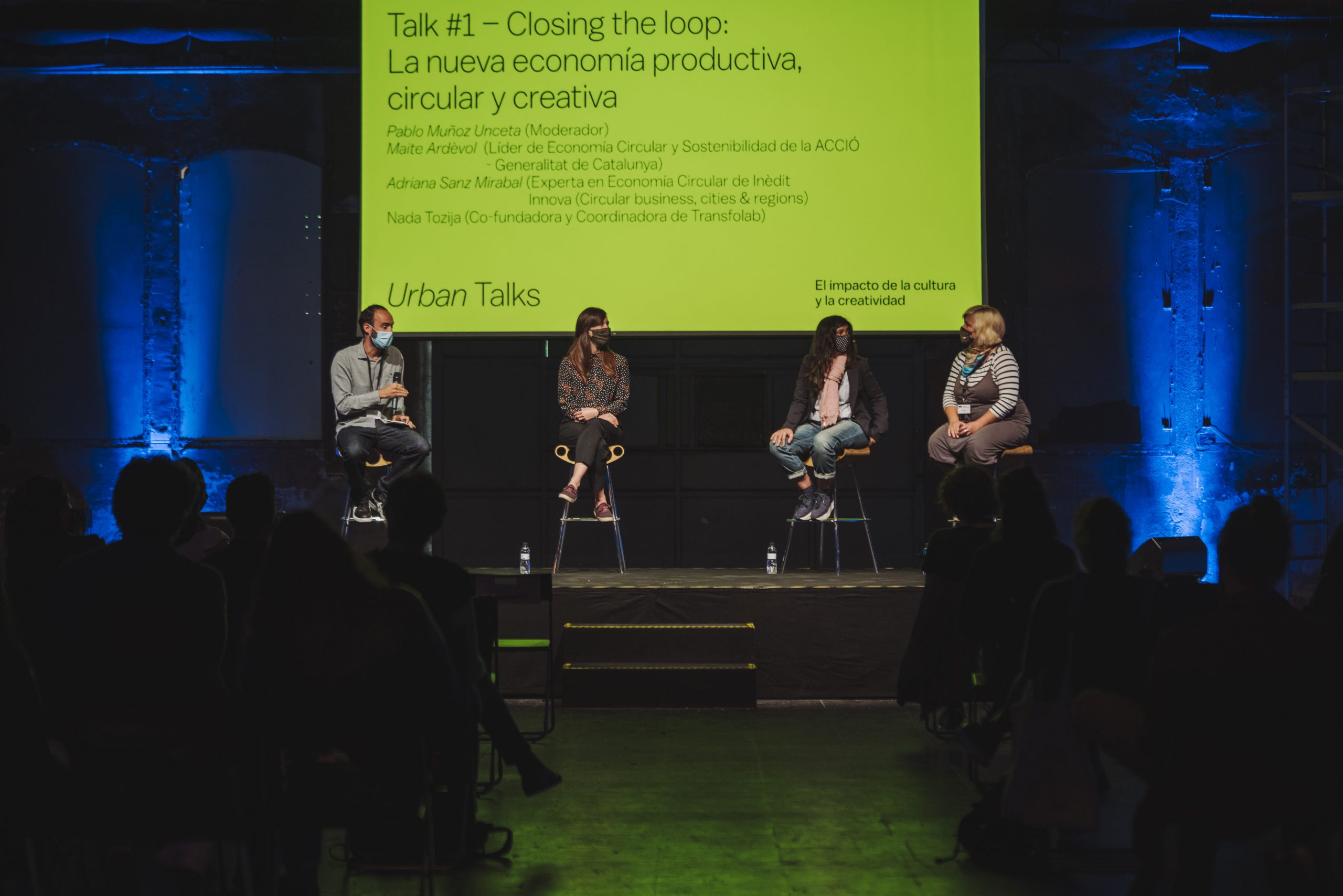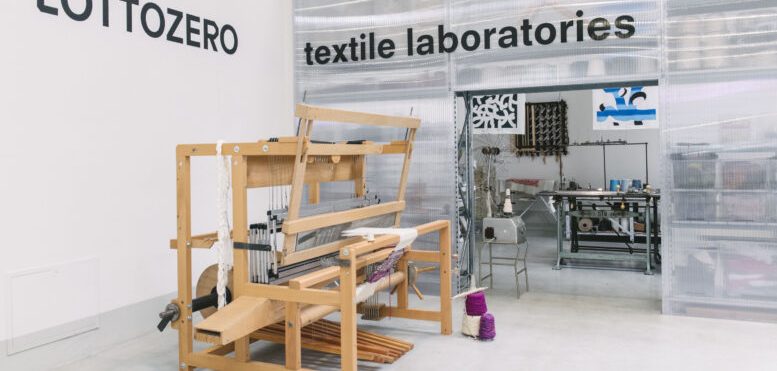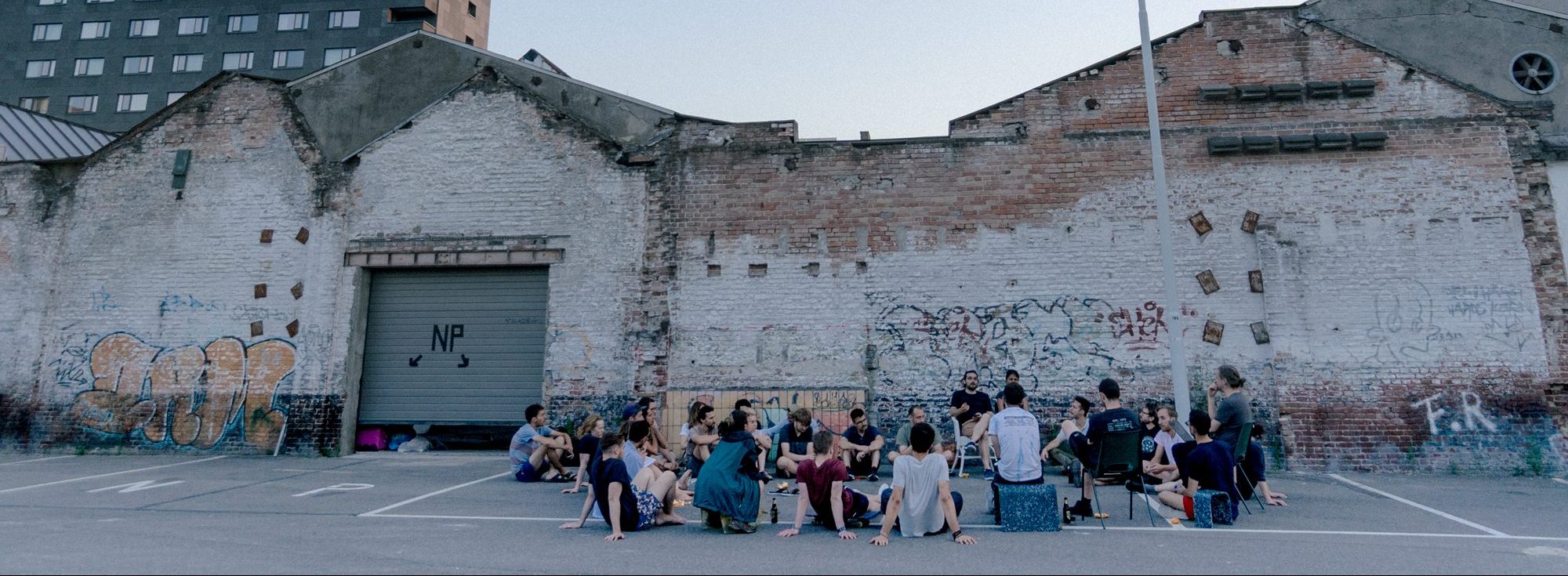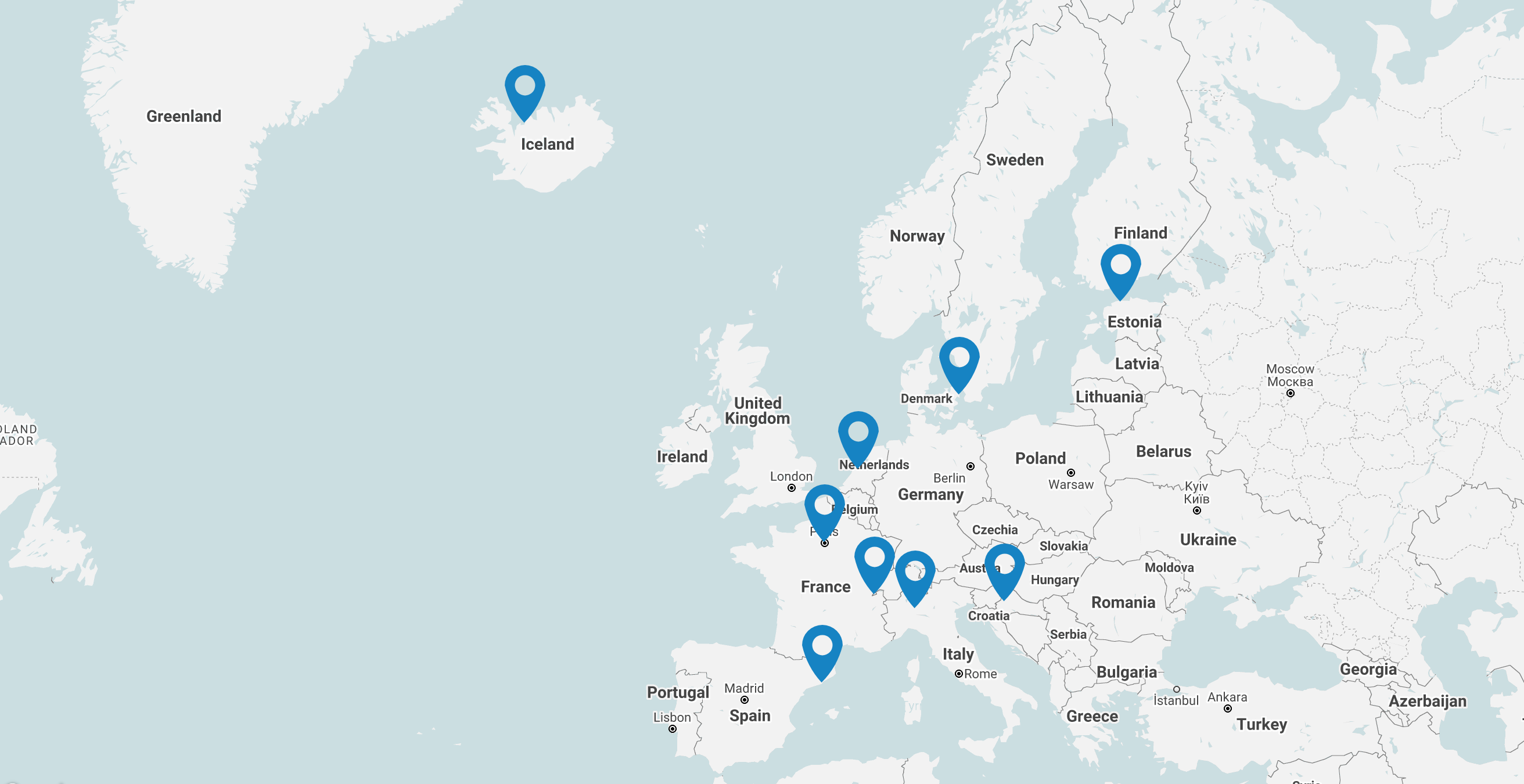BLOG
PRESS RELEASE
PRESS RELEASE
CENTRINNO project launches new outputs in its second anniversary
- The research project CENTRINNO (New CENTRalities in INdustrial areas as engines for inNOvation and urban transformation) turns 2 years old releasing new platforms and resources for cities to experiment
- Focused on the regeneration of historic industrial sites, its goal is to offer tangible solutions for their transformation as cultural landscapes to become new centres of inclusive entrepreneurship for citizens
- The 4 years project involves 9 cities and 25 partner organisations across Europe as part of Horizon 2020
- The project revolves around 5 core concepts, which are designed to create urban transformations: Circular Economy, Social Inclusion, Innovation, Vocational Training and Heritage
October 10, 2022
Reaching the two year landmark, the CENTRINNO project has generated a series of operative resources to facilitate transformation processes across historic areas. New online platforms, how-to guides and practical toolkits are now available as open source data for other cities that are willing or in the process to reconvert, revamp and revolutionise industrial sites in benefit of their citizens in a sustainable way.
Project Manager, Dr. Pietro L. Verga, highlights the overall achievements of the project: “In its first two years of implementation, CENTRINNO has achieved outstanding results and accomplishments on many levels. The proactive collaboration of all 25 partners in the co-creation of project outputs, and their dedication to project’s goals and objectives – further reinforced by collective moments of exchange and bonding during the past three full consortium meetings – consolidated an international, multidisciplinary group committed to the sustainable development of urban neighbourhoods.”
In this way, the research project offers several resources for cities to experiment in the regeneration of historic industrial areas such as the Cartography, one of the central infrastructures of the CENTRINNO project: centrinno-cartography.org. Aiming to support the project’s pilots to leverage local resources, skills and heritage towards a circular and inclusive urban economy, the Cartography is a blueprint for finding, mapping and connecting regeneration strategies in local neighbourhoods.
“Our pilots and Metabolic have been data detectives: Digging through online data portals, interviewing local stakeholders and researching circular opportunities based on identified skills, waste streams or natural resources. From local biochar production for industrial soil remediation in Paris to seaweed fibers in Blöndoús – hubs can play endless roles as engines for regenerative ecosystems”, explains Frenzi Ritter, Researcher at Metabolic. “Are we done yet? Most certainly not! We learnt that mapping urban ecosystems is an ongoing iterative and multidisciplinary journey.”
This infrastructure is iteratively developed and improved throughout the duration of the project. It is an outcome of ongoing work with the nine pilot teams involved. Each version (alpha, beta and final) is demonstrated in respective deliverables (D2.2, D2.4, D2.6) available under the Resources section of the website: centrinno.eu/resources.
Another new output ready to celebrate the two years landmark of the project is the Fab City Hub (FCH) Toolkit, a practical and living support, to understand and document the process and the fundamental steps that need to be undertaken to conceive, set up, and run FCHs as well as support the pilots in this process: toolkit.centrinno.eu. This outcome is also available under deliverables D3.2 Fab City Hubs Toolkit – Alpha Version.
The new living tool merges theoretical assumptions with real-world experimentation, from definitions and FAQ’s, to specific challenges and future contributions: “The action-research work in and with local communities, allowed cutting-edge advancements in the scientific conceptualisation of Fab City Hubs and in the assessment of their impact in urban contexts. These achievements positioned CENTRINNO as a model example of EU-funded innovative urban regeneration projects, showcased in several high-level international events, such as the World Urban Forum 11 in Katowice, Poland”, points out Dr. Pietro L. Verga as Project Manager.
Looking into the next and last two years of the project, CENTRINNO will continue its action-research with local pilots towards the consolidation of CENTRINNO Hubs, as well as the development of blueprints for the replication of the Fab City Hubs model in other cities across Europe and beyond.
Learn more about each pilot progress:
- Amsterdam: centrinno.eu/blog/co-creating-the-role-of-makership-in-a-circular-amsterdam-2050/
- Barcelona: centrinno.eu/blog/research-eu-project-impact-local-level-poblenou/
- Blönduós: centrinno.eu/blog/blonduos-pilot-circularity-textile-innovation/
- Copenhagen: centrinno.eu/blog/copenhagen-pilot-combining-urban-development-preserving-industrial-heritage/
- Geneva: centrinno.eu/blog/the-stepping-stones-for-community-building-in-the-zic-geneva/
- Milan: centrinno.eu/blog/redefining-milans-production-models/
- Paris: centrinno.eu/blog/how-to-gather-a-consistent-alternative-food-system-in-paris/
- Tallinn: centrinno.eu/blog/community-resilience-local-heritage-skillset-in-tallinn/
About CENTRINNO
With the industrial revolution, technology was introduced to society, creating significant economic benefits to regional and national economies. However, globalisation resulted in European cities losing a large volume of their manufacturing capacity, transitioning into a knowledge economy. As a consequence, manufacturing jobs have decreased and neglected industrial areas have fallen into decay. The EU-funded CENTRINNO project aims to develop and demonstrate strategies, approaches and solutions for the regeneration of industrial historic sites and areas as creative production and manufacturing hubs that stay true to the ecological challenges of our time. The areas will also boost a diverse, inclusive and innovative urban economy and use heritage as a catalyst for innovation and social inclusion.
Download full press release here.
For media inquiries please contact: [email protected]
Social media:
- Twitter: https://twitter.com/CentrinnoEU
- LinkedIn: https://www.linkedin.com/company/centrinnoeu
- Instagram: https://www.instagram.com/centrinnoeu/
- YouTube: https://www.youtube.com/channel/UCJwORKUrHyC9L7cgBTvAqnw
This project has received funding from the European Union’s Horizon 2020 Research and Innovation programme under grant agreement number 869595.

